Abrons Arts Center is a home for contemporary interdisciplinary arts in Manhattan’s Lower East Side. Abrons is situated within the Henry Street Settlement which was founded in 1893 to open doors of opportunity for Lower East Side (LES) residents and other New Yorkers through social services, arts, and health care programs. Abrons believes that access to the arts is essential for a thriving city. Through performances, exhibitions, education programs, and residencies, Abrons mobilizes communities with the transformative power of art.
Abrons Arts Center is a core program of the Henry Street Settlement, which hosted art classes as early as 1910 with founder Lillian Wald envisioning access to the arts as essential to a balanced and fulfilled life. Today Abrons Art Center—the Arts Division of Henry Street—is led by Ali Rosa-Salas, Vice President of Visual and Performing Arts. Abrons mobilizes communities with the transformative power of art and acts as a home for contemporary interdisciplinary artists on the LES. Abrons is a home for experimental artists to develop and showcase new work and for the larger community to celebrate the vibrant culture of the LES. Abrons’ programs include a celebrated performance and an exhibition season; AIRspace residency program that provides resources for artists to develop new work; and robust arts education programs, including free offerings for NYCHA public housing residents, public school-based classes, and embedded workshops for Henry Street’s social service clients. Abrons is uniquely able to act as both a cutting-edge experimental venue and a welcoming artistic home for its neighbors.
Jerome Foundation supports Henry Street Settlement/Abrons Arts Center’s Performance AIRspace Residency program. Abrons Arts Center’s Performance AIRspace Residency supports a cohort of 2 early career New York City-based performing artists for a project development residency over the course of 12 months, and production period the following year. Performance AIRspace residents are provided with a commission fee, marketing and publicity support, archival photo and video documentation, opportunities to build relationships and connect with colleagues, and premium access to studios and theaters for rehearsals towards the development of a live performance to be presented at Abrons Arts Center. The Performance AIRspace Residency is led by Ali Rosa-Salas, Producing Director Harry Poster, and Associate Producer Mary-Elizabeth Esquibel.
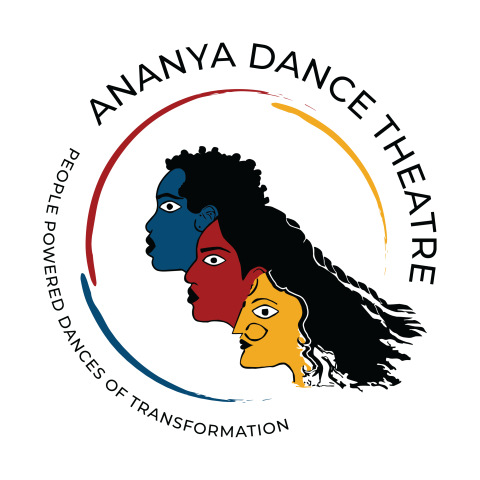
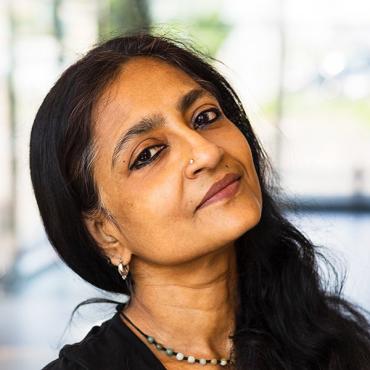
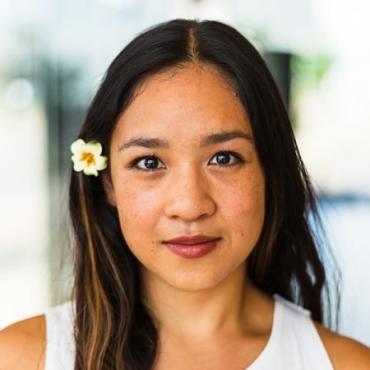
Ananya Dance Theatre creates original contemporary dance theater at the intersection of artistic excellence and social justice. Their work strives to dismantle hierarchies and to build liberation, inspired by the lives and dreams of BIPOC women and femmes around the globe.
Founded in 2005, and led by choreographer Ananya Chatterjea, Ananya Dance Theatre’s (ADT) community-based artistry unfolds through Yorchhā™, their devised contemporary dance language that reweaves techniques of traditional Odissi, the martial art Chhau, and Vinyasa Yoga in choreographic conversations that evoke feminine power and celebrate a feminist aesthetic. The alchemy created when Yorchhā™ meets their creative methodology of Shawngrām™ (“resistance” in Bangla) generates social justice choreography. Ananya Dance Theatre’s practice includes:
- devised concert stage productions
- workshops, classes, and dialogues with people from refugee, immigrant, Indigenous, Black, and of color communities, with a particular focus on building solidarities and healing
- participatory performances that invite audiences to embody possibilities of moving together, negotiating space, finding rhythm, and sharing humanity with people they might not know
With these three streams, Ananya Dance Theatre grows deep local roots with wide-reaching branches.
Jerome Foundation supports Ananya Dance Theatre’s NextGen Choreolab program. Six early career Minnesota-based BIPOC choreographers are selected by three local BIPOC curator-mentors—on a two-year cycle—to participate in NextGen Choreolab. Choreographers are invited to begin an entirely new work, with a stipend and 20 hours of free rehearsal space each at the Shawngrām Institute for Performance & Social Justice in Saint Paul. The program moves beyond Western concert dance curricula, and shares a compositional toolkit and nurtures sensibilities around coherent abstract structuring of movement. Participants receive a free intensive workshop on building one’s own process for creation; scheduled one-on-one time with curator-mentors to focus on individual creative process, goals, and communication; two “in progress” showings for mentors and cohort members; a final performance by the cohort for an invited audience; and video documentation of that presentation.
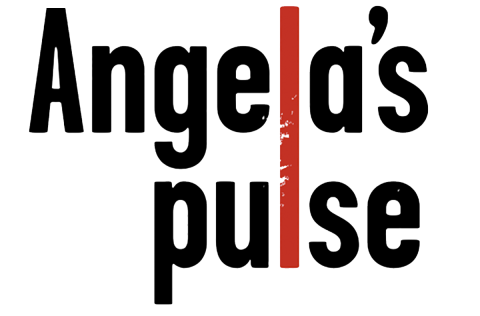
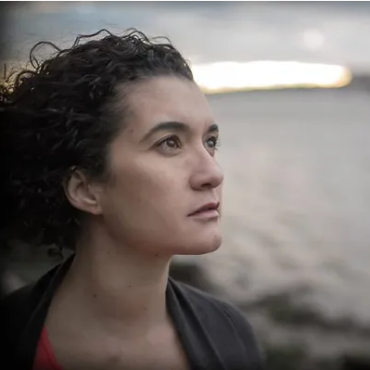
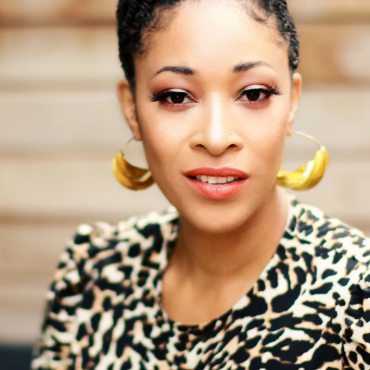
Angela’s Pulse nurtures innovation, collaboration, and community-building through performance platforms, facilitation consultancy, and leadership development programs. Angela’s Pulse centers Black stories, spaces, and people as a liberatory practice for all those we engage with—across generation, geography, race, and culture. Angela’s Pulse is an incubator, a womb space for visions to grow.
Co-founded in 2008 by Paloma and Patricia McGregor, Angela’s Pulse was named for their mother, Angela—an artist, teacher, and activist who continues to inspire their work. Angela’s Pulse has spent more than a decade nurturing communities through short-term engagements and longer-term partnerships. They convene and facilitate interdisciplinary communities across generations and geography in order to develop rich, relevant artistic work. Angela’s Pulse’s embodied methodologies for collaboration—including reading, writing, storytelling, drawing, and dancing—create vital and enduring connections between people, places, and visions. In 2012, Paloma McGregor founded Dancing While Black (DWB) as a platform for community-building, intergenerational exchange, and visibility among Black dance artists whose work does not fit neatly into boxes.
Jerome Foundation supports Angela’s Pulse’s Dancing While Black Fellowship program. Operating at the intersection of aesthetics and organizing, DWB supports six early career New York City-based choreographers per year. DWB centers the voices of Black dance artists, providing opportunities to self-determine the languages and lenses that define participating artists’ work. Fellows receive an honorarium and performance fee, free workshops with Black Master Teachers and former fellows, community meals, access to studio space to develop work, a professional development stipend, a produced showing, professional photos and video of their work, and access to a vibrant network of peers and mentors. Fellows also participate in monthly fellowship meetings—including the DWB cohort, Master Artists, and DWB Alumni—to share practices, ideas, challenges, visions, and work and attend performances and talks presented by Master Artists and practitioners. Since 2012, DWB has supported over 40 emerging Black artists as Fellows, incubated more than two dozen new works, published a landmark digital journal, and held countless intergenerational convenings for community members to share, connect, and simply be.

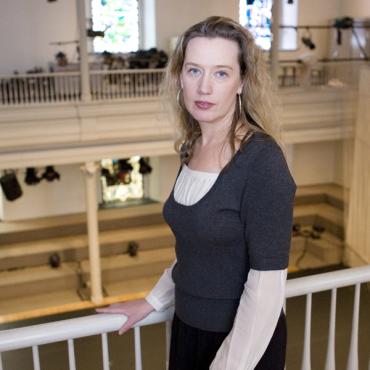
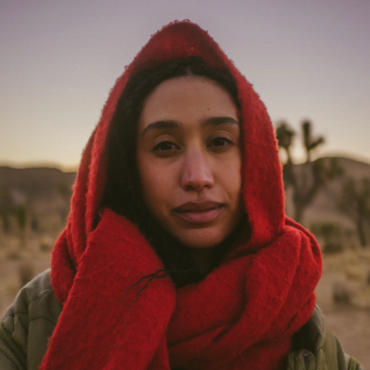
Danspace Project’s mission is to present new work in dance, support a diverse range of dance artists in developing work, encourage experimentation, and connect artists to audiences. Danspace values people (artists, audiences, those behind the scenes), equity, connection, inquiry, listening, and adaptability–all of which guides the organization to offer resources for artists, encourage collaboration and partnerships, and reach a diverse audience.
Founded in 1974 and led by Executive Director and Chief Curator Judy Hussie-Taylor since 2008, Danspace supports a vibrant contemporary dance community in St. Mark’s Church in the East Village with a range of activities, including presenting, commissioning, and residency programs; work-in-progress showings; public conversations between artists, curators, and scholars; contextualizing publications in print and online; and Platforms, a multi-week series featuring curatorially linked artists and themes. Located in the historic St. Mark’s Church in-the-Bowery for 50 years, Danspace Project supports a vital community of contemporary dance artists in a unique environment. Through performances, residencies, Platforms, and the Center for Dialogue and Exchange for the Arts (CDEA), Danspace facilitates intergenerational exchange in their programs, nurturing early career artists as the next generation of change-makers while welcoming back established artists who launched their careers at Danspace.
Jerome Foundation supports Danspace Project’s Commissioning Initiative program. Danspace commissions 3–6 early career New York City-based choreographers and movement-based artists each year to create, develop, and ultimately present new work. Each artist receives a commissioning fee along with two or more weeks to develop work in the space, as well as a presentation opportunity in Danspace’s season. Additional resources provided to commissioned artists include:
- rehearsal space as available
- a week-long creative & production residency preceding their presentation week
- full production and lighting design support to realize their work
- curatorial, administrative, marketing, and technical support from staff
- access to a broad network of artists and arts workers connected to Danspace
Judy Hussie-Taylor and Seta Morton provide curatorial leadership for the Commissioning Initiative.
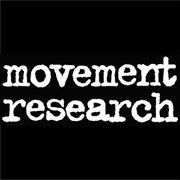
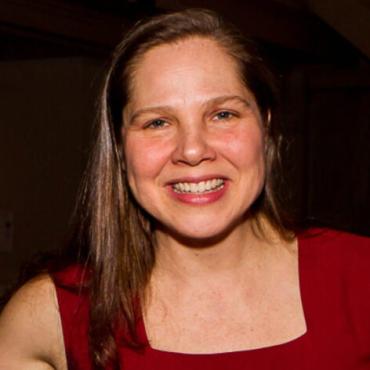
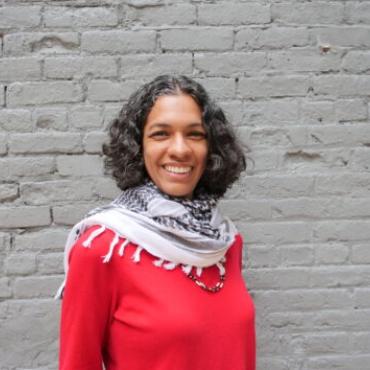
Valuing the individual artist, their creative process, and their vital role within society, Movement Research (MR) is dedicated to the creation and implementation of free and low-cost programs that nurture and instigate discourse and experimentation. MR strives to reflect the cultural, political, and economic diversity of its moving community, including artists and audiences alike.
Movement Research was founded in 1978 as the School for Movement Research and Construction and has been hosting performances and workshops at Judson Memorial Church since 1991. In its long history, the organization has prioritized giving space to artists for rehearsing, developing, and investigating—rather than presenting and producing—their work. Many of the founders of MR were participants in Judson Dance Theater and the work that followed; artists who performed in its first public performance in 1979 include Trisha Brown, David Gordon, Valda Setterfield, and Douglas Dunn. Now based in the 122 Cultural Center and led by Barbara Bryan, MR is one of the world's leading laboratories for the investigation of dance and movement-based forms. MR offers classes, workshops, and events, including Movement Research at the Judson Church. MR also provides artist residencies, year-round internship and performance opportunities, subsidized rehearsal space, international artist exchanges, and a teaching-artist program with New York City public schools. Additionally, MR produces two publications: the Movement Research Performance Journal, and Critical Correspondence.
Jerome Foundation supports Movement Research’s Artist-in-Residence (AIR) program. Annually supporting 7–8 early career New York City-based choreographers, performing artists, interdisciplinary artists, and movement artists’ engagement in creative research, investigation, and experimentation—without the requirement and pressure to create a final product—MR’s AIR program is flexible and is customized in collaboration with the participating artists, to best serve each artist’s interests, needs, and schedules. The MR AIR Residency provides early career generative dance artists with support through residency fees, free rehearsal space, professional development, national and international exchange opportunities, and other formats for investigative discourse to NYC-based early artists to support their creative process in a supported and constructive environment. AIRs also have the opportunity to present work-in-process in the Movement Research at the Judson Church program, a low-tech and high-profile program that is in great demand by artists and audiences. The AIR program is managed by Director of Artist Programs, Marýa Wethers.
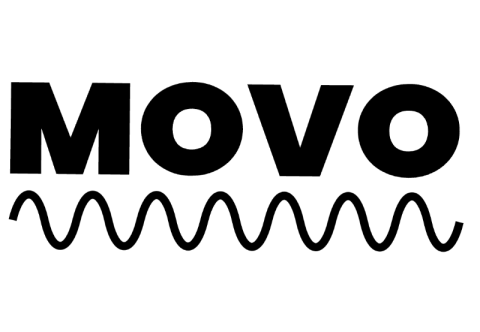
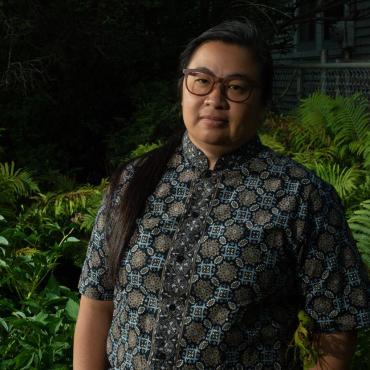
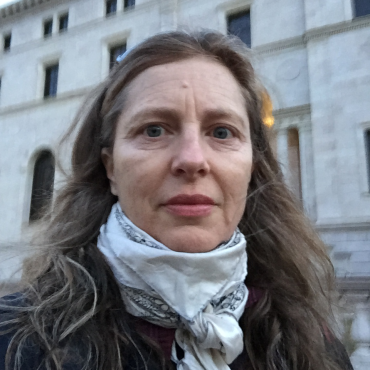
MOVO Space (“MOVO”) is a practice and performance incubator space supporting Twin Cities dance and movement ecologies. MOVO supports the practice, process and inquiry of dance and performance makers, particularly LGBTQIA+ and BIPOC dance and movement makers of many abilities, as well as under-represented voices in the community. MOVO fosters a relationship to dance and movement that expands and pushes against dominant definitions in our field by approaching dance and movement as practice-in-continuum, as integrative, intergenerational permaculture.
MOVO was founded and co-led by Valerie Oliveiro and Morgan Thorson, both queer artists and committed performance makers, dancers, and choreographers who have a combined 35 years of performance, creation, management, and experience, both nationally and internationally. MOVO began from a desire for an artistic home amidst the shuttering of BIPOC- and Queer-centered venues and spaces in the Twin Cities. MOVO prioritizes sustainable practice for bodies, spirits, and energies, offering each artist permission to question the systems and dynamics in the field that signal them to turn away or towards themselves. MOVO proposes that the container that defines dance is infinitely varied and self-defined—that an artist’s practice is whatever they decide to include into their creative container. MOVO affirms that the creative process is non-linear and inquiry may not be held in a single project. MOVO believes that artists of all experiences have a lot to offer each other.
Jerome Foundation supports a range of MOVO’s development programs, initiatives, and entry points for early career Minnesota-based choreographers and movement-based performing artists, including Major Maintenance, Alt/Pedagogies, and MOVO Show programs.
- Major Maintenance is an open-ended space grant for BIPOC and/or LGBTQIA+ artists for one year to develop new work
- Alt/Pedagogies offers research time and a stipend for artists to delve into their own pedagogies and create a response for the field outside of dominant/normative structures
- MOVO Show is a biennial event for community work sharing, including 25 hours of rehearsal space for participants
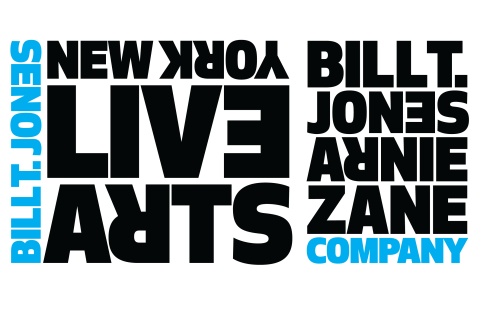
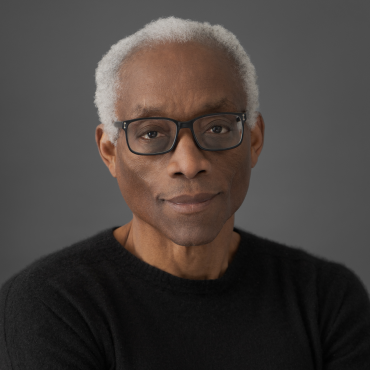
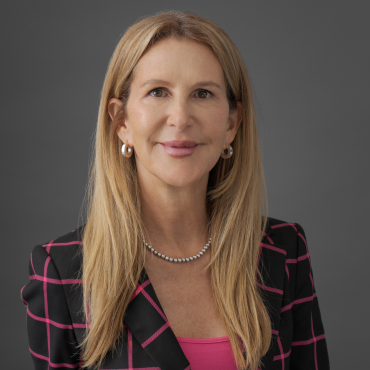
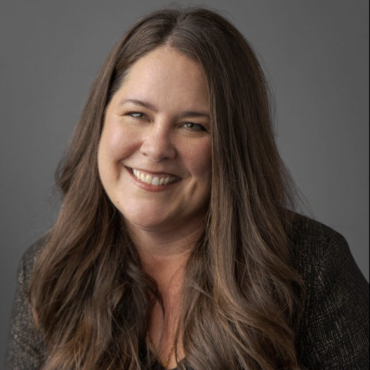
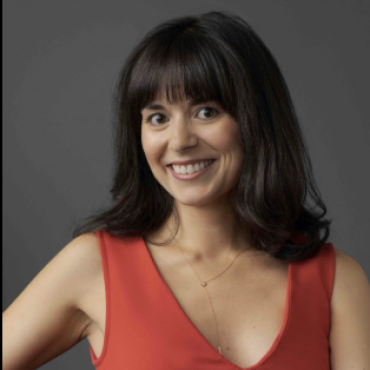
New York Live Arts (Live Arts), led by the visionary Bill T. Jones, collaborates with boundary-pushing artists, advocates for their vision, and fortifies a creative future. Live Arts is a home for bold, inclusive art that is vital to local, national, and international communities. Through live performances, new work creation, and civic engagement, Live Arts advocates for art that is both relevant and essential in today’s world.
Founded in 2011 through the merger of Dance Theater Workshop and the Bill T. Jones/Arnie Zane Dance Company, Live Arts builds on the legacies of these organizations and concentrates on the creation of new work to expand the contemporary American dance repertory. Located in the heart of Chelsea, New York City, Live Arts is an internationally recognized destination for innovative, movement-based artistry, offering audiences access to groundbreaking work that is conceptually rigorous, formally experimental, and deeply engaged with the social and cultural issues of our time. Live Arts commissions, produces, and presents performances in its theater and studio spaces, and serves as the home for the Bill T. Jones/Arnie Zane Company. Live Arts offers a wide range of participatory programs for both adults and youth, and supports the professional development of artists at all stages of their careers.
Jerome Foundation supports Live Arts’ Fresh Tracks program. A cornerstone initiative for emerging artists since 1965, this one-year residency provides early-career movement-based artists with mentorship, space, and resources to create new work. Participants receive a commissioning fee, a fully produced group show, access to professional production resources, and workshops focused on press and publicity, fundraising, and financial literacy. Artists in the Fresh Tracks program also gain access to Live Core, Live Arts' fiscal sponsorship program, which offers invaluable financial support and resources during the residency and for one year following it. This extended support ensures that artists have the tools and guidance to sustain their practices, grow their careers, and thrive in a field where resources are limited. The Fresh Tracks program, which has helped to launch the careers of numerous artists, is guided by Artistic Director Bill T. Jones, Associate Artistic Director Janet Wong, and a dedicated advisor, all of whom provide ongoing mentorship and leadership to each participating artist.
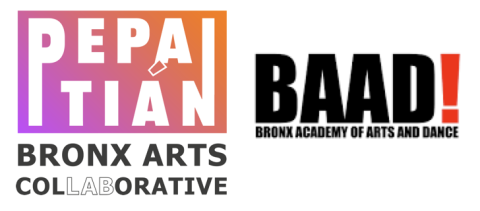
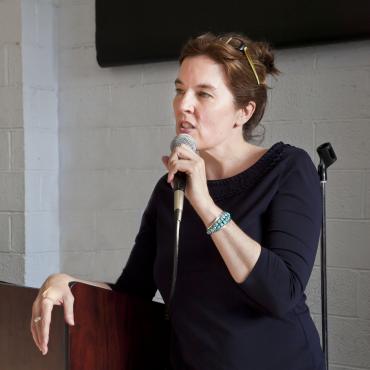
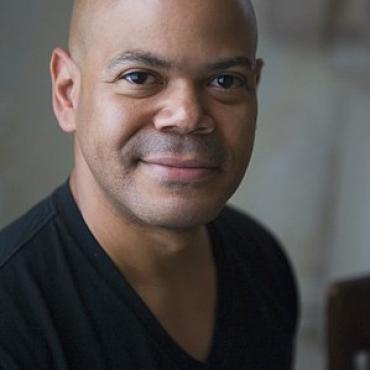
PEPATIÁN: Bronx Arts ColLABorative is a 40-year-old+ South Bronx-based non-profit organization dedicated to creating, producing and supporting contemporary multi-disciplinary art by Latiné/Latinx and Bronx-based artists. BAAD! Bronx Academy of Arts and Dance creates, produces, presents, and supports the development of cutting-edge and challenging works in contemporary dance and all creative disciplines that are empowering to women, Latinos and people of color, and the LGBTQ+ (lesbian, gay, bisexual, transgender, and queer) community.
Pepatián and BAAD! share a dedication to the Bronx, and both organizations work in service and out of a deep love for The Bronx, a powerful creative incubator with dance practices sourced from a rich multiplicity of legacies. This unique collaboration is a powerful source that supports this residency.
- Pepatián was originally founded by visual artist and MacArthur Fellow Pepón Osorio, choreographer Merián Soto, and dance and puppet theater maker Patti Bradshaw as an artists’ collective in 1983. Pepatián strives to encourage audience understanding and appreciation of the diversity of contemporary Latiné arts in NYC, across the US, and internationally, but feels a special commitment to its home base in the South Bronx. Jane Gabriels, Ph.D. began working at Pepatián in 1999, and in 2018, Pepatián created a new model of collaborative leadership with Co-Director/Consultants Caridad De La Luz/La Bruja, Dr. Gabriels, and Ana “Rokafella” Garcia.
- BAAD! is an intimate performance and workshop space founded in 1998 by award-winning dancer/choreographer Arthur Aviles and writer/activist Charles Rice-González. Every year, BAAD! welcomes thousands of attendees from New York City, specifically from the Bronx, to five annual festivals and a select number of special events, including public conversations and performance series. BAAD! brings a queer and dissident perspective to the socio-political dialogue and culture of their neighborhood, borough, and city through first-rate art. Through partnerships with other community-based organizations, grassroots organizing projects, and programming BAAD! gives voice to artists from underrepresented demographics and aids in dismantling paradigms of injustice such as sexism, racism, and homophobia in the Bronx and beyond.
Jerome Foundation supports Pepatián and BAAD!’s Dancing Futures Residency program. Dancing Futures supports early career New York City-based generative dance artists to create new performance work and also strengthens The Bronx as a creative home for dance and performance practices. Annually, three artists are selected from an open call to receive artist fees as well as additional resources, including access to free rehearsal space for up to 100 hours; mentorship; performance opportunities with technical and production support, documentation, and post-performance audience talkback facilitator; invitation to showcase at Pepatián’s annual APAP event for presenters and funders; professional development workshops and/or other support the artist feels would best support their practice; peer-to-peer engagement; and professionally copyedited and designed published booklets. An ancillary program offers another small group of artists—who apply and who are not selected for the residency—with peer support, artist fees, and access to free rehearsal space. Many residency alumni continue to participate in the program as members of the selection committee, residency coordinators/consultants, and/or co-curators.

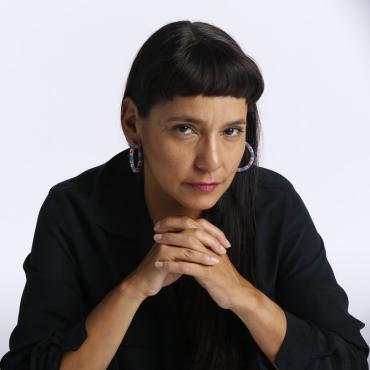
Native transdisciplinary and dance artist Rosy Simas (Seneca, Heron clan) founded Rosy Simas Danse (RSD) in 2012 to support the creation and presentation of Native contemporary dance and art.
Rosy Simas Danse’s primary commitment is to create and present innovative, contemporary Native art that connects artists and audiences. RSD makes visible the work of Native artists locally, nationally, and internationally to shift the global view of how Native people are seen and demonstrate that Native artists are contemporary, groundbreaking artists who bring critical Indigenous worldviews to all fields of the arts.
RSD presents and tours work to audiences across Turtle Island and networks with community arts organizations and national institutions to create critical connections, fostering artist and audience development. Under the Artistic Director’s direction, RSD creates installation, performance, and community engagement activities (open rehearsals, workshops, dialogue, cultural exchanges, and community gatherings around meals) in Mni Sota Makoce.
In 2021, RSD expanded its programming to ensure that Native and BIPOC artists, disproportionately affected by COVID-19, social uprising, and divisive politics, had a safe space to create. RSD opened three thirty one space in the Northrup King Building and began offering artist residencies.
Jerome Foundation supports Rosy Simas Danse’s Artist in Residence program. Over 24 months, six early-career Minnesota-based Native and BIPOC generative dance, transdisciplinary, multidisciplinary artists receive 24/7 access to studio space for 2-4 weeks and individualized support, which includes scheduling events, hiring consultants, artistic feedback, design feedback and support, development, writing, and work sample support, and skill-building support using software and equipment such as Qlab, A/V & lighting equipment. Participants also receive an artist fee, and stipends to support documentation, nutrition, accessibility, supplies, and technical consultation.
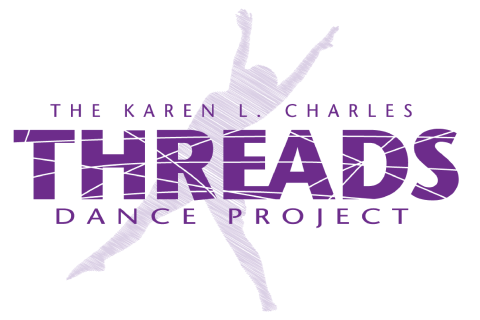
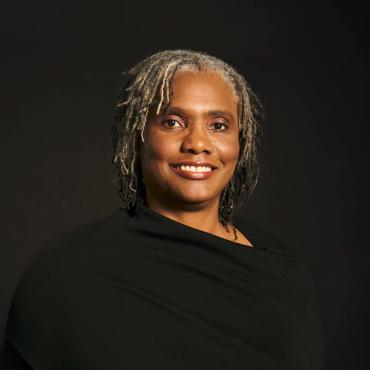
Threads Dance Project was founded with the mission to examine, expose, and celebrate the threads that connect us. Threads believes that dance is the most direct means to communicate truth, no matter how difficult or mundane. Threads’ mission is grounded in the belief that at our core, all humans want and deserve love, respect, and positive connection to others.
Founded in 2011 by choreographer and educator Karen L. Charles, Threads Dance Project is a dance organization that produces performances, community programs, dance training, and distributes resources through creative and employment opportunities for dance artists. Threads’ mission drives the organization’s culture and programming. At their community home, Threads Dance Nexus, they have created a space where the diverse community can learn dance, experience dance, create dance, and connect to dance. Threads does this through their holistically based Nex/Gen-Youth Dance Project offerings and via workshops and classes for adults to connect movement to wellbeing, joy, and technical excellence. Threads’ programming aims to eradicate societal inequities by providing discounted rentals to BIPOC creators and arts organizations looking for space to move; providing need-based scholarships to youth desiring to participate in programs; and through their Tapestries Emerging Choreographer Program. Threads amplifies the experiences of marginalized groups through dance by sharing “human justice” stories—stories showing the universal complexity of humanity. Threads increases access to power and further progress towards a more equitable and just society by sharing these stories with the broadest possible audience and connecting underserved artists to existing institutions.
Jerome Foundation supports Threads Dance Project’s Tapestries program. Tapestries is a professional commissioning program for early-career Minnesota-based choreographers with a special emphasis on BIPOC and female-identifying choreographers. The program’s goal is to increase the diversity of voices creating in the dance performance space both locally and nationally. Over five months, three choreographers receive a commissioning fee and full production support for the development of their work, including access to a costume designer and lighting designer. During their residency, artists work with Threads’ company of professional dancers to develop a new work. This is a unique opportunity for choreographers to develop an ensemble work with an established dance company. Artists receive mentorship and guidance from Threads’ Executive/Artistic Director, Karen Charles, and engage in feedback exchange with the other artists in their cohort.

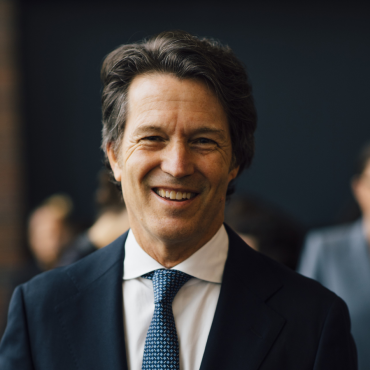
The Walker Art Center empowers people to experience the transformative possibilities of the art and ideas of our time and to imagine the world in new ways. The Walker’s vision is to be a hub for experimental and imaginative forms of artistic expression, a site for cultural production, and a welcoming forum for engaging critical issues through art at local, national, and international levels.
The Walker Art Center is both a global leader in the contemporary art field and a cultural anchor in the Twin Cities. The Walker presents, collects, and supports the creation of groundbreaking work across the visual and performing arts, moving image, and design. Originally a visual art museum, the Walker became a multidisciplinary art center in the 1940s and has actively supported contemporary performance since the 1960s. In 1970, the Walker was one of the first art centers in the world to fully establish a separate curatorial department and production staff dedicated to contemporary performing arts and helped establish now-common national practices, such as commissioning work from leading artists and providing artistic and developmental residencies. With one of the most active contemporary performing arts programs in the United States—led by Director and Senior Curator Phillip Bither—the Walker is known internationally for presenting boundary-breaking work by global, national, and Minnesota-based performing artists. At the heart of the relationship between the Twin Cities dance community and the Walker is its annual Choreographers’ Evening. Beginning in 1971 as a showcase of work by independent choreographers, the program has featured the work of over 900 artists—many of whom have been early career artists—across its 50-year history.
Jerome Foundation supports Walker Arts Center’s Choreographers’ Evening program. Choreographers’ Evening offers early career Minnesota-based choreographers the opportunity to show a professionally produced presentation to a large audience, learn from seasoned Walker staff and technicians, and build community with other artists at various stages in their careers. A guest curator is invited annually and typically selects roughly 4–6 early career choreographers to be part of the cohort for Choreographers’ Evening. Over four months of activity leading up to performances, the development cycle for participating artists includes auditions, photo shoots, rehearsals, studio visits, fully supported tech in the theater, professional video documentation, and performances. Early career artists also have the opportunity to meet individually with the guest curator and with Walker Performing Arts staff for feedback and guidance.
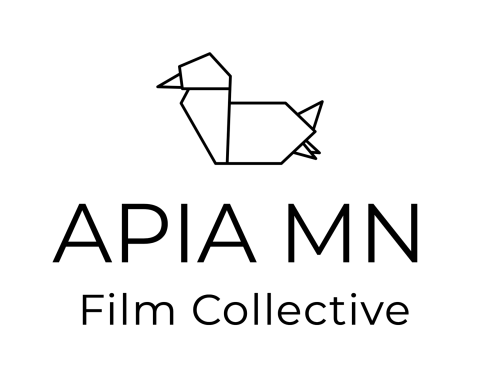
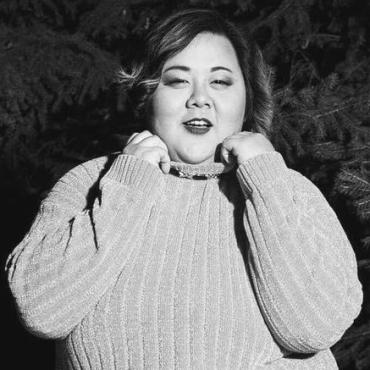
The Asian Pacific Islander American (APIA) Minnesotan Film Collective is an award-winning initiative to create, promote, and empower underrepresented and low-income filmmakers in Minnesota. APIA MN Film Collective builds their community’s artistic and economic vitality through filmmaking by providing free programs throughout the Twin Cities.
Founded by filmmaking artists Naomi Ko and Kazua Melissa Vang in 2018 to create space and opportunities for the APIA filmmaking community in Minnesota, APIA Minnesotan Film Collective trains filmmakers, provides arts learning opportunities, and grant funds to filmmakers so they can produce their original narrative fiction work. APIA Minnesotan Film Collective’s mission is the EMPOWER and EQUIP filmmakers to tell their unique, entertaining, and powerful stories. Since 2018, 26 short films and episodic projects have been shot and filmed in Minnesota by collective members. APIA MN Film Collective has also provided free workshops and mentorship on grant writing, which has led to individual filmmaking artists winning over $200,000 to support their work.
Jerome Foundation supports APIA MN Film Collective’s Directors Lab program. Each year, two early career Minnesota-based directors are selected to direct and produce a scene from a short film script—one that they developed from the Short Film Lab or from a short film script they wrote—with a full crew, cast, and on location. Artists receive mentorship from teaching artists before, during, and after production, peer-to-peer engagement to provide feedback on projects and process, access to space, and critical response on their project from the selection committee. Selected directors also receive specific mentorship from their assigned teaching artist before and after in-person sessions, and critical response from their peers and mentors during the lab.

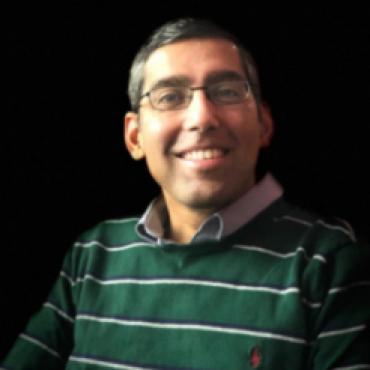
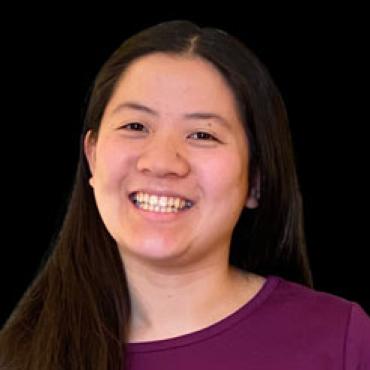
AXS Lab is dedicated to serving people living with disabilities through media and technology. AXS Lab is a social enterprise that is building a coalition of individuals and organizations to boost the movement for inclusion and accessibility. By creating films and new media, building technology, and supporting creators living with disabilities, AXS Lab broadens the definition of accessibility and advocates for real inclusion globally. AXS Lab is an organization majority run by people living with disabilities, for people living with disabilities.
Started in 2008 as a way for AXS Lab founder Jason DaSilva to document the impact of being diagnosed with Primary Progressive Multiple Sclerosis, AXS Lab’s first project, When I Walk went on to achieve critical success in film festivals worldwide and garnered an Emmy Award for Outstanding Informational Programming Long Form. DaSilva realized there was a need to shift AXS Lab’s focus beyond filmmaking, stating: “I know what it is like to lose your independence, and the social isolation people face when dealing with accessibility. I started AXS Lab with the responsibility to carry the torch for a movement for disability rights, and AXS Lab will continue to tell these stories that were once on the fringes of society.” AXS Lab’s work today focuses on how to use media and technology to advocate for people with disabilities worldwide. AXS Lab is a contributor to the New York Times and produces films that speak to the underlying disability crisis in America.
Jerome Foundation supports the AXS Film Fund program. Through the work of the AXS Film Fund, AXS Lab remains committed to generating equitable opportunities for creative work by people living with disabilities, particularly those of color, and increasing representation on screen and behind the scenes. AXS Film Fund annually supports 3-5 creators, two of whom are an early-career New York City or Minnesota-based artist of color who identifies as living with disabilities. Participants receive a grant, and an eight-month mentorship. The early-career artist additionally receives a one-year IDA DocMaker membership, and a professional development stipend to be used for costs associated with enrolling and attending career development opportunities such as filmmaking workshops, residencies, or attending networking events. AXS Film Fund is led by Program Director Naomi Middleton.
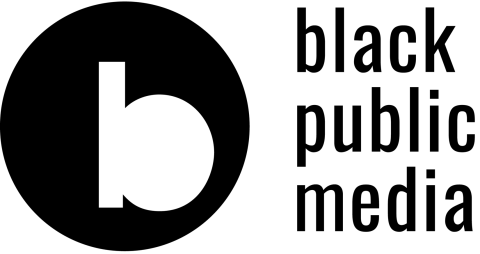
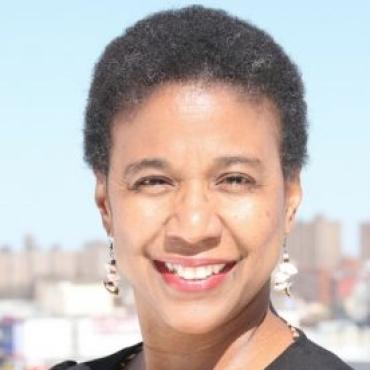
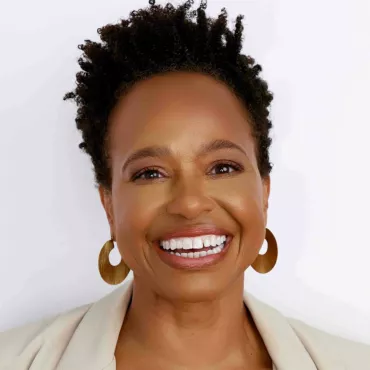
Black Public Media (BPM) supports the development of visionary content creators and distributes stories about the global Black experience to inspire a more equitable and inclusive future. BPM envisions a future in which Black people, Black stories, and Black voices are fully represented in every sector of the media landscape, including ownership, management, production, distribution, and engagement. BPM develops, produces, and funds documentary and immersive media content about the African American and global Black experience and distributes it through public media networks like PBS.
Black Public Media was founded as the National Black Programming Consortium in Columbus, Ohio in 1979. In 2000, NBPC relocated to Harlem, New York and in 2018, they rebranded as Black Public Media. Today, BPM is led by Executive Director Leslie Fields-Cruz and pursues its mission through: program distribution in partnership with various PBS series and through their signature series AfroPoP: The Ultimate Cultural Exchange; project development, providing funding for projects at critical stages of research and development, production and post-production—including PitchBLACK Forum and BPM Open Call—and talent development, offering professional development workshops and training; mentorships and fellowships to strengthen the pipeline of Black content creators such as 360 Incubator+. The BPMplus program provides professional development and project support to Black creative technologists producing immersive content–virtual/augmented reality (VR/XR) and artificial intelligence (AI).
Jerome Foundation supports Black Public Media’s BPM Emerging Media Artist program. Two early career New York City or Minnesota-based filmmakers and creative technologists participate in this program over the course of a year. Each artist receives a grant to use for their projects and/or to pay themselves while working on their project. Additional resources offered include mentoring, production support, WeWork membership, access to workspace, professional development through participation in BPM’s Bootcamp Retreat, participation in the Carson Center residency program (where Fellows have access to the Center’s workspace and immersive media equipment), and the opportunity to participate in BPM+ post-retreat workshops. The program is led by Denise Green, Director of Programs, and Lisa Osborne, Director of Emerging Media.
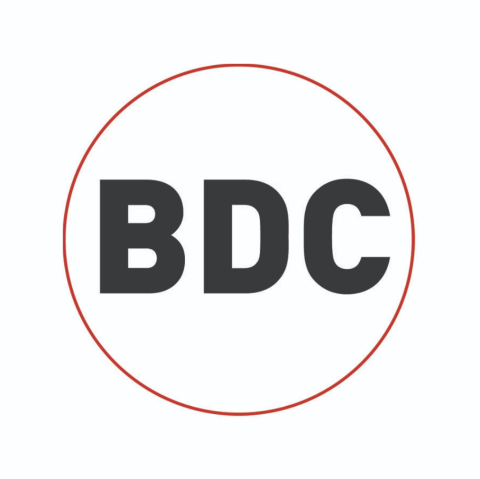
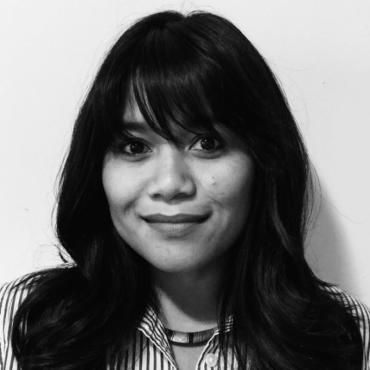
The Bronx Documentary Center (BDC) uses community-based documentary practice and education to explore vital issues, stimulate critical thought, and drive social change. Through exhibitions, screenings, and public programming, BDC shows the work of internationally renowned and emerging photographers and filmmakers who are dealing with the themes that guide BDC: justice, education, community-building, and positive social change.
The Bronx Documentary Center was founded in 2011 by photographer Michael Kamber, with a dream of creating an educational space that would provide the South Bronx with much-needed access and exposure to high-quality documentary work. Kamber purchased an abandoned landmarked building and partnered with arts administrator and co-founder Danielle Jackson to turn the building’s 1,000-square-foot storefront into the BDC’s permanent home. By carving out a unique arts space, BDC seeks to encourage Bronx residents to participate in the vibrant culture of Melrose and beyond. Currently led by Executive Director Den Quinsay, with Kamber as Creative Director, in addition to exhibitions, screenings, and public programs, BDC provides free education programs for middle and high school students as well as professional education workshops for historically underrepresented adult Bronx-based photographers in photojournalism, filmmaking, and documentary photography. BDC’s programming is robust, with over 80 major exhibitions and hundreds of public programs, including film screenings, lectures, workshops, free guided exhibition tours for over 5,000 students, and community-based service projects for South Bronx residents. BDC is particularly proud that over 70% of its visitors and participants come from the Bronx.
Jerome Foundation supports Bronx Documentary Center’s BDC Films program. Led by Shweta Gulati, BDC Films provides 4-8 early career New York City-based filmmakers with a year-long fellowship during which Fellows complete a short documentary film. Each Fellow is given the tools and training to develop skills, tell stories, and gain professional opportunities in the media industry. The program includes artistic and technical training, mentorship, opportunities to share work, and participation in a cohesive artistic work community. Every participant receives a stipend, as well as access to co-working and shared studio space at BDC, access to BDC’s filmmaking equipment and video editing suite, weekly documentary filmmaking courses, monthly professional developmental workshops, and the opportunity to present their work to a wider audience through mid-year and end of year public presentations.

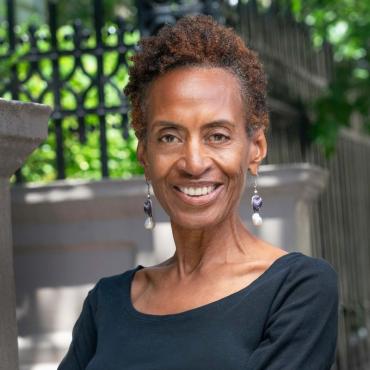
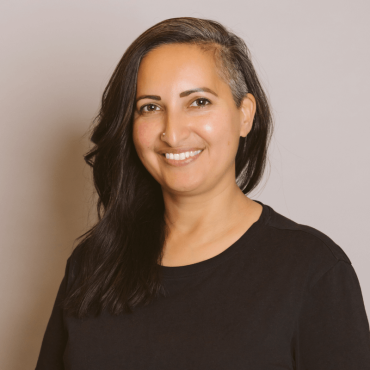
Firelight Media’s mission is to support the creation, distribution, and impact of documentary media by and about communities of color in all their vibrance and complexity. By providing filmmakers mentorship, funding, and creative development, Firelight Media seeks to advance the art of nonfiction storytelling to realize a more just and beautiful world. Firelight Media envisions a world in which filmmakers, artists, and storytellers of color have abundant resources and opportunities to shape and define culture through their own images.
Over more than a century, the collective work of documentary storytelling by people of color has created new visual languages, moved the arc of history toward justice, inspired audiences, and, ultimately, created a new canon of BIPOC cinema. Yet, in the larger documentary field, BIPOC filmmakers still struggle to find artistic and financial resources to tell their stories. Firelight Media meets this challenge by supporting, resourcing, and advocating on behalf of filmmakers of color. Firelight Media was co-founded by filmmaker and MacArthur “genius” Stanley Nelson and philanthropy executive Marcia Smith in 2000. Firelight Media’s programs have grown to provide artistic and financial support to documentary filmmakers at various stages of their careers through a growing range of fellowship, grantmaking, and production programs. Current programs include the Documentary Lab; William Greaves Research & Development Fund; Frontline/Firelight Fellowship; Groundwork Regional Lab; Homegrown Shorts (partnership with PBS Digital Studios) and In The Making Shorts (partnership with PBS’ American Masters); PBS/Firelight William Greaves Production Fund; Spark Fund; Impact Campaign Fund; and Beyond Resilience.
Jerome Foundation supports Firelight Media’s Documentary Lab program. The Firelight Documentary Lab was created to build supportive infrastructure around early career filmmakers of color so important projects could be developed, produced, and distributed. Led by Lucy Mukerjee, this 18-month fellowship supports 4 early career New York City-based BIPOC filmmakers working on their first or second feature-length documentary with direct funding, customized mentorship from prominent leaders in the nonfiction film industry, professional development retreats, and networking opportunities. Now Firelight Media’s longest-running artist program, the Firelight Documentary Lab has grown over the past decade into a robust artist development initiative that has awarded over $1 million to over a hundred filmmakers, many of whom have completed their films and have gone on to secure distribution agreements.
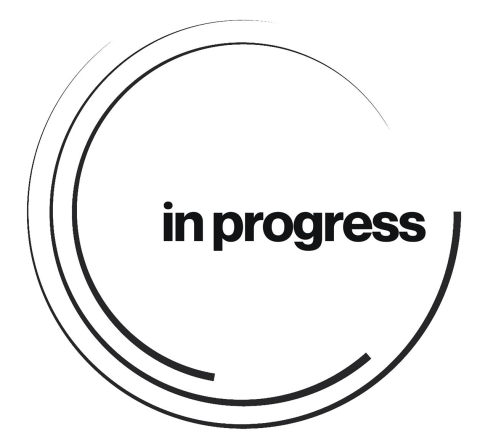
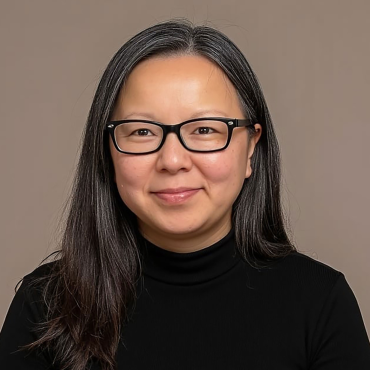
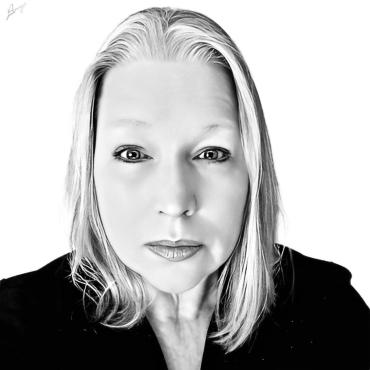
In Progress is a non-profit organization with a purpose to pave the way for new voices in the field of digital art making. Their purpose is to diversify cultural dialogue by supporting artists in telling their own stories through three art forms–video, photography, and music. In Progress believes that everyone should have access to quality arts programming regardless of their location, cultural background, or economic status.
In Progress was established in 1996 with the purpose of paving the way for new voices in the field of digital media. Now led by Board Chair Sai Thao and Executive Director Kristine Sorensen, In Progress currently represents a broad network of artists committed to sharing stories, honoring diversity, and strengthening communities through the arts. In Progress provides specialized workshops, events, and mentorships throughout the state in Minnesota. Activities are designed to inspire creativity, responsibility, and leadership among artists. In Progress places specific emphasis on long-term mentorships that begin at an early age and extend into adulthood. Committed to equity and inclusion since its establishment in 1996, In Progress offers free access to creative production tools, spaces, and mentorship for artists who are low-income and from diverse ethnic backgrounds, with a focus on supporting new voices in digital art making. In Progress maintains two studio spaces in the north-end neighborhood of St. Paul and Crookston, MN. All spaces are for direct services use; artists can access the spaces and equipment to visit and create.
Jerome Foundation supports In Progress’ Convergence program. Convergence is a professional development program for early career Minnesota-based filmmakers. Supporting three filmmakers over two years, artists receive an artist stipend, a mentor pairing with an experienced mid-career artist, and access to professional cinema cameras, lighting and sound equipment, and creative production spaces, meeting rooms, and professional post-production facilities—all at no cost. Participants also receive individualized guidance in goal setting, peer-to-peer engagement to share knowledge and expand professional connections, and specialty skill training workshops based on needs identified by the artists. The program culminates with an opportunity for the cohort to share their film/video work publicly through hosted In Progress events.

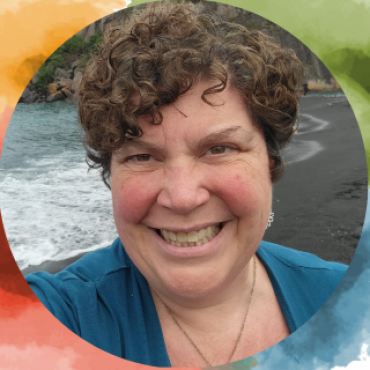
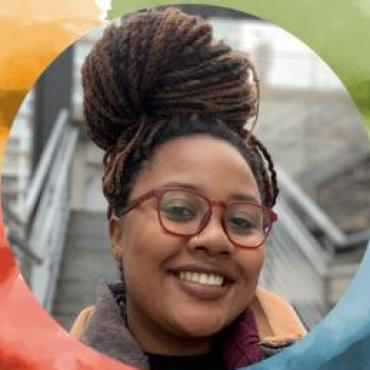
SPNN’s mission is to empower people to use media and communications to make better lives, use authentic voice, and build common understanding. The stories we see in mass media impact the beliefs, ideas, and values that shape the way our world operates. Too often, the dominant narrative is controlled by those with money and access because they have the tools and resources to disseminate a story. SPNN believes that everyone should have access to the tools and resources to create media.
Since 1984, SPNN has created intentional media programming for the Twin Cities with a focus on BIPOC and LGBTQ+ communities. Currently led by Interim Executive Director Bonnie Schumacher, SPNN staff provide programs and classes to help youth and adults learn media-making and storytelling skills and SPNN’s cable channels and social media are a platform to share those stories with local communities. SPNN’s cohort-based documentary programs provide access to industry-standard tools and training for filmmakers and media artists with beginning through advanced skills. SPNN’s Community Technology Empowerment Project (CTEP) AmeriCorps program places up to 35 AmeriCorps members throughout the Twin Cities in nonprofits, libraries, and workforce centers to teach basic digital literacy and job search skills. SPNN also partners with other organizations to create video content in the field and in their on-site television studio to cover local events and provide valuable civic content.
Jerome Foundation supports St. Paul Neighborhood Network’s New Angle Fellows program. Six early career Minnesota-based documentary filmmakers, creating their own work and hoping to get to the next step in their filmmaking journey, have the opportunity to learn skills and knowledge from more advanced filmmakers and gain support from one another. The program runs for seven months, with the cohort meeting twice per month. Once each month, a visiting artist comes in to talk about cinematography, pitching, budgets, and grants, or the group takes a field trip. Fellows also receive a stipend to support them in producing their documentary and access to SPNN equipment with the goal of completing a strong sample of their film. At the end of the program artists attend the final pitch screening where they pitch their film to the community and show their sample. Za’Nia Coleman, Program Specialist, manages this program.
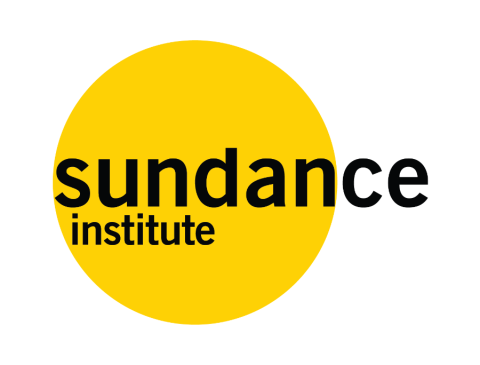
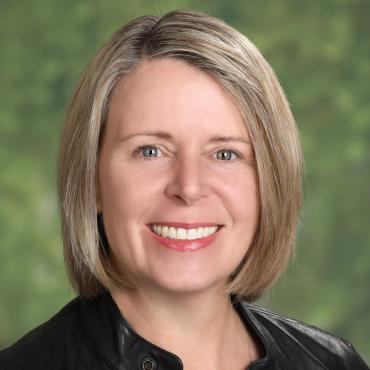
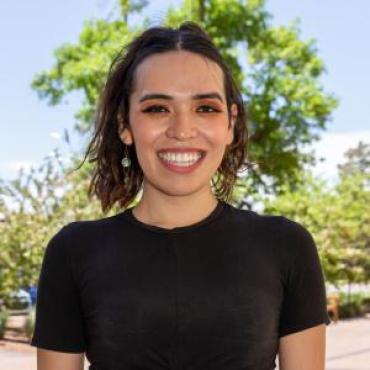
The Sundance Institute is a nonprofit organization dedicated to the discovery and development of independent artists and audiences. Through its programs, the Institute seeks to discover, support, and inspire independent film and media artists from the United States and around the world, and to introduce audiences to their new work.
Robert Redford founded the Institute in 1981 to foster independence, risk-taking, and new voices in film. That year, 10 emerging filmmakers were invited to the Sundance Resort in the mountains of Utah, where they worked with leading writers, directors, and actors to develop their original independent projects. Today, the Institute works year-round to offer labs and intensives, grants exceeding $3 million, and ongoing mentorships that nurture more than 1,500 artists each year, in addition to supporting thousands of more artists through Sundance Collab, a digital space to learn from filmmaking experts and build a global film community.
Each January, the Sundance Film Festival introduces a global audience to groundbreaking work and emerging talent in independent film. In addition to the Festival, the Sundance Institute hosts many public programs in the U.S. and worldwide to connect artists with audiences to present original voices, inspire new ideas, and create community around independent storytelling. As a champion and curator of independent stories, the nonprofit Sundance Institute provides and preserves the space for artists in film and episodic storytelling to create and thrive.
Jerome Foundation supports Sundance Institute’s Trans Possibilities Intensive program. Designed and led by Moi Santos, a trans woman who leads Sundance Institute’s internal and external-facing work in support of increasing the organization’s cultural competencies and accountability towards supporting trans people, the Trans Possibilities intensive is meeting a critical unmet need for artists and culture. Annually supporting six early-career filmmakers, the intensive provides a supportive environment for participating artists to hone their creative development skills, receive individualized feedback on projects and career advancement advice, develop community, and challenge the obstacles that continue to exclude transgender artists. With support from the Jerome Foundation, two early-career New York City and/or Minnesota-based filmmakers are selected. Participants also receive an unrestricted grant and a Sundance Collab Creator+ membership. The Institute’s goal is to ensure that the trans community has the resources to grow representation on screen, bringing visibility to the multitude of lived experiences and countering the harmful representations perpetuated in the film industry.
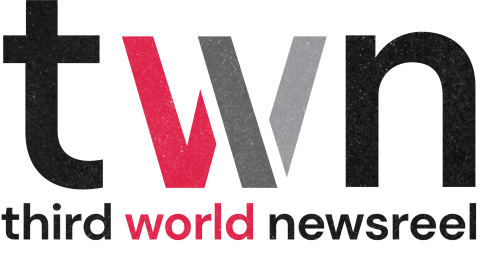
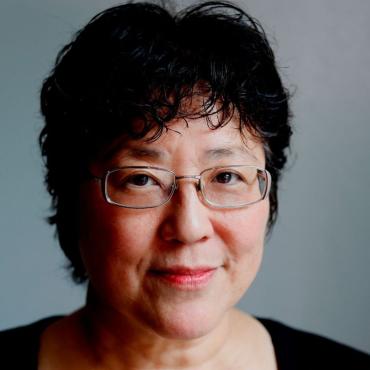
Third World Newsreel (TWN) is an alternative media arts organization that works to advance movement storytelling and media arts for cultural and social justice. TWN champions the self-representation of historically marginalized communities—including Black, Latine, Indigenous, Asian American, Native Hawaiian, Pacific Islander, Middle Eastern, North African, Mixed/Multiracial, People with Disabilities, and LGBTQIA+ individuals—through diverse genres and forms of media, such as documentary, experimental, and fiction. TWN’s aim is to facilitate their efforts to create, engage, and amplify their stories, propelling audiences to action.
Established in December 1967 as an alternative film collective called The Newsreel, the organization became Third World Newsreel in 1974. Through producing and distributing short 16mm films that highlighted key social movements of the era—including the anti-war and women’s movements, and civil and human rights movements—Newsreel gained unique access to groups such as the Black Panther Party and the Young Lords Party. In the mid-1970s, as the global landscape of solidarity movements evolved, New York Newsreel was reborn as Third World Newsreel, reflecting a deepened commitment to developing filmmakers and audiences of color. Today, TWN carries on the progressive vision of its founders, and remains the oldest media arts organization in the U.S. devoted to cultural workers of color and their global constituencies. Led by Executive Director JT Takagi, TWN’s comprehensive support includes hands-on training, fiscal sponsorship, educational distribution, and preservation, all designed to advance cultural justice and societal change. From documentary and experimental to narratives, TWN is committed to shaping a media landscape where diversity and intersectionality are not merely represented but are central to social transformation.
Jerome Foundation supports Third World Newsreel’s TWN Advanced Production Workshop program. The TWN Advanced Workshop is a 4-month program supporting 6 early career New York City-based filmmakers from traditionally marginalized communities, prioritizing past TWN Production Workshop graduates. The program supports filmmakers to make either their second project, or a longer version of their original workshop short. Resources include: stipends for each filmmaker, workshops on topics specific to their stage of production (budgeting, proposals, sample creation, working with crew/editors), mentorship with veteran filmmakers, production support through equipment use, and peer-to-peer support and advice.
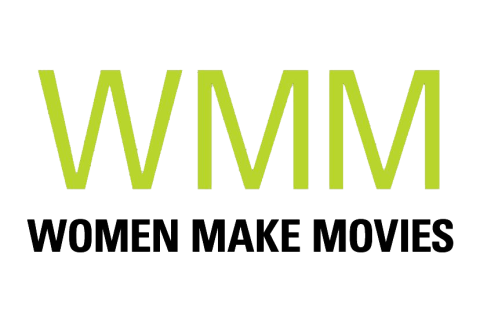
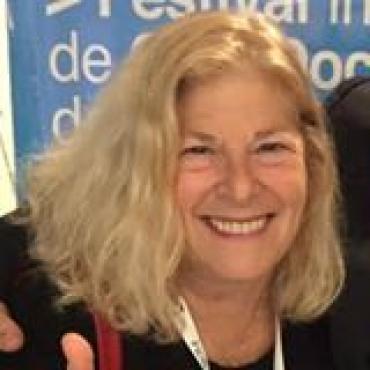
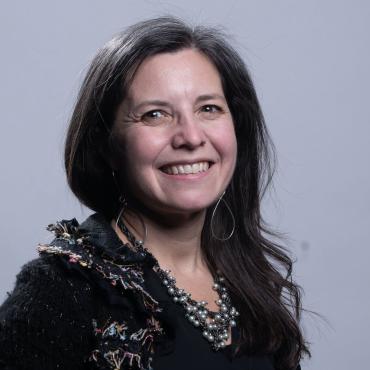
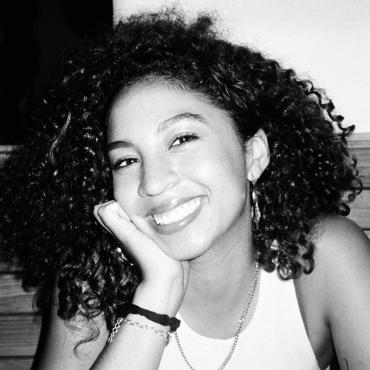
Women Make Movies (WMM) supports women producers and directors from the beginning, planting the seeds for a diverse and inclusive filmmaking landscape. As the world’s leading distributor of independent films by and about women, WMM amplifies historically ignored voices and challenges the mainstream media.
Founded in 1972, Women Make Movies spent its first decade training women to become filmmakers and helping them access necessary equipment. In the decades since, Women Make Movies has grown into an established and respected organization with a flourishing suite of international partners and programs, a catalog of nearly 700 films, and a renowned roster of alumna. WMM has a legacy of more than 50 years of building the New York filmmaking community through two core programs: Production Assistance and Distribution. Currently led by Executive Director, Debra Zimmerman, WMM understands that the work is clearly far from done. A recent study at the Center for Media and Social Impact shows that from 2014–2020, only 26% of directors were women; of the nearly 1,000 documentary films currently available to stream on commercial media, less than 7% were made by BIPOC women directors. It is evident that women and non-binary filmmakers, and especially those from historically marginalized backgrounds, are in need of significant support. WMM has a vision of changing this—of creating gender and racial parity in the documentary film industry by seeding the field with new and diverse voices and by supporting filmmakers in production and through distribution.
Jerome Foundation supports Women Make Movies’ Next Step Fellowship program. The Next Step Fellowship is a year-long program for early career New York City and Minnesota-based filmmakers that provides tailored individual and group mentoring, consulting, and learning opportunities. Supporting first or second-time filmmakers— with a focus on supporting women of color, LBTQIA filmmakers, and women with disabilities — this program consists of in-person convenings, online bimonthly meetings and consultations, peer support, and professional development on topics vital to the business and art of film such as pitching, editing trailers, and story development. The goals of the program also include bringing the filmmakers and their project to the attention of industry professionals. The Next Step Fellowship supports early career filmmakers as they develop their skills, create impactful art, learn about options for distribution, and build sustainable careers in the film industry while also moving the needle closer to gender and racial equity.

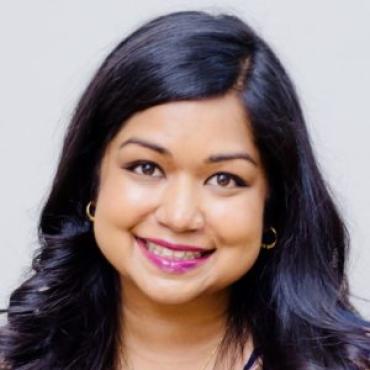
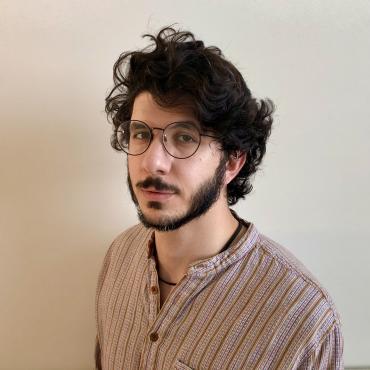
The Asian American Writers’ Workshop is dedicated to publishing and amplifying Asian American literary culture. For over 30 years, AAWW has been dedicated to publishing and amplifying Asian American literary culture. Operating from a radically inclusive ethos, AAWW expands the definition not only of who is a writer, but also of who is Asian American.
Founded in 1991, Asian American Writers’ Workshop has worked to cultivate a radically inclusive community of Asian and Asian diasporic writers and readers to mobilize for a more just future. As an organization, AAWW is driven by two primary goals: to cultivate a community of Asian American writers and their readers and to project a radical inclusivity of who is a writer and who is Asian. They reach their goals through four main strategies:
- reimagining cultural representation
- championing social justice movements
- shaping the literary field
- working at local and global scales
Led by Executive Director Jafreen Uddin, AAWW stays mission-focused and specifically aligned to programs that best serve their target communities with a concrete set of strategies to guide their organizational goals. Through a robust and diverse lineup of programming, AAWW serves as a vital sanctuary space for writers and readers alike, including: AAWW’s reading series; writing workshops for emerging writers; The Margins, AAWW’s digital magazine; community arts programming in New York City senior centers and public high schools; and two fellowship programs for emerging writers of color based in New York City.
Jerome Foundation supports Asian American Writers’ Workshop’s Margins Fellowship. Serving early career New York City-based Asian American writers working on a book-length project in any genre, the Margins Fellowship is a 9-month fellowship program offering resources including:
- career development through publication opportunities, securing agents, and books deals
- improving writers’ craft via critical feedback in an editing process and access to writing workshops
- nurturing writers so they can discover their own voice and communities
Each year, four incredible artists are selected as Margins Fellows. Coordinated by Programs Manager Mohamad Saleh, the Margins Fellowship is distinct in combining generous financial support with publication opportunities, space and time to write, and dedicated time at an artists’ residency.

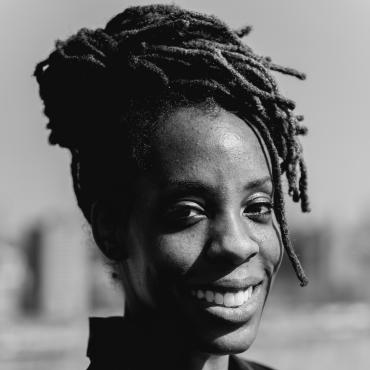
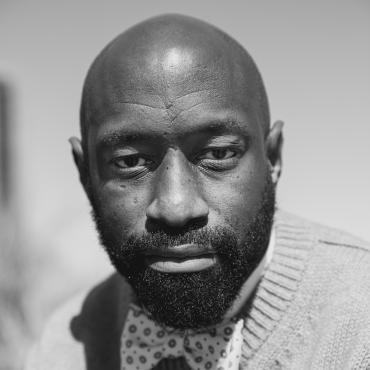
Cave Canem is a nonprofit organization committed to cultivating the artistic and professional growth of Black poets. Founded by artists for artists, Cave Canem fosters community across the diaspora to enrich the field by facilitating a nurturing space in which to learn, experiment, create, and present. Cave Canem develops audiences for Black voices that have worked and are working in the craft of poetry. Cave Canem envisions a world in which Black poets are empowered to: Write authentically in a diversity of forms to tell their unique truths; flourish in fellowship with other Black poets, creating bonds that transcend form, geography, class, age, and other differences; have their works shared with and recognized by audiences; and have access to justly paid work.
Founded by Toi Derricotte and Cornelius Eady in 1996 and currently led by Executive Director Lisa Willis, Cave Canem offers a suite of core programs that consists of the Cave Canem Fellowship, regional workshops, prizes, readings, and other presentations that highlight the poetry of our Fellows and that of the African diaspora. Programs are open to the general public, offering Black poets exposure to new audiences and new audiences exposure to Black poetry. Cave Canem’s programs and publications enlarge the American literary canon; democratize archives; and expand the notion of what is possible and valuable in a poem for students, aspiring poets, and readers.
Jerome Foundation supports Cave Canem’s Regional Workshops and Regional Workshop Readings programs. Since 1999, nearly 1,000 emerging poets have participated in Cave Canem’s community-based workshops, rare opportunities to work with accomplished poets for free or low-cost fees. Limited to an enrollment of 15, these ten-session workshops offer rigorous instruction, writing craft, careful critique, and an introduction to the work of several poets. With support from the Poetry Foundation, Cave Canem’s Regional Workshops are now available to participants outside of New York City, including in Minneapolis, MN. Regional Workshops are offered to adult (18 or older) Black poets of any experience level who are residents of the workshop city or immediate surrounding area. Regional workshops are in-person, tuition-free, and free to apply.
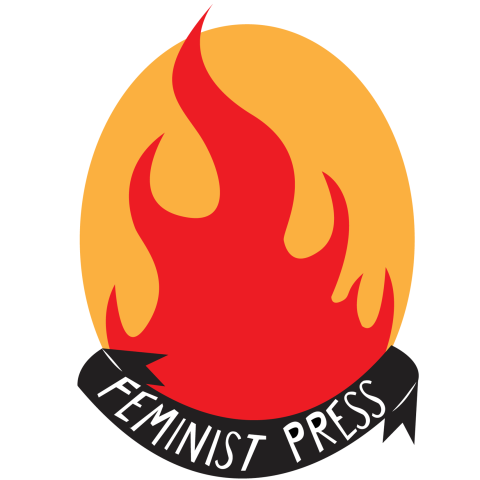
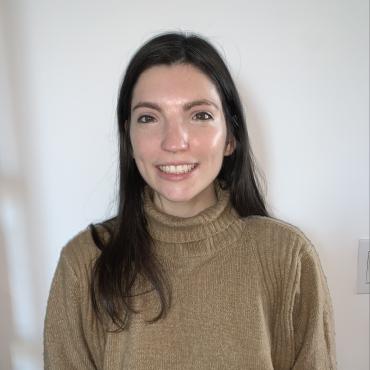
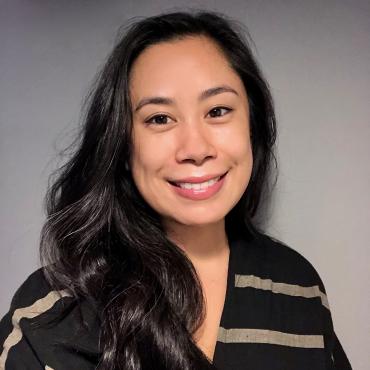
The Feminist Press publishes books that ignite movements and social transformation. Celebrating their legacy, they lift up insurgent and marginalized voices from around the world to build a more just future. Feminist Press’ vision is to create a world where everyone recognizes themselves in a book.
Founded in 1970, Feminist Press (FP) began as a crucial publishing component of second wave feminism, reprinting feminist classics by writers such as Zora Neale Hurston and Charlotte Perkins Gilman, and providing much-needed texts for the developing field of women’s studies with books by Barbara Ehrenreich and Grace Paley. FP publishes feminist literature from around the world and North American writers of diverse race and class experience. They have become the vanguard for books on contemporary feminist issues of equality and gender identity. Currently, FP publishes twelve to fifteen books a year and specializes in an array of genres, including cutting-edge literary fiction, activist nonfiction, literature in translation, hybrid memoirs, and more. FP seeks to champion intersectional and nuanced works that spark much-needed dialogue and move the feminist conversation forward. Current editorial initiatives include the Louise Meriwether First Book Prize, created to highlight debut work by women and nonbinary writers of color, and Amethyst Editions, a queer imprint founded by Michelle Tea.
Jerome Foundation supports Feminist Press’ Emerging Feminist Writers Program. Supporting early career Minnesota and New York City-based writers who identify as BIPOC, women and femmes, queer and trans people, immigrants and refugees, people with disabilities or neurodiverse identities, The Emerging Feminist Writers Program serves four participants per year with a three-pronged program that includes:
- book publication and intensive editorial and marketing support
- robust tour support, including author funding for out-of-state travel, panelist honoraria, and classroom book donations
- an in-house professional development training program to help early-career writers build sustainable speaking, educating, and writing platforms, with at least four training sessions per year led by industry experts, and author funding to attend one professional development conference or festival per year
The program centers on supporting emerging writers during the year of their book’s publication, with additional support extending beyond the one-year mark.

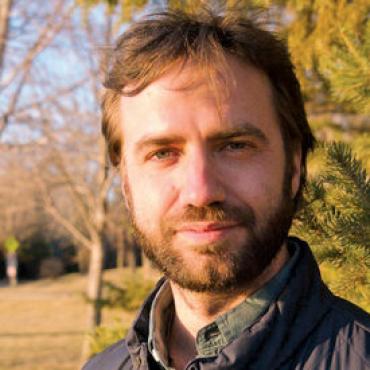
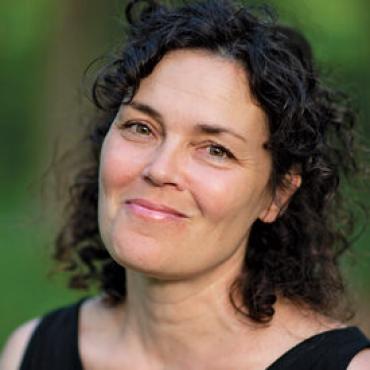
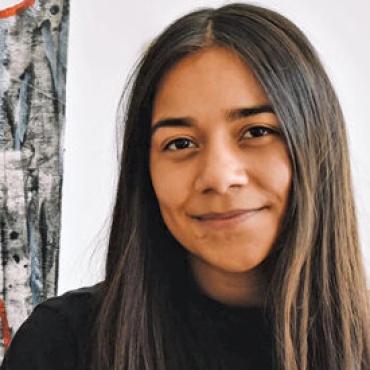
Minnesota Prison Writing Workshop (MPWW) fosters literary community and a devotion to art inside Minnesota correctional facilities through high-quality creative writing programming. During incarceration and throughout reentry, MPWW empowers writers, challenges stereotypes about the incarcerated population, and promotes a vision of rehabilitation and restorative justice through art. MPWW also seeks to bridge the divide between literary communities inside and outside of prison by creating platforms for their students’ work.
Founded in 2011 by Jennifer Bowen with one creative writing class at Lino Lakes Prison, Minnesota Prison Writing Workshop has grown into an organization with over 25 instructors and more than 3,000 incarcerated artists throughout the state in Minnesota. MPWW is the largest prison-based literary organization in the country. Incarcerated people are among the most underserved and underrepresented groups in artistic discourse. A major part of MPWW’s mission is to diversify and enhance that discourse by amplifying their voices. At the same time, MPWW recognizes that incarcerated people are not monolithic, and aims to celebrate their diversity. The incarcerated writers MPWW serves work in all literary forms, including poetry, fiction, creative nonfiction, playwriting, screenwriting, spoken word, and children’s book writing. Many work across these genres in innovative and exciting ways. While the writers MPWW works with do write poignantly and painfully about the experience of incarceration, they write no less compellingly about family, love, violence, race, gender, class, sexuality, and the natural world.
Jerome Foundation supports Minnesota Prison Writing Workshop’s Mentor Program. Pairing early career Minnesota-based incarcerated writers with an experienced writer or editor outside of prison, this mentorship program offers monthly exchanges of creative work and personalized feedback. Mentors also provide personalized reading recommendations and share professional development opportunities—such as calls for submission—with writers, introduce them to other relevant writing, provide professional advice, and help them to expand their skill sets to better realize their specific artistic projects. Writers in the program receive a financial contribution to an annual fund they can use for purchasing books, writing supplies or submission fees. Mentors receive an annual stipend and the opportunity to connect with another artist and build a community of writers. MPWW’s Mentor Program is administered by Ari Tilson.
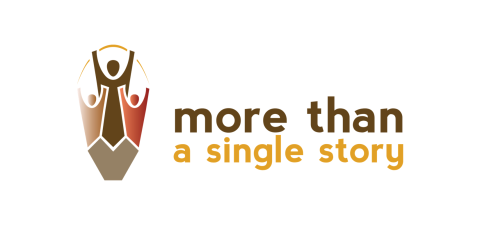
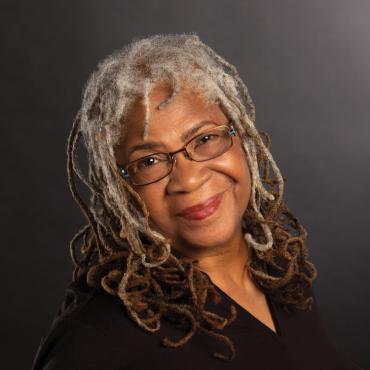
More Than A Single Story supports BIPOC writers and culture bearers by supporting their writing practice and artistic development and by creating space for them to engage in open conversation with broad public audiences. MTASS’ mission is to provide public conversations with and for diverse voices that have long been marginalized. They focus on public discourse and provide a forum for cross-cultural understanding. MTASS has a commitment to BIPOC writers and activists. All communities are welcome and encouraged in these conversations.
More Than a Single Story was founded in 2016 with a mission to position the literary arts as a catalyst for cross-cultural healing and social justice. Founder and Artistic/Executive Director Carolyn Holbrook has a long history of supporting emerging writers in Minnesota to develop their craft and receive mentoring, and Holbrook’s vision has been seminal for dozens of early career writers. Driven by that motivating passion, MTASS accelerates the dynamic of that groundbreaking work to advance a movement of BIPOC writers who work toward bold and positive change. MTASS was founded to open dialogue between BIPOC literary artists and broadly cross-cultural communities as a way to shift misunderstandings and misinformation and work toward understanding, collaboration, and equity. MTASS accomplishes that through readings/community conversation events and by facilitating writing workshops that welcome avocational community members alongside early career artists who are developing their practice.
Jerome Foundation supports More Than A Single Story’s Go Back & Fetch It Mentorship program. Twelve early career Minnesota-based Black poets, fiction, and nonfiction writers will participate in a one-year mentorship cohort. During the program, the primary goals are to: deepen individual writing visions and skills; build connections with experienced facilitators; and connect with other emerging writers to create a community of support. In the spirit of the Akan principle of Sankofa, cohort members will Go Back and Fetch It: in other words, learn from those with experience—both established Black writers and the powerful artistic lineage of African ancestors—to build their futures as writers. The program will begin with a weekend retreat, followed by monthly sessions where the cohort will work with established Black writers to expand their knowledge of craft, engage in generative workshops and peer feedback, and learn about the business side of writing.
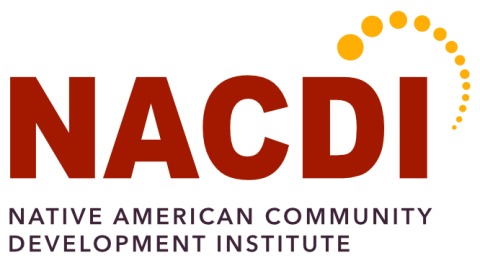
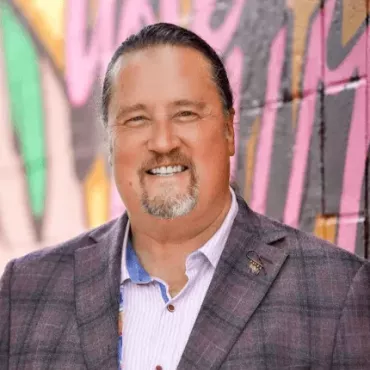

The mission of Native American Community Development Institute (NACDI) is to amplify and advance the Native American community’s vision for a vibrant future. All My Relations Arts (AMRA) honors and strengthens relationships between contemporary American Indian artists and the living influence of preceding generations, between artists and audiences of all ethnic backgrounds, and between art and the vitality of the American Indian Cultural Corridor. AMRA is one of the few Midwest hubs for contemporary Native art and an integral place for advancing the careers of Native artists.
Since 2007, NACDI’s mission has been to facilitate systems change through integrated pathways of community engagement and organizing, food sovereignty, and Indigenous arts and culture. Led by President & CEO Robert Lilligren, NACDI grounds all of its work in the assets, values, and practices of Native people. NACDI manages four distinct brands: All My Relations Arts, Four Sisters Food Sovereignty, Make Voting A Tradition, and the American Indian Cultural Corridor. All My Relations Arts became an initiative of NACDI in 2010. The current All My Relations Gallery opened in 2011 in the heart of the American Indian Cultural Corridor along Franklin Avenue in Minneapolis. AMRA abides by the Dakota term mitakuye oyasin: all my relations. They practice this philosophy of being a good relative with artists and audiences. Their artists are expanding the perception of traditional Native arts and incorporating them into new ways of exploration. Their artists and authors provide context for contemporary Native voices by the wide variety and interrelated mediums that are utilized. Led by Director Angela Two Stars, AMRA is a national platform for the elevation of contemporary Native artists and provides continued support for artists and art professionals.
Jerome Foundation supports Native American Community Development Institute/All My Relations’ Native Authors program. The Native Authors program applies the same foundational structure of AMRA’s mission of supporting Native artists to supporting and uplifting Native writers. AMRA’s Native Authors Program supports all aspects of development of early career Minnesota-based Native authors in genres of fiction, non-fiction, poetry, children’s, and young adult fiction. Through a cohort model, 8–10 Native authors benefit from the mentorship and facilitation by a celebrated Native author. Native Authors Program recipients participate in an 18-month intensive writing program focusing on professional development topics including preparing a manuscript, working with an editor, approaching a publisher, the business of writing, and more. AMRA’s Authors Program creates a much needed, brave space for Native authors to learn and flourish.
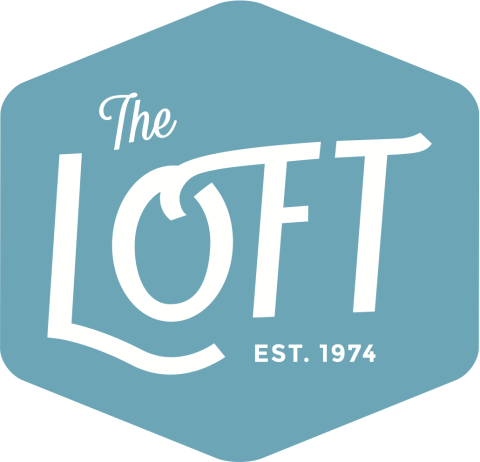
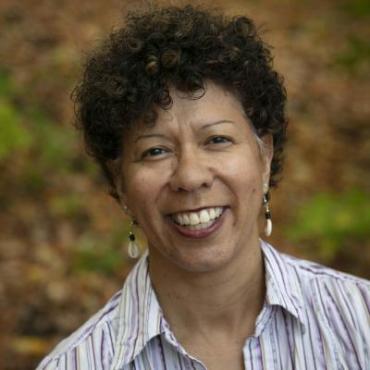
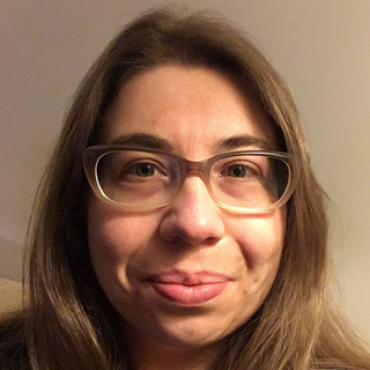
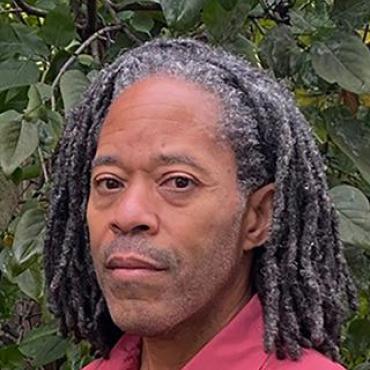
The Loft advances the power of writers and readers to craft and share stories, to create and celebrate connections, and to build just, life-sustaining communities. The Loft envisions a world where the power of the word liberates minds, deepens relationships, and inspires movements for people and planet.
The Loft was founded in 1974 in a loft space above Marly Rusoff’s bookstore and is led today by Executive and Artistic Director Arleta Little. What started as a grassroots gathering space for poets and writers to share their work and improve their craft grew into one of the nation’s leading independent literary centers. Annually, the Loft offers hundreds of classes, awards, grants for writers, readings and events, major festivals and conferences, and other resources for readers and writers. With core values of creativity, connection, justice, care, courage, and curiosity, The Loft provides programs that serve artists at every stage in their development. Each year the Loft engages more than 5,000 beginning, intermediate, and advanced writers in learning opportunities, hosts more than 250 authors in readings and dialogues that draw more than 15,000 people, connects with more than 200,000 unique visitors through digital resources on our website, collaborates with at least 30 local and national organizations to enrich the literary environment and, through contracts, awards, and grants, pays writers more than $400,000.
Jerome Foundation supports The Loft’s Mentor Series program. Engaging 12 early-career Minnesota-based writers of fiction, creative nonfiction, poetry, and children’s literature in a 16-month program, the Mentor Series program offers fellows the opportunity to develop their craft under the mentorship of visiting and local mentors in each genre. Fellows receive a stipend, professional development, including access to the agents and editors through the Loft’s Lit!Series, mentorship, peer-to-peer engagement and support, and regular feedback on their work. All Fellows currently participate in cross-genre craft talks and discussions with both the local and the visiting mentors—even as they gather in small groups to consider and address genre-specific issues. All participants are featured in a public reading—three fellows with two mentors—throughout the course of the program. The Mentor Series program is managed by Marion Gómez.
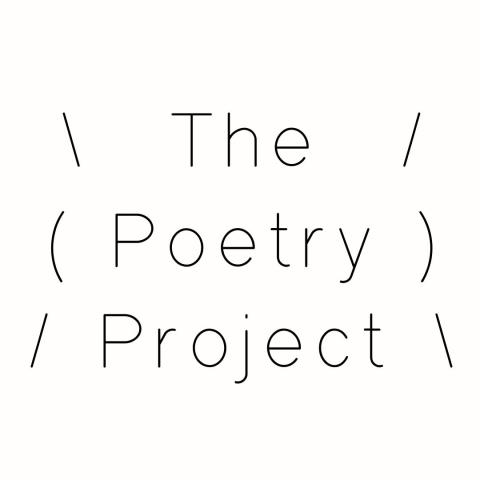
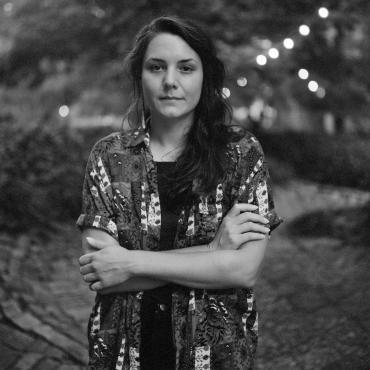
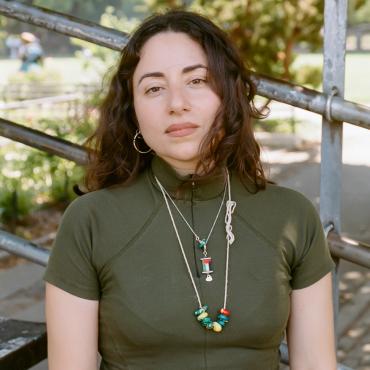
Through live programming, workshops, publications, website, and special events, The Poetry Project promotes, fosters, and inspires the reading and writing of contemporary poetry by:
- presenting contemporary poetry to diverse audiences
- increasing public recognition, awareness, and appreciation of poetry and other arts
- providing a community setting in which poets and artists can exchange ideas and information
- encouraging the participation and development of new poets from a broad range of styles
Founded in 1966 and currently led by Executive Director Nicole Wallace, The Poetry Project has expanded access to literature, education, and opportunities for sharing one’s creative work in a counter-hierarchical, radically open space and community. Premised on the vision that cultural action at the local level can inspire broader shifts in public consciousness, The Poetry Project is committed to developing and collaborating on replicable program models that challenge persistent social narratives, especially through the verbal reframing made possible in poetry. They do this work through a combination of live readings, performances, lectures, events, and workshops, in addition to literary and critical publications and emerging writers and curatorial fellowship programs. Their programming seeks to challenge traditional power structures by upholding a more circular vision of cultural participation between writer, artist, listener, reader, critic, teacher, and student.
Jerome Foundation supports The Poetry Project’s Emerge-Surface-Be Fellowship program. Serving early career New York City-based poets, writers, and performing artists, Emerge-Surface-Be supports five fellows and mentors to work together over nine months. Managed by Program Director, Mirene Arsanios, the ESB program nurtures, centers, and uplifts the work of NYC-based emerging writers. Fellows develop their own specific set of goals to pursue over the course of the program while each fellow receives an honorarium; monthly meetings; publishing opportunities in the The Poetry Project’s quarterly Newsletter; and public reading opportunities including an invitation to read at its Annual New Year’s Day Marathon and a 30-minute reading as part of its high-profile Monday Reading Series.
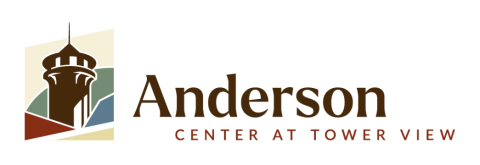
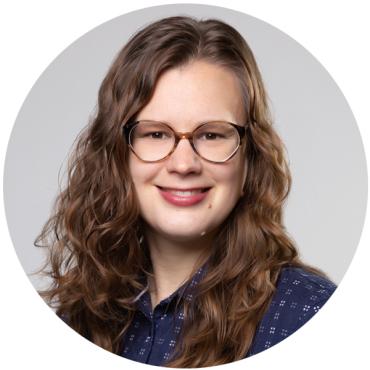
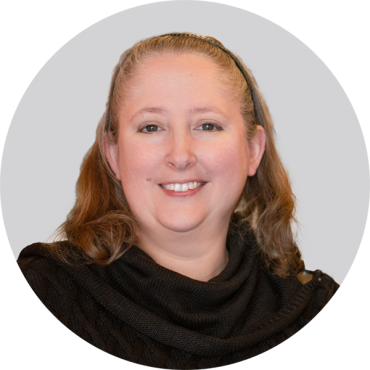
Anderson Center is a rare, rural oasis, a place that celebrates the imagination and supports the development of new arts and ideas through residencies, studios, and public engagement. In its historic setting of Tower View, the Anderson Center offers residencies in the arts and humanities; provides a dynamic environment for the exchange of ideas; encourages the pursuit of creative endeavors; and serves as a source of significant contributions to society.
Co-founded by Robert and Carolyn Hedin, inspired by the Anderson Family’s patronage of the arts and support for the local community, the Anderson Center at Tower View has been a non-profit dedicated to supporting the creative process since 1995. Currently led by Executive and Artistic Director Stephanie Rogers, Anderson Center has supported more than 800 artists and scholars of all kinds with the gift of time and space. With a mission to uphold the unique wealth of the arts in the region; to develop, foster, and promote the creation of works by artists of all kinds; and to provide leadership and services that help to ensure a strong, healthy arts community and a greater recognition of the value of the arts in society, Anderson Center provides retreats to artists, writers, and scholars; collaboratively plans and presents public programs; and restores and preserves the buildings and grounds of their historic estate. In addition to 20 on-site artist studios, the Center offers a black-and-white equipped dark room, an outdoor blacksmith shop, and printmaking facilities.
Jerome Foundation supports Anderson Center’s Early Career Residency Program. Open to early career New York City and Minnesota-based writers, visual artists, choreographers, performing artists, filmmakers, and interdisciplinary artists, residents are provided with room, board, chef-prepared dinners, groceries, and studio space for a four-week residency. Workspaces include visual art studios, a printmaking studio, writing spaces and libraries, a large open space with wood floors often utilized by choreographers and performance artists, and access to pianos for composers. The cohort aspect of this residency is an important component of the Anderson Center’s approach; when artists come together across disciplines and genres, generative conversations, connections, and collaborations frequently occur. The Early Career Residency Program is managed by Laurel Stinson.

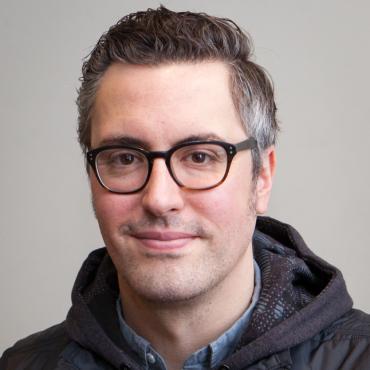
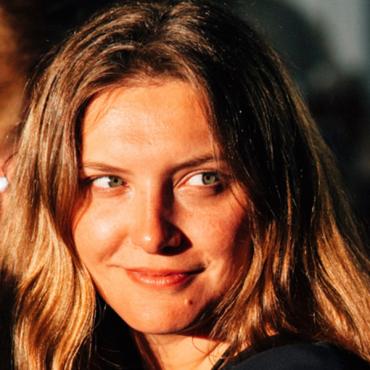
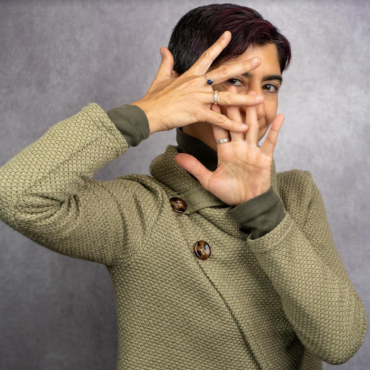
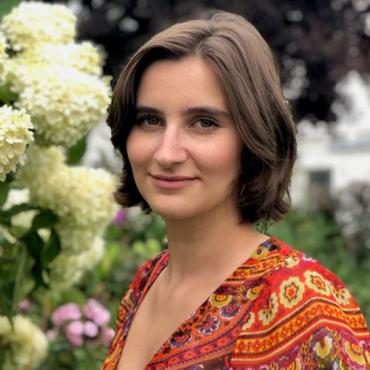
Art of the Rural is a collaborative arts and culture non-profit organization that works to resource artists and culture bearers across the country to build the field, change the narrative, and bridge divides. Art of the Rural seeks to collectively embody the value, diversity, and nuance of contemporary non-urban culture and inspire lasting connections to people and places.
Founded in 2010, Art of the Rural began as a blog, sharing stories and interviews about art and culture; with momentum building online and across the country, they started collaborating on field-expanding gatherings and digital projects. Throughout their nearly fifteen-year history, Art of the Rural has collaborated with cross-sector partners from a range of cultural and geographic backgrounds to shape programs that contribute to a more equitable and healthy future for rural America and Indian Country. Art of the Rural's work exists across national, regional, and local contexts. While Art of the Rural provides essential services to the national field found at the intersection of arts, culture, and creative community development, the bulk of their work occurs in the Upper Midwest region (Minnesota, North Dakota, South Dakota, and across Indian Country) and Kentucky. Art of the Rural's local focus is grounded in Winona, Minnesota, a town on the banks of the Mississippi River located within Dakota homelands.
Jerome Foundation supports Art of the Rural’s Spillway Winona Fellowship program. A long-term, collaborative initiative grounded in the cultures, communities, and histories of the Upper Mississippi River region, the Spillway Winona Fellowship supports early career New York City and/or Minnesota-based artists, culture bearers, and artisans. Spillway works to create the conditions for engaged projects that honor diverse lived experience, deepen regional relationships, and build rural-urban networks of knowledge-sharing and exchange that will create opportunities for participants to thrive and connect with new colleagues and audiences. Guided by Spillway Navigator Sharon Mansur, the Fellowship serves two artists each year with financial support and artist materials; food, travel, and lodging during Winona visits; in-kind exhibition space, facilities, and staff time from the Winona History Center; and interviews, articles, and social media promotion through existing Art of the Rural platforms.
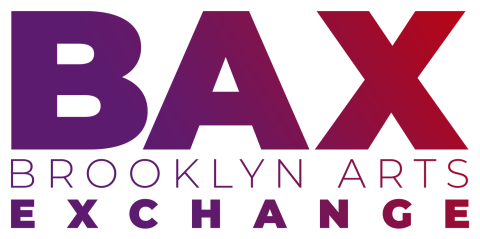
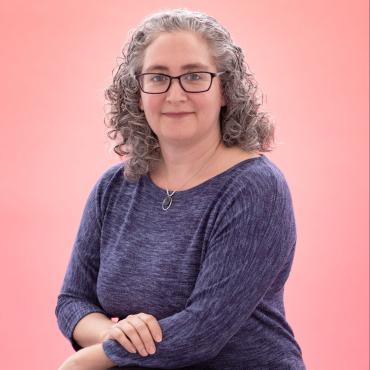
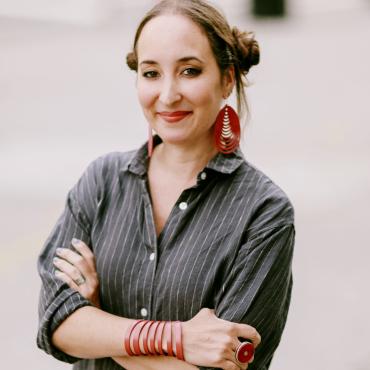
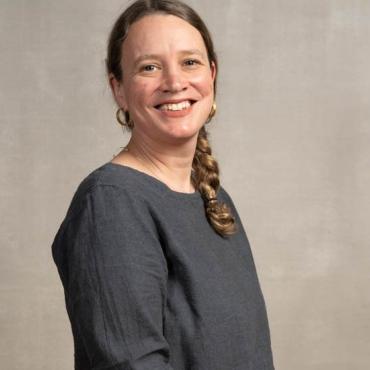
BAX/Brooklyn Arts Exchange is a multigenerational arts organization that nurtures creative expression and artistic process through residencies, performance, and education at the intersection of arts and social justice.
Founded by Marya Warshaw in 1991, and currently led by Co-Executive Directors Vanessa Adato, Marlène Ramírez-Cancio, and Lucia Scheckner, BAX has honored the power of performing arts to connect and transform individuals and communities for over three decades. As an arts incubator, BAX supports artists of all ages and stages of development—from young children to award-winning professionals—through communities of learning. BAX’s artist residencies, affordable rehearsal studios, practice lab, and youth education programs annually invite over 10,000 students, parents, families, artists, and audiences to engage in shared creative journeys. BAX focuses on embodied practices such as dance, movement, theater, and multidisciplinary performance, prioritizing experimentation, process, collaboration, and mentorship. BAX commits to forging brave spaces by centering artists from historically underrepresented backgrounds and building equity and access across all programs. BAX’s goal is to build collective power, advance cultural and racial justice, and encourage vibrant, interconnected networks to thrive.
Jerome Foundation supports several cornerstone programs at BAX, including the Artist in Residence (AIR) Program, Space Grant Residency, EmergeNYC, and Drag Performance: Between & Beyond Gender. BAX’s signature Artist in Residence (AIR) Program provides up to three early-career, performance-based artists annually with cohort-based 18-month residencies, which include mentorship, coaching, an artist fee, and a production budget to nurture their creative development. The Space Grant Residency serves up to eight early-career artists each year through 3-4 month residencies that also include mentorship, coaching, an artist fee, and opportunities for studio showings. EmergeNYC, a Latinx-led incubator and affinity network for socially engaged artists, fosters the growth of creative voices at the intersection of art and activism, connecting participants to a dynamic community of BIPOC, migrant, and LGBTQIA+ practitioners who challenge dominant narratives through cultural resistance. Since 2008, up to 20 artists have participated in this 14-week intensive, receiving a rehearsal stipend, and the opportunity to present works-in-progress with technical support and documentation. Drag Performance: Between & Beyond Gender serves up to 12 early-career drag performers annually through a 12-week program that provides a rehearsal stipend and culminates in a showcase performance with full technical support and documentation.

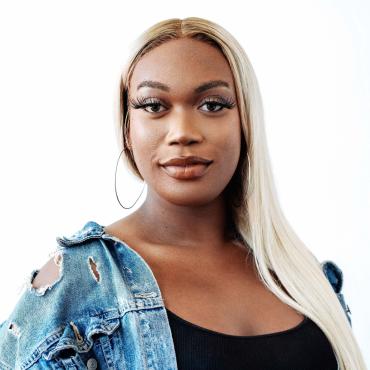
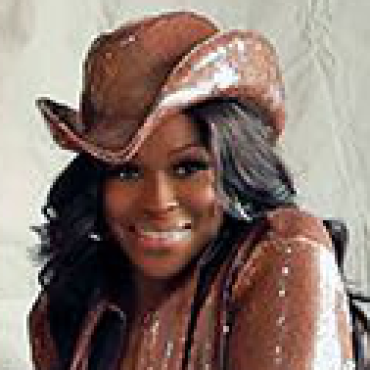
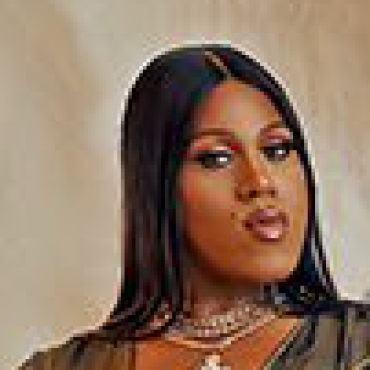
Black Trans Femmes in the Arts (BTFA) is a community-led arts organization based in Brooklyn, NY that serves Black trans femme artists and creatives. BTFA’s mission is to create spaces for the production and preservation of Black trans art and culture by building community with Black trans femme artists and providing them with the resources and support necessary to thrive. BTFA envisions a world where Black trans femmes can create without limitations.
BTFA was first conceived as a response to the lack of representation of Black trans femmes in art history, contemporary art spaces, and art scholarship—symptomatic of a greater lack of resources and opportunities. To begin to address this issue, Founder and Executive Director Jordyn Jay organized a Black Trans Femmes in the Arts Meetup in 2019 to connect with other Black trans femmes in the arts. As a collective, BTFA supports and uplifts Black trans femmes in life, and provides them with the resources to live their lives to the fullest and chase their heart’s desire. BTFA organizes programming that centers and highlights Black trans femme artists, executive produces projects led by Black trans femme artists and provides direct support to Black trans artists through their BTFA Productions and Artist in Residence programs; in-house programming including balls and ballroom labs; and BTFA’s Pride, Trans Day of Visibility, and online programming.
Jerome Foundation supports BTFA Productions and Artist Residency programs. The goal of both programs is to create opportunities for Black Trans Femme Artists to produce new, original work. The Artist Residency program hosts 2 early-career Black trans artists at BTFA studios or partnering locations for 1–6 months. Artists receive free studio space and access to equipment, as well as stipends for materials. BTFA provides mentoring and professional development from the organization’s Executive Director and collaborates with the artists to further the reach of their work. BTFA artists-in-residence also give back to the community including hosting talks and workshops. BTFA Productions provides regrants as well as full, end-to-end production support and mentorship from BTFA staff and partners to Black trans femme artists for new creative projects. Awarded through a rolling application process, BTFA Productions include photography, live concerts, balls, spoken word, EPs, music and dance videos, and short films.

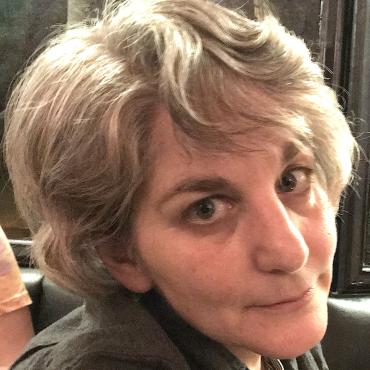
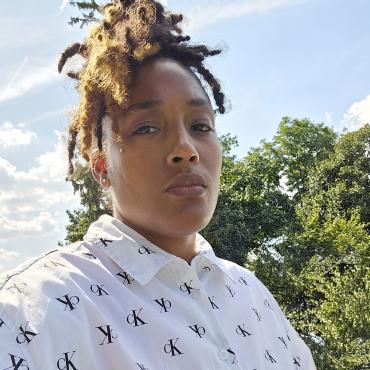
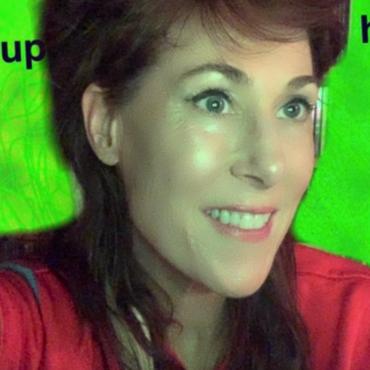
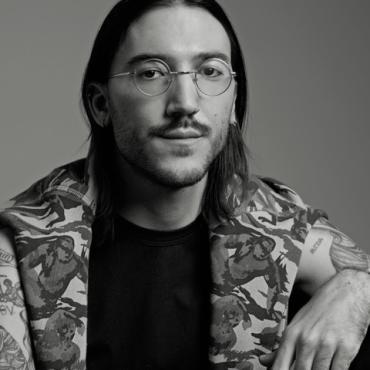
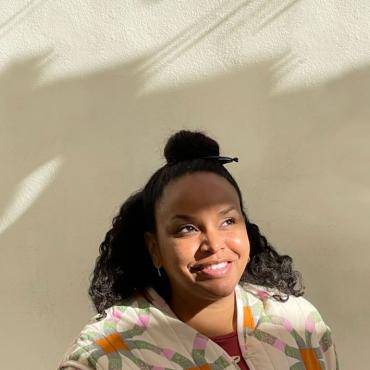
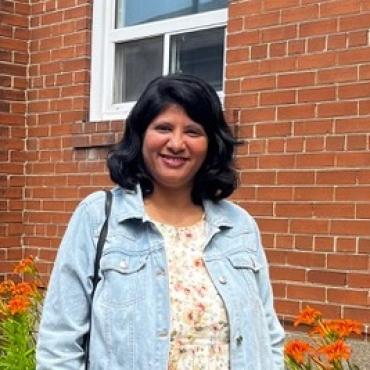
Culture Push is an arts organization that creates programs to nurture artists who approach common problems through hands-on civic participation and imaginative problem-solving. Culture Push’s mission is to create a lively exchange of ideas between many different communities; artists and non-artists, professional practitioners and laypeople, across generations, neighborhoods, and cultures. CP supports creating new modes of thinking and doing and serves a diverse community of creative people and artists. CP’s vision is a fluid culture where the lines between art, politics, daily life, and social experiments challenging the lines between disciplines leads to challenging the form of society.
Culture Push was founded in 2008 by Clarinda Mac Low, Aki Sasamoto, and Arturo Vidich, to feed a collective vision for a fluid culture where the lines between art, politics, daily life, and social experiment can blur–challenging the lines between disciplines as a means to challenge the form of society. CP’s primary interest is to explore, discover, and help shepherd where art will go and can go in this cultural moment. CP prioritizes artists and projects who are traditionally excluded from the artistic mainstream. The work of the Fellows and Associated Artists makes room for imagination, labor, radical co-creation, and the intricacies of the communities that the artists are working with. CP’s Fellowship was designed specifically to reverse current art world hierarchies by fortifying collaborative, creative, and inclusive methods of generating new ideas.
Jerome Foundation supports Culture Push’s Fellowship for Utopian Practice program. This program contains the Black Utopian Fellowship, the Climate Justice Fellowship, and the Disability Arts Fellowship. The Fellowship is supported by the collective of artists that leads Culture Push. 6-8 fellows are identified through an open call process and receive support for a full year. While Culture Push emphasizes the visual and performing arts, the Fellowship program is open to people working in any discipline aiming to expand their practice beyond its traditional borders. Culture Push offers Fellows concrete financial and institutional support, including feedback and mentoring, a stipend, presentation opportunities, and fiscal sponsorship for fundraising efforts. During the Fellowship year, artists collaborate with different communities and the Culture Push staff to find viable working methods for realizing ambitious hybrid projects.

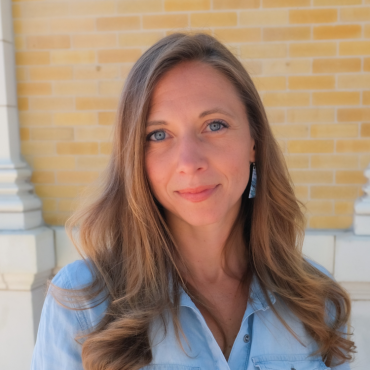
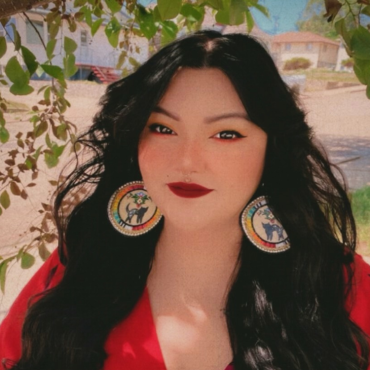
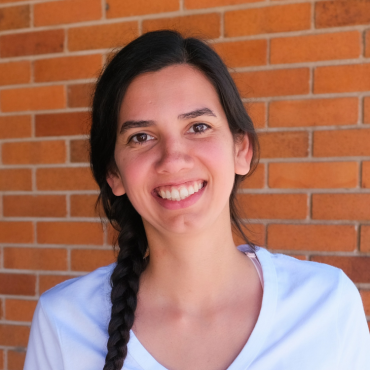
Department of Public Transformation (DoPT) is an artist-led nonprofit organization that works to develop creative strategies for increased community connection, civic engagement, and equitable participation in rural places. DoPT’s 150-year vision is one where rural communities across the country acknowledge, support, and integrate art and artists as vital contributors to economic, community, civic, and social life. DoPT has its homebase at The YES! House in Granite Falls, MN.
DoPT was founded in 2018 by Ash Hanson based on a deep foundation of rural arts practice, a ten-year relationship with Southwestern Minnesota communities, and a 2017 investigative cross-country road trip to better understand the role artists play in connecting and supporting rural communities. DoPT is committed to working with arts and cultural workers to illuminate and transform systems that have historically maintained inequitable access to leadership, civic participation, and community engagement for rural residents. The four key program areas advance the organization’s mission by:
- Supporting early career rural arts and cultural workers—“at home” in their own communities and in exchange with other communities—through artist residency programs, communities of practice, and professional development
- Connecting rural municipalities and artists by amplifying the value of municipal + artist partnership and working with artists on civic initiatives
- Activating rural community assets with artist-led, people-centered engagements for imagine/design/build/program processes
- Nurturing the rural arts and culture field through networking, storytelling, and resource sharing, as well as advocating for geographic equity in philanthropy
Jerome Foundation supports Department of Public Transformation’s Ignite Rural Artists Residency program. Ignite Rural is an “at-home” artist residency focused on uplifting and supporting emerging, rural artists who engage in social/civic work, including two early career Minnesota-based rural artists and culture bearers. To be considered for the program, artists must reside in rural communities with a population of 20,000 or less within the colonial state borders of Minnesota, North Dakota, South Dakota, and the 23 Native Nations that share that geography. Jerome supports MN-based artist participaton. Ignite Rural operates as an 8-month cohort model to connect rural artists with each other; provide virtual learning exchange opportunities; and support rural artists in their social and civic work within their communities with financial resources, marketing and promotion, and a final showcase to promote their artistry and work. Holly Doll, Anpao Win (First Light Woman) is the Ignite Rural Program Director.
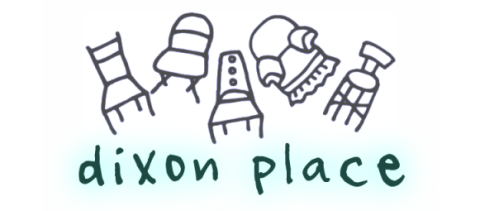
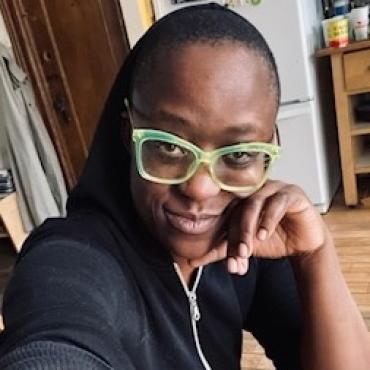
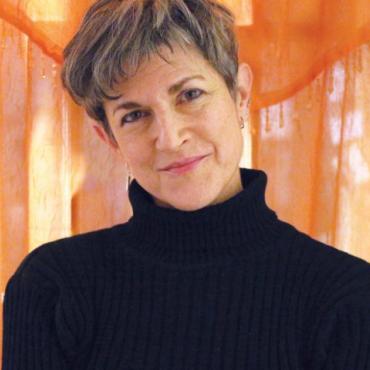
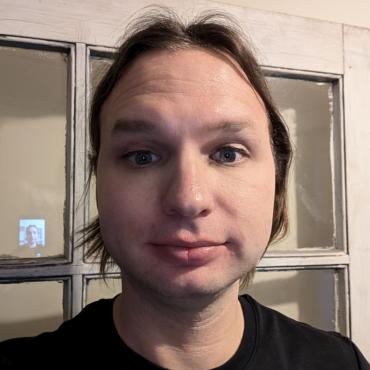
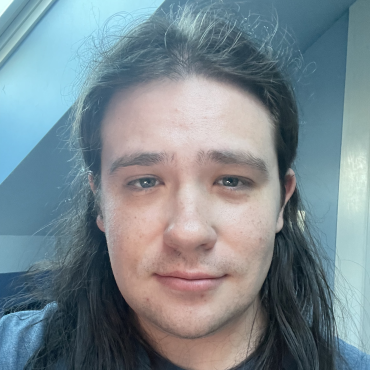
Dedicated to serving artists and audiences by supporting, developing and presenting original performing and literary work, Dixon Place (DP) inspires and empowers artists to generate new ideas, cultivate new practices, and execute their vision. Free of physical, social and monetary barriers, live audiences enhance the artists’ process with encouragement and feedback. Inclusivity regarding gender, race, age, disability, ethnicity and socioeconomics is sacrosanct; thereby, DP policies, programming and curatorial practices must evolve with the ever-changing landscape. Foremost priorities are to serve as a safe haven for artists and provide accessible, enriching experiences for audiences.
After spawning DP as a salon in a Paris apartment in 1985, founder El Covan housed the organization in her NYC living room for 23 years. Now in a professional, state-of-the-art facility, DP’s mission is fulfilled through its programs, which facilitate the development of new work by early career artists and provide outstanding opportunities and resources to support the artistic process, foster new collaborations, and elevate work to a new level.
Institutional transformation is supporting DP’s vision to sustain a safe space promoting and advancing social justice, transparency, equity, advocacy, and the manifestation of innovation, imagination and artistic aspiration.
The organization’s vision and values are inspired and activated by the following principles:
- The creative process must be nurtured.
- Inclusivity, conscientiousness, and artist remuneration are essential and unassailable.
- Art is a catalyst for awareness, advocacy, and social change.
- With an ability to transcend disparity and inequity, live art is essential for human wellbeing.
- The artist-audience exchange is unlike any other human experience.
Jerome Foundation supports Dixon Place’s Commissioning and Co-Production Program. Supporting at least two early career generative artists each cycle, this program provides artistic fees and production expenses, as well as customized residencies with substantial access to DP’s theater, studio, and lounge for meetings, auditions, and the creation, development, and rehearsal of the new work. Artists receive comprehensive technical support, from consultations throughout development to production management, lighting design, and board operation during production; full front-of-house support includes ticketing, programs, box office operation, and a welcoming ambience for community cultivation.
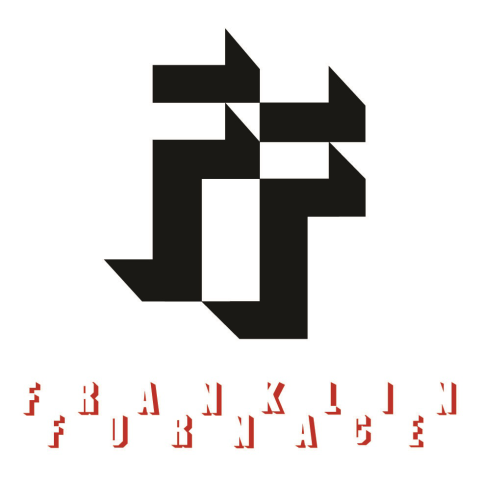

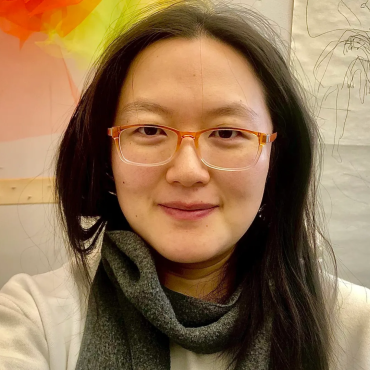
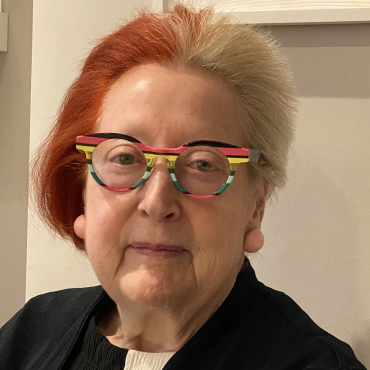
Franklin Furnace’s mission is to present, preserve, interpret, proselytize, and advocate on behalf of avant-garde art, especially forms that may be vulnerable due to institutional neglect, their ephemeral nature, or politically unpopular content. Franklin Furnace is dedicated to serving early-career artists, cultivating appreciation of avant-garde art for all, and fostering artists’ zeal to circulate ideas. Franklin Furnace envisions a world where all artists are empowered to express their ideas.
Franklin Furnace was founded by Martha Wilson in 1976 to serve artists who choose publishing as a primary, democratic artistic medium, and are not being supported by existing arts organizations. From its inception, Franklin Furnace’s energies have been focused on three aspects of “time-based” programming: a collection of artists’ books; a performance art program for emerging artists; and exhibitions of time-based arts, both site-specific works by contemporary artists, and historical and contemporary exhibitions of artists’ books and other ephemeral arts. Currently led by Director Harley Spiller, Franklin Furnace’s primary goal is to embed the value of ephemeral, avant-garde art practice in art and cultural history. They pursue this goal by providing grants to early career artists so they may prepare, present, and document major performances. Franklin Furnace then preserves these records of art history for posterity, making them accessible to all. Franklin Furnace is dedicated to serving artists by providing both physical and virtual venues for the presentation of time-based visual art, including but not limited to artists’ books and periodicals, installation art, performance art, and unforeseen contemporary avant-garde artforms; and to undertaking other activities related to these purposes, including SEQuential ART for KIDS , its education program which sends avant-garde teaching artists into New York City public school classrooms.
Jerome Foundation supports Franklin Furnace’s FUND for Performance Art program. Initiated in 1985, Franklin Furnace annually awards grants to between 8–15 early career performance artists or collectives selected by peer panel review to enable them to produce major performance art works in New York City. Artists receive financial support through the grant, as well as administrative support, access to Franklin Furnace networks, venue and supply contacts, promotion for events, and archival documentation which is made available to the public in perpetuity. Grant recipients are expected to present their funded projects within one year, dependent upon securing a venue within that time. The FUND program is managed by Program Manager Xinan Ran.
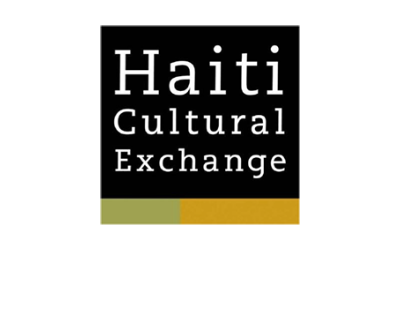
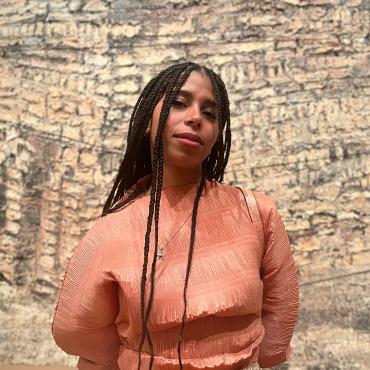
Haiti Cultural Exchange (HCX) is a nonprofit organization established to develop, present, and promote the cultural expressions of the Haitian people. HCX raises awareness of social issues and fosters cultural understanding through programs in the arts, education, and public affairs. Their longer-term vision is to establish a cultural space/center for the preservation and presentation of Haitian culture and heritage.
Haiti Cultural Exchange was founded in 2009 by seven Haitian women with the aim to create a permanent presence for Haitian Arts and Culture in New York City. Led by Executive Director Régine M. Roumain, HCX focuses on the traditional Brooklyn neighborhoods of the Haitian diaspora. HCX also presents and co-presents at major public and cultural sites in the city. HCX programs and services seek to support emerging and established artists, promote cross-cultural exchanges, preserve cultural heritage, and encourage dialogue around contemporary social issues. Through Arts Presentation, Cultural Engagement, and Artist Development programs, HCX has presented Haitian art and artists to both Haitian Diaspora and broader audiences through exhibitions, film screenings, musical performances, multidisciplinary festivals, artists talks and educational programs. HCX has fostered artistic exchanges between Haiti and the US, bringing Haitian and Diaspora artists together in mainstage and community venues. In the face of a public understanding of Haiti that is often framed by political discord and natural disasters, HCX seeks to empower Haitian communities by representing the breadth and influence of Haiti’s artistic heritage, history, and culture.
Jerome Foundation supports Haiti Cultural Exchange’s Lakou NOU Artist Residency program. Lakou NOU (“Our Yard” in Haitian Creole) works with four Haitian Diaspora artists annually inside the commons of one of four Brooklyn neighborhoods that are home to multiple generations of the Haitian diaspora: Canarsie, Crown Heights, East Flatbush, and Flatbush. Artists implement creative projects that connect their artistic skills to existing community needs and assets. Over 8 months, artists start with a listening phase in their respective Lakou; the project is then developed across 3–6 months in response to and in partnership with community. HCX holds professional development sessions for participating artists and each project features several public presentations or performances, concluding with a culminating event and public conversation. Each artist receives a fee with the residency. The Lakou Nou program is run by HCX Program Director, Kassandra L. Khalil.

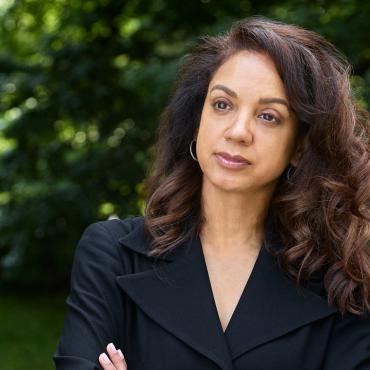
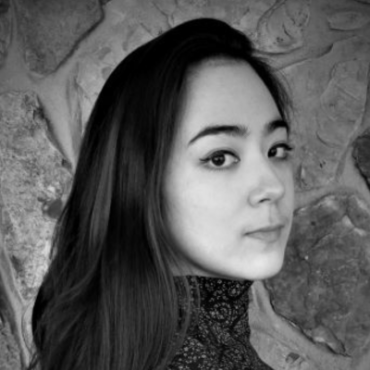
Harlem Stage ignites the artistic freedom of performing artists of the Global Majority who are poised to create new works, new ideas, and a world in which ALL people can flourish. For over 40 years, Harlem Stage’s singular mission has been to perpetuate and celebrate the unique and diverse artistic legacy of Harlem and the indelible impression it has made on American culture.
In 1983, Harlem Stage, (then named Aaron Davis Hall, Inc.) was founded in part on the principle that artists of color, particularly Black Artists’ voices were censored, not treated equitably, not given the resources, not provided the platforms that were commensurate with their talents. In short, they were denied equal access. Harlem Stage has presented and commissioned their work for over 40 years and continues that work at the intersection of Art and Social Justice. Following 25 years of Patricia Cruz’s visionary leadership, Harlem Stage is currently led by CEO and Artistic Director Dr. Indira Etwaroo. Harlem Stage fulfills their mission through commissioning, incubating, and presenting innovative and vital work that responds to the historical and contemporary conditions that shape our lives and the communities they serve. WaterWorks is a commissioning series for artists at all career stages that pays homage to the organization’s reimagined venue, once part of New York’s Water Supply System. Harlem Stage’s Presenting Programming of world-class artists from across the globe connects audiences to 50-60 live shows annually. Their 25-year signature dance series, E-Moves, presents phenomenal choreographers and dancers. Harlem Stage’s Education Program exists to ignite creative expression for all and connect community to the stories they tell. Their Create Endlessly Education Program has served over 150,000 public school children over the last 40 years in Harlem, Uptown, and beyond.
Jerome Foundation supports Harlem Stage’s WaterWorks commissioning program. The WaterWorks Emerging Artists program awards five early-career artists of color per year with a commissioning and development budget, space among a multidisciplinary cohort of artists, mentorship, critical feedback, professional development workshops led by Harlem Stage staff, and production support. Throughout the duration of WaterWorks, artists develop an original performance piece, presented as part of a work-in-progress showcase at the historic Harlem Stage Gatehouse.
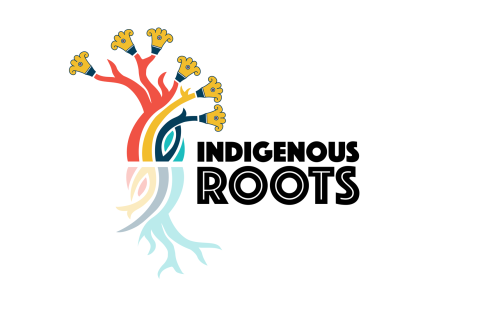
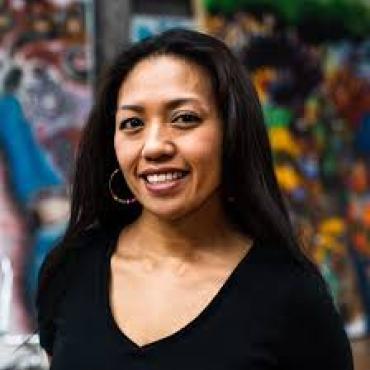
Indigenous Roots Cultural Center (IRoots) is a coalition of artists, culture bearers, business owners, cultural groups, and organizations dedicated to building, supporting, and cultivating opportunities for and with Brown, Black, Native and Indigenous Peoples through cultural arts and activism. Indigenous Roots is a community-based multidisciplinary, multigenerational, multicultural hub deeply rooted in the Dakota ancestral lands of Imníza Ská (East Saint Paul).
Co-founded and led by Mary Anne Ligeralde Quiroz and Sergio Nochtzin Quiroz, Indigenous Roots began its work in 2007 from a dance and drum community circle known as Kalpulli Yaocenoxtli. This community circle continues to share traditional Mexica Nahua dance, drum, and song. Through the years, Indigenous Roots has evolved to meet the growing need to reconnect with ancestral knowledge systems. Additional classes such as song, instrument, language, and philosophy were created to meet the requests of community members. In 2017, the Indigenous Roots Cultural Arts Center opened as an incubator space for artists, cultural groups, and organizations dedicated to building, supporting, and cultivating opportunities for Native, Black, Brown, and Indigenous peoples. IRoots village model approach centers artists and culture bearers in leadership; community partners consist of individuals and groups that are diverse culturally, in age, gender, and sexuality. In addition, IRoots is a community hub for youth, artists, and activists. Believing that an intersectional approach to traditional arts and culture can disrupt oppressive patterns in systems that have been historically inequitable and inaccessible for artists and community members of color, IRoots provides space, resources, community connections, and opportunities for youth, artists, activists, and residents.
Jerome Foundation supports Indigenous Roots’ Early Career Artist Programs. IRoots provides early career Minnesota-based multidisciplinary and interdisciplinary artists and culture bearers support in a way that caters towards the artist's needs rather than providing prescribed programming. As such, there is a plethora of opportunities for mentorship, resources, commissions, professional development and technical assistance through the center. Focus areas include engagement in public process and community organizing, artist training and professional development, artist networking and community building, artist marketing, artist resources, visual/multimedia artist exhibit incubation, and the culture bearer exchange network.
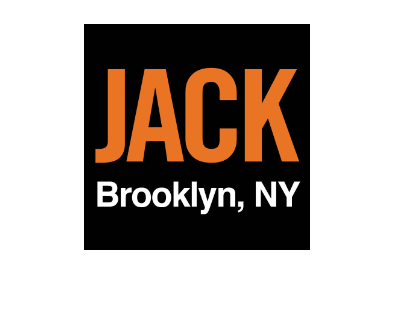
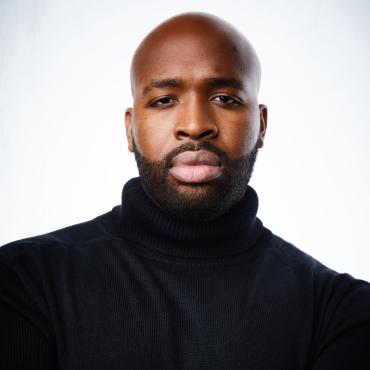
JACK is a multidisciplinary performance meets civic space serving central Brooklyn. JACK’s mission is to fuel experiments in art and activism, collaborating with adventurous artists and our neighbors to bring about a more just and vibrant society.
JACK was founded in 2012 with the aim of creating a space for performance that serves as a connection point for multiple communities—a space where individuals from different backgrounds come together, create art, and speak their truth. JACK’s goal is to ensure that their audience within (and beyond) their neighborhood are able to engage with the arts, overcoming barriers related to cost and physical access. JACK's original co-founders include Alec Duffy, Mimi Lien, Steven Leffue, Godfrey L. Simmons, Jr., Nikaury Rodriguez, Prentice Onayemi, Ike Ufomadu, Amy Laird Webb, Jennifer Kidwell and Andreea Mincic. Currently led by Amen Igbinosun, JACK is dedicated to two three primary callings: The first is to support early career artists by providing space where they can develop their artistic voice, expand their audience, and secure future opportunities all with full autonomy over their work; The second is to facilitate gatherings, forums, and town halls creating space for dialogue and connection amongst their neighbors. And the third is centering voices that have been systemically excluded from experimental performing art spaces in NYC, particularly BIPOC artists. JACK’s aim is to move people to think and feel differently. The programming at JACK is not “safe”—it is not designed for comfort, but rather to challenge their community with work that is intentional, urgent, and adventurous. This practice of civic engagement through performance and conversation helps to ensure their vision of a true community art space, one that moves towards a more equitable and liberated future.
Jerome Foundation supports JACK LABS and JACK Residencies programs. JACK Labs is a new play development series designed to support artists in developing new plays past the “workshop phase” but without the pressure of a multi-week run. JACK Lab artists receive a one-week residency at least one month before presenting a week-long run of their play. They receive additional tech/rehearsal time in the space prior to performance, as well as bolstered financial support, production support, press and marketing support, artistic feedback, connections to industry professionals, and a dedicated box office associate for performances. Artists participating in the JACK residency program receive 24/7 access to the space for two weeks, an artist fee, a technical orientation, and as needed support from JACK’s team as well as artistic feedback. This residency is intended to support artists with time and space to develop their work without the pressure of presentation. Artists are given the opportunity and support to present a work-in-progress performance at the end of their residency if they so choose.

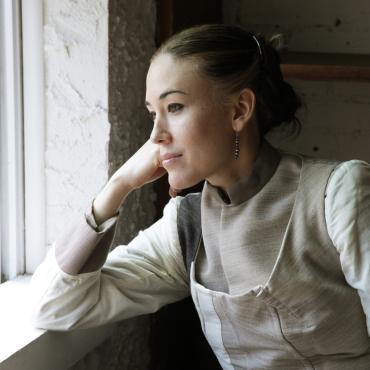
La MaMa Experimental Theatre Club is dedicated to the artist and all aspects of the theatre. La MaMa is a creative home to artists and audiences from around the world, a dynamic hub for risk-taking performance, and an integral part of New York City’s cultural fabric.
An artist-driven organization, La MaMa invests in artists at all stages of their career. La MaMa’s intergenerational, multidisciplinary, and ethnically diverse community of artists are encouraged to take risks, to respond to the pressing issues of our time, experiment freely, and grow through both success and failure.
Audiences at La MaMa are vital to the creative process. La MaMa’s local and global community members who gather in theirphysical, digital, and hybrid spaces to see new work are often the first audience for that work. The audience response helps to shape the evolution of the piece for the artist and is an essential part of the creative ecosystem that La MaMa nurtures.
Founded by theatre pioneer Ellen Stewart in 1961, La MaMa is the only original Off-Off-Broadway theatre still in operation. Since its founding, La MaMa has been a welcoming home for anyone typically excluded from the American Mainstream—queer, disabled, Asian, Black, Indigenous, Latinx, immigrant, and international artists. La MaMa sees art as a vehicle for revealing our shared humanity—a core value that guides them. La MaMa has long been at the forefront of a countercultural movement of marginalized and nontraditional artists and their stories. With their artistic community, La MaMa continues to explore and present new models of cultural connectivity.
Jerome Foundation supports La MaMa’s Residency Program and Playwrighting Fellowship. La MaMa’s residency program supports four early career artists each year for 12 months. Artists are fully immersed at La MaMa, supported by staff from all departments. Tailored to the needs of each artist, resources include a fee, unlimited access to La MaMa’s rehearsal studios, and the opportunity to present work in a fully equipped theatre with lights, sound, video, and soft goods. La MaMa’s Playwriting Fellowship is a new program started by playwright Justin Elizabeth Sayre. The Fellowship welcomes early career playwrights to find a home as they develop their own unique voices. Playwriting Fellows meet collectively and with mentor Sayre for monthly work sessions and will have a reading of their new work in La MaMa’s Experiments Play Reading Series.
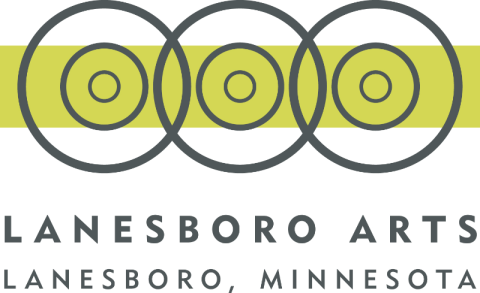
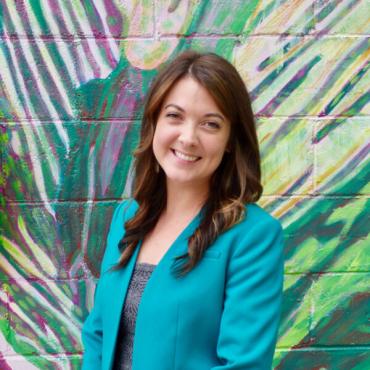
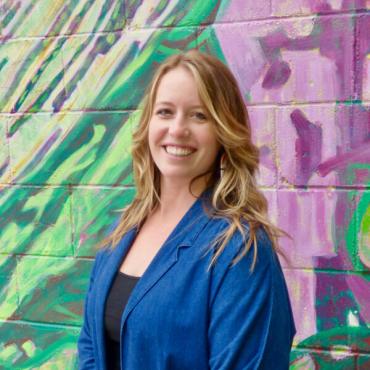
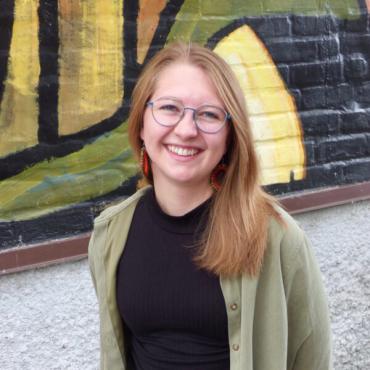
Lanesboro Arts is a multidisciplinary arts organization working to activate the people and places of Lanesboro (population 778) by empowering and creating opportunities for artists. The organization serves as a regional catalyst for artistic excellence and educational development in providing diverse art experiences for people of all ages. By utilizing the arts for community and economic development, creativity is woven into the social and municipal infrastructure, successfully changing the narrative of a rural community.
Lanesboro Arts began its journey in 1980 with the creation of the Lanesboro Art Council; in 2009, the Lanesboro Art Council and another local organization, Cornucopia Art Center, unanimously voted for a merger between the two to become the Lanesboro Art Center. Lanesboro Arts was founded over forty years ago to foster the growth of individual artists who wanted to activate the community with their art. Led today by Executive Director Kara Maloney, the organization continues to live out that legacy as a multidisciplinary arts organization working to activate the people and places of Lanesboro by empowering and creating opportunities for artists. Some of the programs Lanesboro Arts provides include Juried Sales & Exhibition Galleries, St. Mane performance series, Early Career Artist Residency Program, BIPOC Artist Residency Program, Rural Production Training Program, Early Career Artist Exhibition, Art in the Park, Juried High School Art Show, and arts education for all ages.
Jerome Foundation supports Lanesboro’s Early Career Artist Residency Program. The Lanesboro Early Career Artist Residency Program offers two- or four-week residencies to early career New York City or Minnesota-based artists driven to explore ways in which their work can be applied to the community and how Lanesboro’s rural community can inform their work. Artists receive access to studio space, living space, peer-to-peer engagement, and residency time. Guided by Artistic Director Melissa Wray and Program Director Leah Steding, the Early Career Artist Residency program is unique in that it provides an entire rural community and its myriad assets as a catalytic vehicle for engagement and artistic experimentation, with staff working with each resident to create a fully customized residency experience.
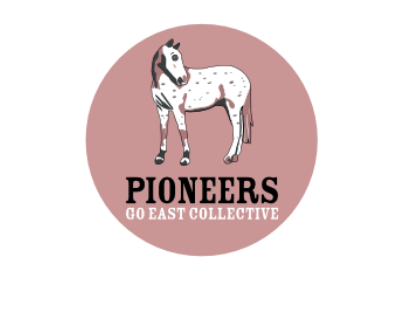
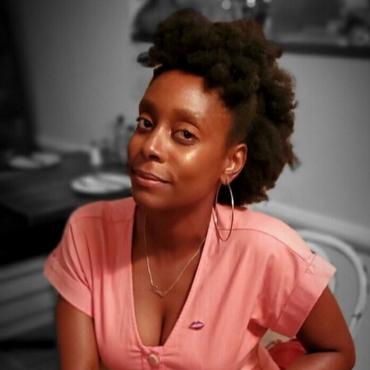
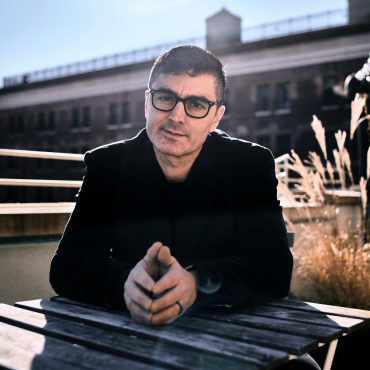
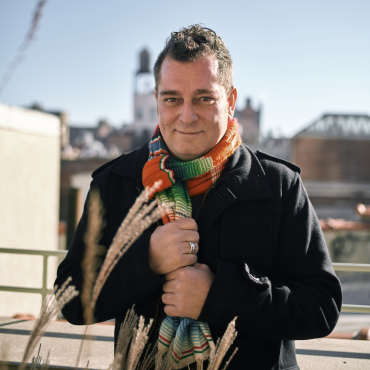
Pioneers Go East Collective (Pioneers Go East) empowers LGBTQ storytellers for social change working at the intersection of dance, performance, and film. Rooted in a Queer, Feminist lens, they create a platform for inclusion, justice, and visibility to generate lively exchanges between artists and audiences. Pioneers Go East promotes emerging and established interdisciplinary dance/movement-based artists and celebrates the legacy of LGBTQ+ visionaries.
Founded in 2012, Pioneers Collective has functioned as an incubator for 15 dance-theater and film works; 85+ arts education programs; the curation and production of 12 contemporary performance series/festivals; and the development and presentation of works by 550+ artists to 14,500+ audience members. Inspired by Walt Whitman’s poem Pioneers, O Pioneers!, an homage to the pioneers' search for a brighter future – the collective is comprised of thought-provoking artists from diverse backgrounds who come together to share their experiences. Remi Harris, Gian Marco Riccardo Lo Forte, Joyce Isabelle, and Philip Treviño lead the collective in collaboration with a community of like-minded writers, performers, musicians, and visual artists. Pioneers Collective's free/donation-based programming serves audiences across all five NYC boroughs and ensures access to a broad spectrum of communities. Activities include curated performance series and festival, participatory workshops on visual and performative storytelling, original productions that interweave live and digital forms, and ongoing creative developmental support through micro-residencies.
Jerome Foundation supports Pioneers Go East Collective’s NEXT! MENTORSHIP program. NEXT! is a mentorship development program focused on creative thinking and production support for early career LGBTQ artists working in performance, movement, storytelling, video, and across disciplines. NEXT! is designed for artists who take risks and whose rigorous and wide-ranging artistic investigations, including movement-based and text-based research, may incorporate other disciplines and collaborations with a focus on experimentation. Each year, NEXT! offers 3–6 artists professional development opportunities at a pivotal time in their lives and based on their needs. NEXT! nurtures artist development through exchange, monthly meetings, discussions, workshops, and presentations for a period of 12–18 months. Support may also include production, creative design, grant writing, and project budgeting. Artists additionally receive the opportunity to publicly present their work through Pioneers Go East’s existing curated series and annual festival.

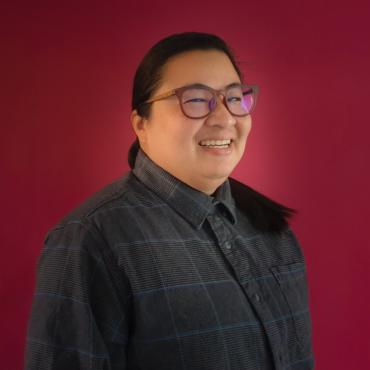
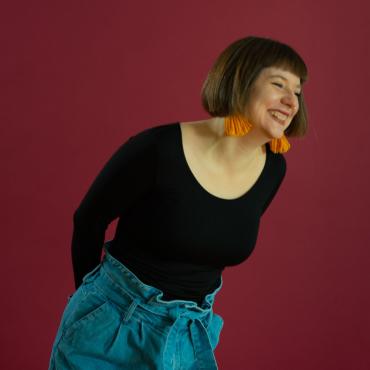
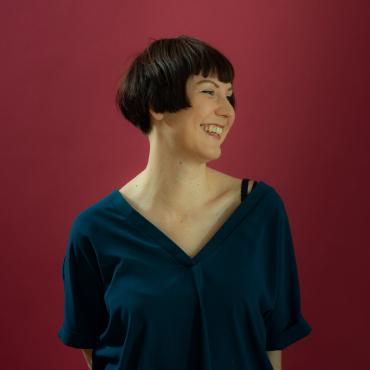
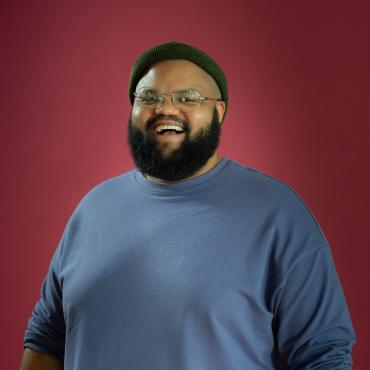
Red Eye is a multidisciplinary creative laboratory that supports the development and production of boundary-breaking performance work. Red Eye supports the rigorous artistic inquiry of Minnesota artists from a broad spectrum of experiences and expression. Artist-run and intentionally modest in size, Red Eye encourages experimentation, foregrounds process and advocates for systemic change for the contemporary performance community in the Twin Cities.
Red Eye was founded in 1983 and was led for 35 years by Steve Busa and Miriam Must. Since 2019, Red Eye has been led by a collective of Co-Artistic Directors: Valerie Oliveiro, Emily Gastineau, Rachel Jendrzejewski, and Theo Langason. They steward Red Eye as a leadership collective, working in collaboration with the Red Eye community, sharing the tasks and responsibilities of running Red Eye, and guiding both the artistic vision and organizational management. For over three decades, Red Eye has supported over 1,000 artists and presented over 200 shows. Red Eye provides crucial in-depth developmental opportunities, incubating the next generation of creators and making space for artists to reexamine creative process in a new light. Rooted in the core tenets of experimentation, collaboration, and critical discourse, Red Eye serves as a platform for the Twin Cities’ multi-faceted contemporary performance community and is a space for profound shared experiences that ignite connections between people and ideas.
Jerome Foundation supports a range of Red Eye’s programs for early career Minnesota-based choreographers, theater artists, performance artists, and inter-/multi-/anti-disciplinary artists:
- NEW WORKS 4 WEEKS (NW4W) is an annual festival; it is the culmination of two incubator programs in which artists meet for structured sessions where they show work and receive critical feedback—WORKS-IN-PROGRESS, supporting artists digging into new ideas/forms, culminating in a shared evening of showing 15-minute work in progress excerpts and ISOLATED ACTS, culminating in premiering 30-60 minute new works on a single or split bill.
- OMNIVERS provides flexible support for BIPOC artists with no requirement for public engagement, emphasizing relationship-building between artists and RE over two years.
- CURATED RENTALS provide artists with affordable, supportive rehearsal/performance space for self-producing artists/groups; at least two early career artists receive full subsidies annually.
- TIGER BALM is a new series foregrounding artistic process and critical feedback, in which artists share excerpts of work in development and then participate in facilitated audience discussions.

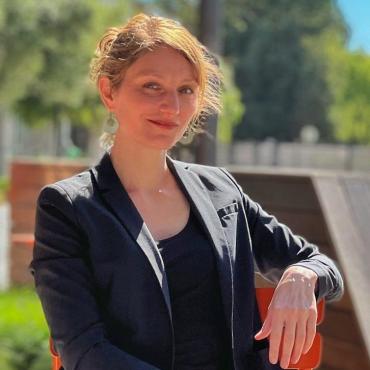
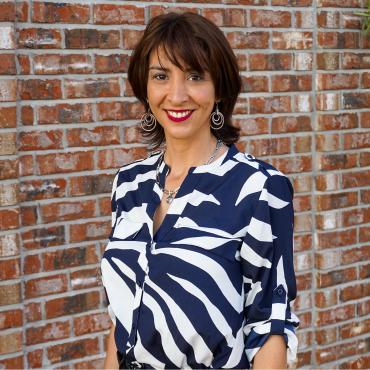
American Composers Forum (ACF) supports and advocates for individuals and groups creating music today by demonstrating the vitality and relevance of their art. ACF envisions a world where living music creators are celebrated as essential to human culture. The organization is a leading catalyst in an ecosystem that invites generations of composers, artists, advocates, and audiences to pursue this vision.
ACF was founded in 1973 by composers Libby Larsen and Stephen Paulus to create performance—and later recording—opportunities for living composers. They incorporated in 1975 as the Minnesota Composers Forum, and in 1996 the organization changed its name to the American Composers Forum (ACF) in recognition of its growing national reach. Over the course of nearly five decades, ACF has nurtured the work of thousands of composers and sought to advocate for their art on their behalf. Led today by Executive Director Vanessa Rose, ACF connects artists with collaborators, organizations, audiences, and resources; activates equitable opportunities for artists through storytelling, publications, recordings, hosted gatherings, and industry leadership; and provides direct funding and mentorship to a broad and diverse field of music creators, highlighting those who have been historically excluded from participation.
Jerome Foundation supports American Composers Forum’s ACF | create program. Serving early career New York City and Minnesota-based early career composers, ACF | create supports the creation, presentation, and subsequent life of a new work. Four artists receive financial and other development support to create new work with a collaborating organization or ensemble. Artists have opportunities to be featured and promoted on ACF’s platforms, such as curating playlists for I CARE IF YOU LISTEN, being interviewed for artist profiles, and having their work shared in ACF newsletters. In addition, awardees are invited to be part of ACF's broad network of artists and advocates and receive career development mentorship from ACF staff. ACF | create is managed by Director of Programs Carolina Heredia.
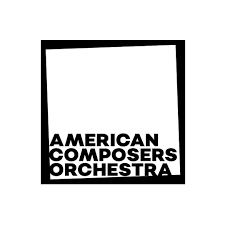
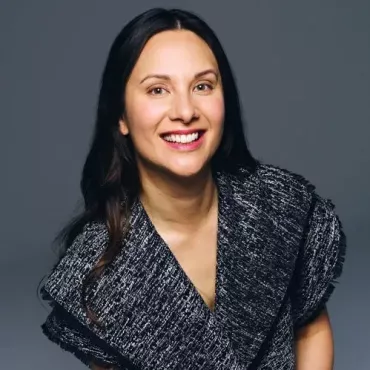
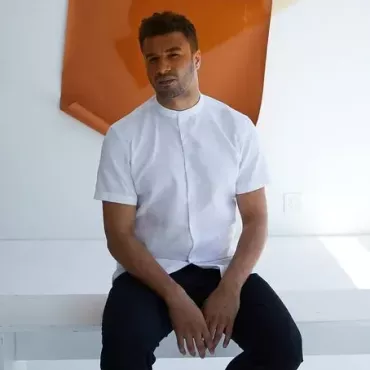
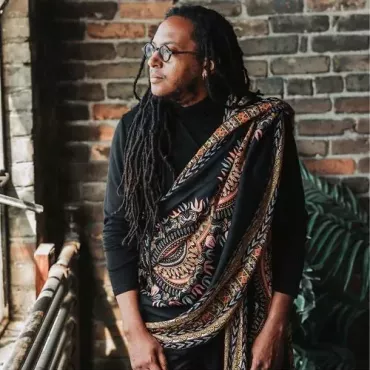
American Composers Orchestra (ACO) is dedicated to the creation, celebration, performance, and promotion of orchestral music by American composers. ACO identifies and develops talent, performs established composers, champions those who are lesser-known, and increases regional, national, and international awareness of the infinite variety of American orchestral music, reflecting gender, racial, ethnic, geographic, stylistic, and age diversity.
In 1977, a collective of fearless New York City musicians came together to form ACO. Committed for over 40 years to artistry, creativity, community, and equity, ACO has blossomed into a national institution that cultivates and develops the careers of living composers, providing a direct pipeline to meaningful partnerships with orchestras across the country. With a commitment to diversity, disruption, and discovery, ACO produces concerts, middle school through college composer education programs, and composer advancement programs to foster a community of creators, audiences, performers, collaborators, and funders. Led today by President & CEO Melissa Ngan and Artistic Director Curtis Steward, to achieve their mission, ACF is focused on three strategic areas: 1. Discovery and development of composers who expand the definition of American orchestral music; 2. Educational programs that position music composition and improvisation as a gateway to creativity; and 3. Performance experiences that build a community of creativity. In addition to its annual season, presented by Carnegie Hall since 1987, the ACO serves as a New York City hub where the most forward-thinking experimental American musicians come together, increasing awareness of the infinite variety of American orchestral music. To date, ACO has performed music by 800 American composers, including over 350 world premieres and newly commissioned works.
Jerome Foundation supports ACO’s EarShot Readings & CoLABoratory Residency programs. EarShot Readings cultivate relationships between early career composers and orchestras, providing mentoring, recordings, engagement in education and community programming, and professional development taking place over 8 months, followed by 2-4 day in-person readings process with a professional orchestra. CoLABoratory Residencies advance the work of early career composers whose work is experimental or rooted in traditions underrepresented in the orchestral repertoire. CoLABoratory addresses systemic barriers in orchestral commissioning, fostering equitable, inclusive, collaborative processes that generate adventurous work. Over one year, residencies include a commissioning fee, collaborative workshop sessions with orchestra musicians, readings and public performances, professional development, and opportunities for artistic, education, and community program design.
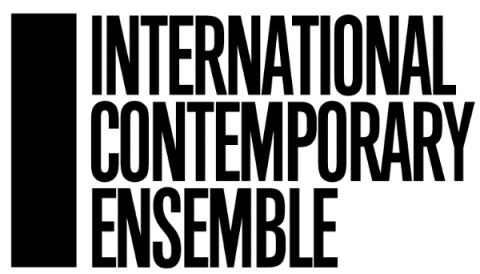
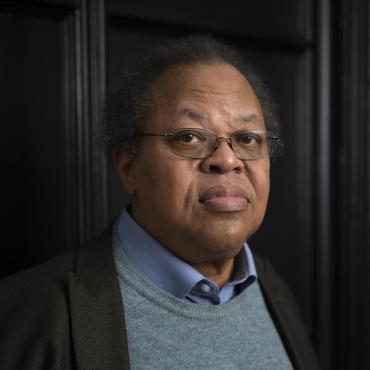
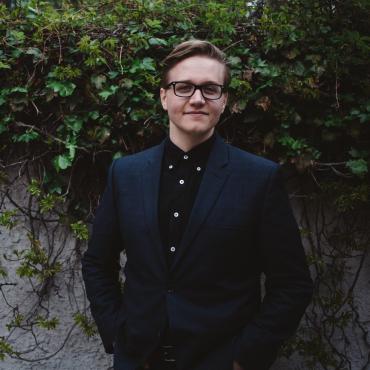
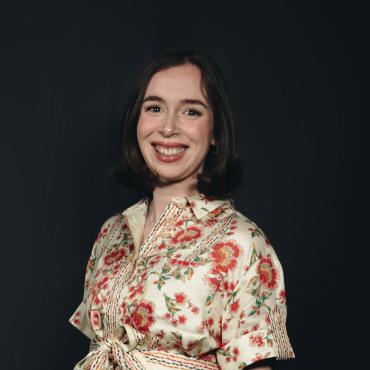
With a commitment to cultivating a more curious and engaged society through music, the International Contemporary Ensemble (ICE)—as a commissioner and performer at the highest level—amplifies creators whose work propels and challenges how music is made and experienced. ICE strives to cultivate a mosaic musical ecosystem that honors the diversity of human experience and expression by commissioning, developing, and performing the works of living artists. ICE is a collective of musicians, digital media artists, producers, and educators who are committed to creating collaborations built on equity, belonging, and cultural responsiveness.
Founded in 2001 by flutist and MacArthur “genius” Fellow Claire Chase, ICE has premiered over 1,000 works and is the recipient of the Chamber Music America/ASCAP Award for Adventurous Programming, as well as Musical America’s Ensemble of the Year Award. Now in its third decade, and led by Artistic Director George Lewis and Executive Director Jennifer Kessler, ICE continues to build new digital and live collaborative environments that strengthen artist agency and musical connections around the world. ICE’s Digitice platform provides high-quality video documentation, as well as public access to an archive of composers’ workshops and performances. In addition, ICE continues to build space for inter-organization dialogue on equity, and has facilitated New Music Virtual Town Hall meetings for peer organizations and individual musicians to share resources. ICE has had a major impact on the contemporary performance ecosystem in New York City, nationally, and internationally, by supporting the creativity of their composer-collaborators, as well as presenting workshops and performances for hundreds of student composers.
Jerome Foundation supports International Contemporary Ensemble’s Call For__ Commissioning program. This commissioning program supports two early-career New York City-based composers from any sound discipline and spans 6 to 18 months. The program showcases a diverse range of instrumental forces and musical aesthetics. Commissioned artists engage in collaborative workshop opportunities with ICE artists and the production team. The program includes a compositional and rehearsal period followed by premiere performances during the concert seasons, and each commission engagement operates on a unique timeline anchored in a 1-week incubation residency with ICE musicians. Additionally, artists receive promotional support and high-quality documentation produced and made available on Digitice, ICE’s acclaimed digital outreach initiative.
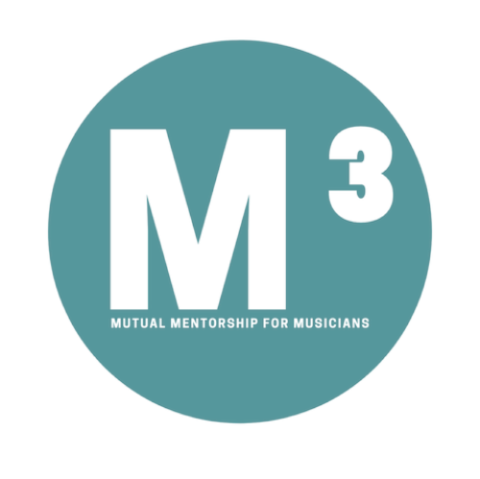
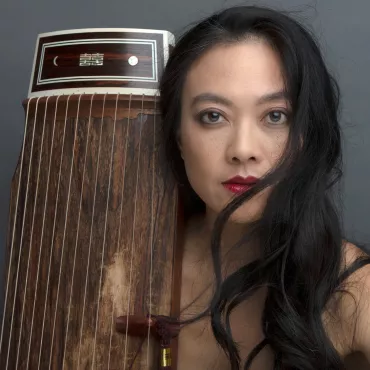
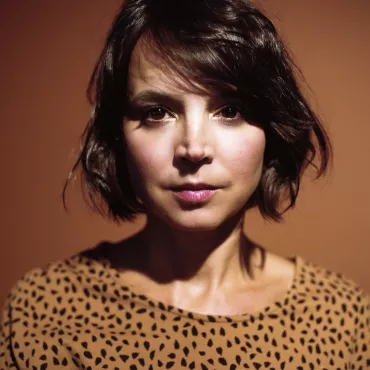
Mutual Mentorship for Musicians (M³) is a platform created to empower, elevate, normalize, and give visibility to musicians of historically underrepresented gender identities in intersection with race, sexuality, or ability across generations in the US and worldwide, through a radical model of mentorship and musical collaborative commissions. By building a non-hierarchical and intergenerational paradigm of mentorship, M³ celebrates a global network of artists, providing a think tank for new ways to connect, collaborate, perform, support, and create.
Co-founded in 2020 and led by vocalist-composers Jen Shyu and Sara Serpa, M³ recognizes that music—with its multiple languages and traditions—has been too often shaped by male power; this has resulted in unbalanced environments and presented multiple challenges for composer-performers from underrepresented groups to have access to meaningful and respectful mentorship. Since then, M³ has already served a global community of nearly one hundred composer-performers, pioneering a growing new model of support and creativity. M³ is guided by the conviction that when women and non-binary composer-performers are supported, they feel valued, are made visible, and are empowered to expand their creativity. A fundamental component of M³’s identity emphasizes process over product; this manifests in every aspect of our mission. By supporting artistic excellence through collaboration within and among each cohort, M³ creates expandable music communities while developing and sustaining career opportunities for women and non-binary composer-performers in the industry, in particular for women and non-binary composer-performers of color.
Jerome Foundation supports Mutual Mentorship for Musicians’ M³ Cohort program. Open to early career New York City-based composers—as well as to composers at any age above 18 years old, working in any music genre including jazz, improvised, creative, world, electronic music, and beyond, the M³ Cohort program aims to normalize powerful women and non-binary composers on the music scene. The M³ cohort program serves 12 composer-performers over 10 months. Through intensive meetings, professional development workshops, and technological support, cohort members create duo commissions of original compositions and videos with someone with whom they have not collaborated before. Participants receive an artist fee, writing workshops leading to their writing and essay or poem for the M³ Anthology of Writings, and audio/visual technological support. At the end of each season, M³ produce a Spring Celebration event to premiere the duo commissioned works, as well as to honor a previous M³ cohort artist with a Lifetime Achievement Award. One year later, M³ cohort musicians are invited to perform and showcase their music as bandleaders at the M³ Festival in New York City.
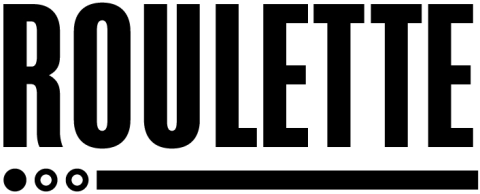
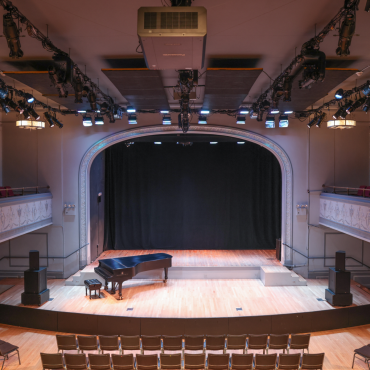
Roulette’s mission is to support artists and present performances of innovative music, movement, and media art; build audiences interested in experiencing new work; and trace the evolution of experimental performance in a freely accessible public archive. Roulette presents and platforms artists whose work confounds expectations—with a focus on new and unusual work by living composers and performers—and highlights and contextualizes historic work by significant artists, especially those who have been excluded due to systemic oppression, through its extensive archive.
Roulette was founded in 1978 by five graduates from the University of Illinois Urbana-Champaign: trombonist/composer Jim Staley, composer/producer David Weinstein, intermedia artist Dan Senn, graphic artist Laurie Szujewska, and composer David Means. Roulette emerged in a TriBeCa loft as a space for risk and discovery, where both young and established artists could explore new territory, invent, and cross-pollinate ideas. This is the spirit that has driven Roulette for over four decades. Following Jim Staley’s 45-year tenure as Artistic Director, Roulette is now led by Executive and Artistic Director Matt Mehlan. Roulette now annually presents over 120 music, movement, and intermedia performances by some of today’s most prolific artists and their extraordinary emerging counterparts, alongside an additional 150 community and rental events. They also present a monthly podcast, weekly and monthly radio shows, and weekly TV segments on public access. In 2019, Roulette relaunched its free online archive, which now houses over 4,000 newly digitized audio recordings, photos, videos, and ephemera dating back to the early 1980s. In September 2020, in response to the COVID-19 pandemic, Roulette began livestreaming performances using a robotic camera system and making the livestreams available to the public free of charge. With artists' permission, the muilti-camera video recordings are subsequently added to Roulette's continually-expanding free public archive.
Jerome Foundation supports Roulette’s Commissions and Residencies programs. Each year, Roulette’s Commissions program supports four early-career New York City-based composers with a commissioning fee to create new work for a world premiere in Roulette’s Downtown Brooklyn theater. Artists receive 8 hours of rehearsal time in Roulette’s space, to be utilized in whatever way is most useful to the artist. On the night of their world premieres, each artist has significant A/V team support. Each year, Roulette’s Residency program supports four early-career composers with a residency fee to create and workshop new work, plus a performance date in the Downtown Brooklyn theater. Artists receive 20 hours of project support or recording time to workshop, experiment, and take full advantage of Roulette’s full recording and mixing studio.

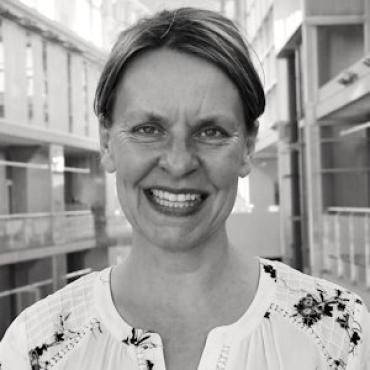
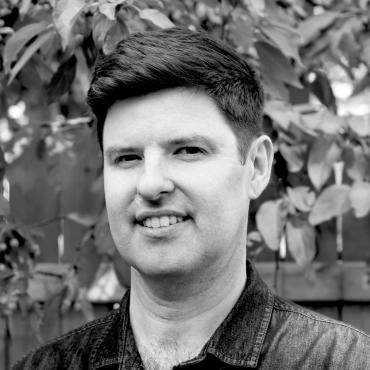
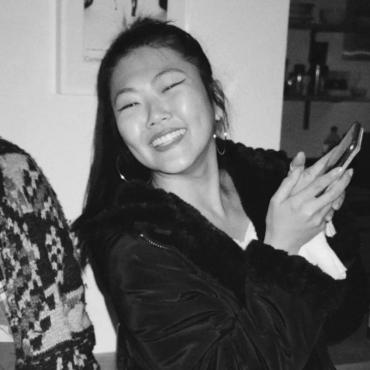
The Cedar’s mission is to promote intercultural appreciation and understanding through the presentation of global music and dance. The Cedar is committed to artistic excellence and integrity, diversity of programming, support for emerging artists, and community outreach. The Cedar leverages the power of artists’ voices and instrumentation to build bridges between communities, establish a culture of unity and understanding, and inspire positive change in attitude and perception.
The only all-ages venue of its kind in the Midwest, The Cedar was established in 1989 and operates in a building that was constructed as a movie theater. Located in the heart of Cedar-Riverside—one of the most prolific neighborhoods for live music in Minneapolis and home to the largest Somali diaspora in the U.S.—The Cedar plays a key role in maintaining the vibrance and diversity of the Twin Cities’ arts scene. Led today by Executive Director Michelle Woster, The Cedar presents unique voices from around the globe—from world legends to up-and-coming new bands—with programming that spans global roots, folk, indie, experimental, bluegrass, Americana, and blues genres, and includes artist residencies, educational programs, workshops, films, dances, comedy, spoken word, and community events.
Jerome Foundation supports The Cedar Cultural Center’s Cedar Commissions program. Launched in 2010, The Cedar’s Commissions program supports six early career Minnesota-based performing artists and composers who represent different cultural backgrounds and aesthetic perspectives, culminating in performances of their new work for local audiences. The Cedar provides career and creative guidance through a mentor of the artist’s choice, group and individual mentoring with Cedar and non-Cedar staff, a full-length professional video with multitrack audio and photos of their work’s premiere at The Cedar, a set of professional promotional portraits, a blog post feature about the commissioned new work on their website, and a full publicity and marketing campaign for performances.
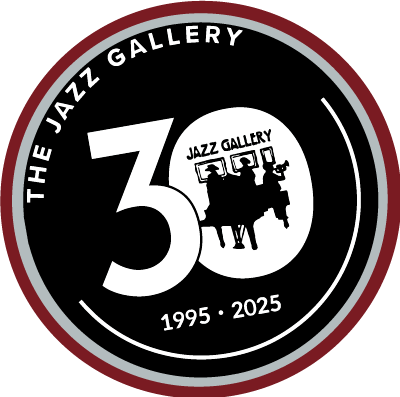
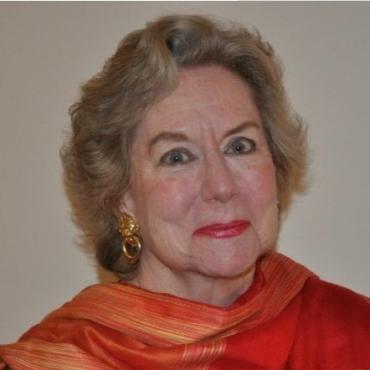
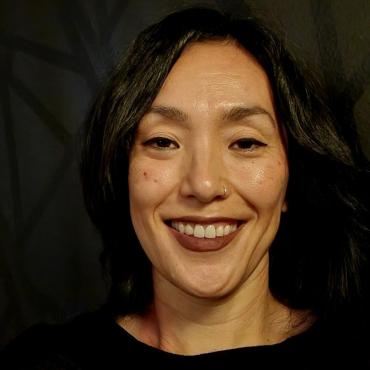
The Jazz Gallery (TJG) is a premier performance venue for artists who challenge convention, take creative risks, and lead their field as performers, composers, and thinkers. Through residencies, workshops, and exhibitions, TJG provides both a platform for emerging artists to discover their voices and a home for established musicians to continue to experiment and grow. At TJG, artists and audiences come together to explore new ideas, collaborate, and celebrate jazz as a dynamic art form that reflects our ever-changing world.
The Jazz Gallery was founded in 1995 by Dale Fitzgerald, vocalist Lezlie Harrison, and renowned jazz trumpeter Roy Hargrove who envisioned a hub and home for the jazz musicians and composers from around the world who come to New York to take part in and enhance the city’s vibrant cultural scene. Led today by Artistic Director Rio Sakairi and Executive Director Janet Luhrs, TJG presents over 400 shows each year, 4+ nights a week over 48 weeks of the year and reaches an annual audience of over 17,000 people. Their streaming capabilities help the music to reach 40 countries throughout the world. TJG currently offers programs such as their Debut Series, featuring artists who are performing at TJG, and often NYC, for the first time; 21st Century Jazz, which showcases both emerging and established artists; Residency & Fellowship Commissions, which support the creation of new works by exciting young composers and mid-career artists respectively; a Mentoring Program, which pairs young musicians with seasoned veterans to gain valuable creative and professional experience; and The Woodshed, which provides free rehearsal space to New York City’s jazz artists.
Jerome Foundation supports The Jazz Gallery’s Residency Commissions program. This 12-month program supports three early-career New York City-based jazz composers with a residency commission. Composers receive a commissioning fee, as well as unrestricted access to the performance space for an entire season to compose, rehearse, and record during off-hours. The residency culminates in the premiere of each composer’s new work. In addition, each artist receives three dates during the residency period to present any projects they choose.
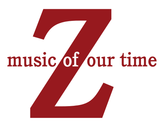
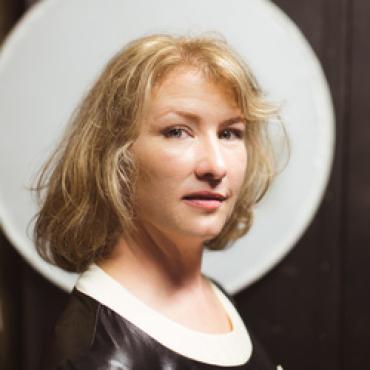
Zeitgeist’s mission is to enliven today’s music and expand its public with performances that engage, stimulate, and hearten. An artist-led organization, Zeitgeist serves artists and audiences equally and values the exploration of new musical ideas, high-quality musical presentation, and thoughtful engagement of listeners.
Founded in 1977, Zeitgeist is a new music chamber group of two percussionists, woodwinds, and piano. Zeitgeist’s work is to create and develop new musical ideas; strengthening new musical thought is at the center of everything Zeitgeist does. Led today by percussionist and Executive Director Heather Barringer, Zeitgeist is one of the longest-established new music groups in the country. Zeitgeist commissions and presents a wide variety of new music for audiences in the Twin Cities and on tour. Always eager to explore new artistic frontiers, Zeitgeist collaborates with poets, choreographers, directors, visual artists, and sound artists of all types to create imaginative new work that challenges the boundaries of traditional chamber music. Zeitgeist has maintained a fierce dedication to the creation of new music for the past four decades, commissioning more than 400 works and collaborating with emerging composers and some of the finest established composers of our time.
Jerome Foundation supports Zeitgeist’s SOUNDING GROUND program and commissioning and presenting for Zeitgeist's concert season. The SOUNDING GROUND composer residency program provides commissioning, development, and production support for an aesthetically diverse cohort of three early career Minnesota-based composers. SOUNDING GROUND awardees work closely with Zeitgeist on the development and production of a significant new work created for Zeitgeist and presented on its concert season. The goal of Zeitgeist’s Sounding Ground program is to create new musical works through a development process that supports risk-taking and results in artistic growth. Zeitgeist musicians and the Sounding Ground Cohort develop new works through 6 day-long workshops spread over several months. New works receive ample rehearsal prior to a series of premiere concerts held in the metro area as well as Red Wing, MN. Composers also receive audio and/or video documentation of completed work. Zeitgeist’s COMMISSIONING AND PRESENTING program develops work with early career composers and premieres works in its concert season. Commissioned works are often associated with festivals or topical programming. Two early career composers each year receive a fee, development time with Zeitgeist, premiere performances, and archival recordings.

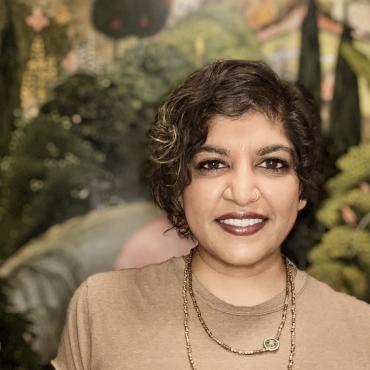
Eyebeam invests in artists who create with technology and explore how it influences the way we live. Eyebeam was one of the first organizations dedicated to supporting artists who create with technology. Eyebeam is building from an adventurous legacy and breaking new ground in the role technology can play in our lives by empowering artists concerned about injustice and inequity. Eyebeam.org is their new home, and they are establishing deep relationships with brick-and-mortar friends to powerfully present and amplify the work of their artists.
Eyebeam was established in 1998 by John S. Johnson as a resource for artists to engage creatively with technology in an experimental setting. Originally located in a warehouse in the Chelsea neighborhood of Manhattan, Eyebeam supported makers and thinkers who spearheaded game-changing projects like “reBlog,” the first-ever online “sharing” protocol, and “Fundrace,” the first geocoding of public campaign finance data. Eyebeam continues to be a power station for invention, providing a space for experimentation that propels and uplifts the cultural conversation. Eyebeam has opened its breadth of support to equitably compensate over 125 artists each year through its diverse programming. Now more than ever, Eyebeam radically centers artists in the cultural conversation, giving them the support to both interrogate and re-imagine what technology can be and who it is for.
Jerome Foundation supports Eyebeam’s Speculating on Plurality Residency Program. This 12-week project-based residency invites artists and creatives who are interested in further developing or expanding current or ongoing work or projects that offer new frameworks, platforms, interventions, or inventions to address the issues and ideas most critical to building the futures we seek. In 2026, the residency will support 6 early career artists whose work and thinking act as catalysts in defining our paths ahead. This residency supports works in progress, and residents will be invited to share their process with one another and with Eyebeam’s communities through a range of discussions - including digital, in-person, and open studio events.
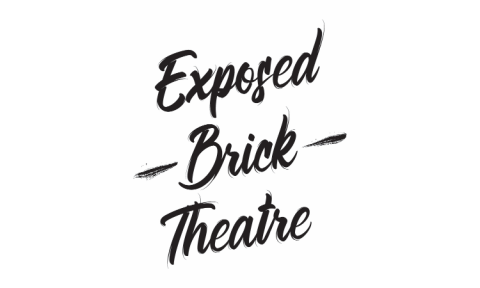
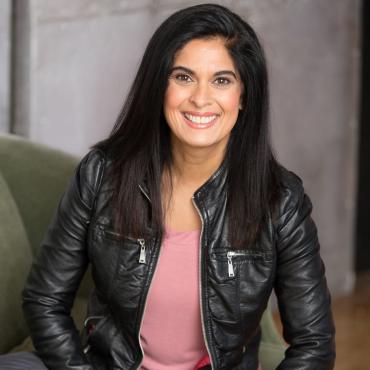
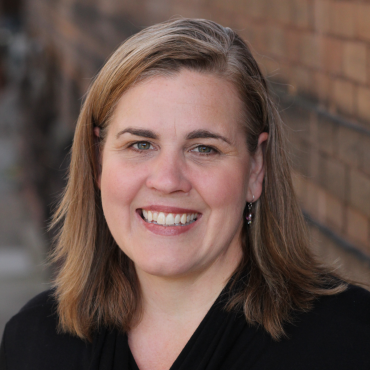
Exposed Brick Theatre (EBT) is dedicated to telling untold stories, centering omitted narratives, and creating art at the intersection of identities. EBT’s vision is to live in an empathetic world where people and their stories are valued. EBT envisions being an authentic space for artists to develop their own narratives and, in doing so, to change the canon of theater–one story at a time.
Exposed Brick Theatre was founded in 2004 and is led by Co-Artistic Directors Aamera Siddiqui and Suzy Messerole. EBT is a social justice theater with significant engagement with the social justice arts ecosystem in the Twin Cities. EBT centers the narratives and experiences of Black, Indigenous, and POC artists and communities and aims to shift the culture of theater to one that is culturally responsive, accessible, and safe for BIPOC and intersectional communities. For 20 years, EBT has been creating new work for the stage. They have produced 19 world premiere productions, tackling important topics in culturally specific and culturally responsive ways. EBT supports new work for the stage, fosters early-career playwrights, fuels amazing partnerships, and engages students through meaningful workshops and residencies in schools.
Jerome Foundation supports Exposed Brick Theatre’s Through Our Eyes Cohort program. Through Our Eyes is an 18-month development program for up to six early career Minnesota-based playwrights of the global majority focused on storytelling for the stage. Each artist is paid a stipend for their participation. In the first phase of the program, cohort members will participate in 12 playwrighting sessions, co-taught by Aamera Siddiqui and a guest instructor, to explore the elements of storytelling, playwrighting, and performance. The second phase focuses on developing a specific work or performance alongside monthly cohort sharing sessions. Each cohort member is also paired with a mentor who will provide feedback on the script or performance. Phase three is focused on sharing the work of all participants, the majority of which happens during the Through Our Eyes festival at Open Eye Theatre in Minneapolis.
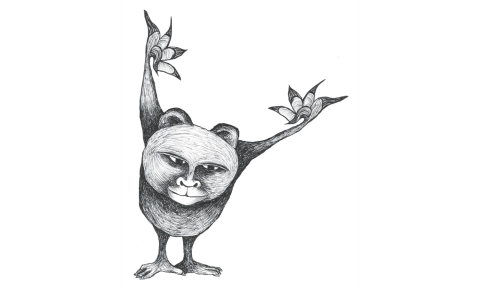
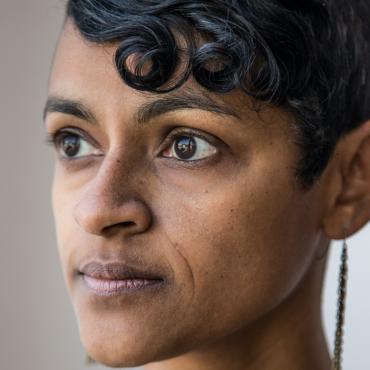
Monkeybear’s Harmolodic Workshop supports Native, Black, and IPOC in developing creative and technical skills in contemporary puppetry. Through workshops and developmental programs, Monkeybear creates opportunities for artists to create their first works of puppetry and develop further in the form.
Monkeybear’s Founder and Executive and Artistic Director Chamindika Wanduragala saw the lack of Native, Black, and IPOC artists in puppetry and created an innovative way for them to get into puppetry, founding Monkeybear in 2016. Monkeybear’s culture of support and experimentation builds an environment where artists from other disciplines feel safe stepping outside their comfort zones, creating a community that collaborates and supports each other as they dive into this powerful form of visual storytelling. Monkeybear mentors artists in puppet-making skills and storytelling; exposes them to current national and global work; provides critical feedback; supports artists in navigating opportunities and applying to grants; and nurtures a sense of community among artist cohorts by promoting the active exchange of ideas. While puppetry has been practiced around the world since ancient times, in the United States, the contemporary field is largely white. As a constituent/artist-led organization, Monkeybear is deeply committed to providing support for early career Native, Black, and IPOC artists even beyond their programming.
Jerome Foundation supports Monkeybear’s Harmolodic Workshop’s Puppet Performance Intensive, New Puppetworks, Puppet Cinema, and Iron Puppeteer programs. Offered on a biennial basis, Monkeybear’s programs provide early career Minnesota-based puppeteers and artists from other disciplines with everything they need to thrive. In the Puppet Performance Intensive, artists participate in a 7-day, free workshop to learn the fundamentals of puppet performance led by master puppet artist Andrew Kim. Artists who complete the Intensive can automatically participate in New Puppetworks, an 8-month mentorship program to create a 5–8 minute piece, with a stipend, access to Monkeybear’s studio, and culminating in a documented show at Pillsbury House +Theater. In Puppet Cinema, artists who have participated in New Puppetworks, can access an 8-month long mentorship program to create a short puppet film; artists learn basic filmmaking principles for puppetry, and have an opportunity to work with cinematographers, sound designers, and editors. Encouraging dynamic improvisation, a sense of play, and collaboration in storytelling, the Iron Puppeteer program brings together up to 10 alumni artists every other month to collaboratively devise a one-night only piece to be performed that evening.
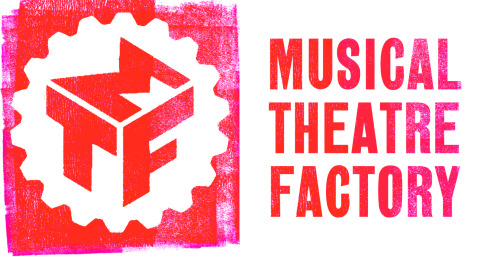

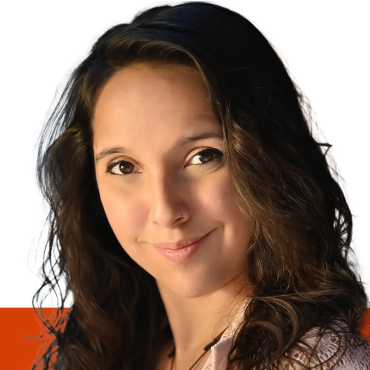

Musical Theatre Factory (MTF) develops changemaking new musicals in a joyous, collaborative community free from commercial constraints. MTF is committed to dismantling oppressive ideologies toward collective liberation, centering artists who exist in the intersections of underrepresented groups.
Since its founding in 2014, Musical Theatre Factory has been an inclusive community wholly dedicated to the developmental process of innovative new musicals by early-career artists. MTF began in the back of a porn studio when Founding Artistic Director Shakina Nayfack was gifted 18 months of a lease. MTF’s founding ethic of all-access and serving emerging musical theatre writers is evident in the formation of their signature programming, the Assembly Line™: a suite of development opportunities that offers artists a comprehensive framework for deepening their work. Every step of the Assembly Line provides valuable sharing opportunities of work-in-process in rigorous and supportive spaces. Currently led by Artistic Director Brisa Areli Muñoz, Interim Managing Director Abigail Grubb, and Director of Community Relations and Communications Andrea Negrete, and now in their 10th year, Musical Theatre Factory has been part of the development lifecycle for 500+ new works, served more than 3,500 interdisciplinary artists, and provided or facilitated direct support of art-making to the tune of $1.5M. MTF artists are leading the charge of radical transformation in every way, and envisioning and manifesting the future of the field.
Jerome Foundation supports Musical Theatre Factory’s MTF Makers program. The MTF Makers Program runs in 24-month cycles and supports groundbreaking New York City-based musical theatre makers and creators developing new work. Each participating artist receives a stipend for their participation in the program. Artists will have access to all MTF programming in addition to Makers-specific seminars tailored to the needs of each cohort. Each artist will be paired with a dramaturg from MTF’s extensive network of established artists and industry professionals. Artists have a monthly allocation of dedicated studio space hours within MTF’s home at The Music Building. MTF Makers meetings allow artists to present work-in-progress, share feedback, and build a supportive community. Artists also have the chance to workshop, develop, and present their work at MTF’s new Factory Floor space and other partner venues and across programming.
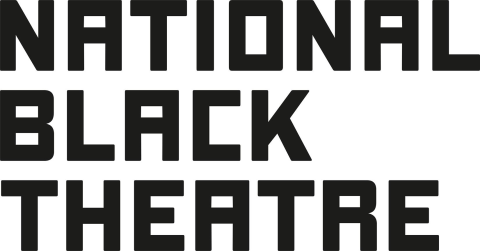
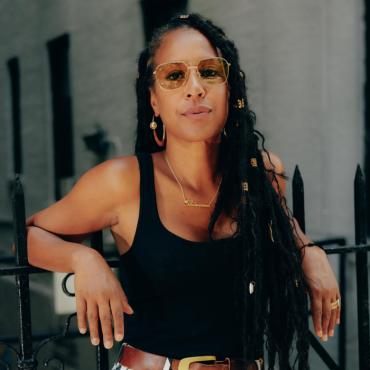
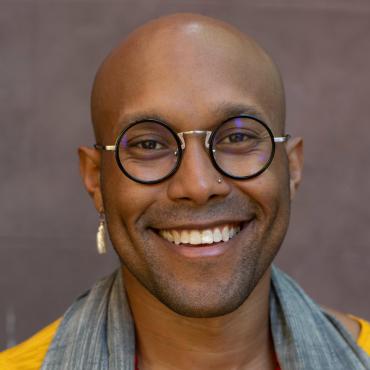
National Black Theatre (NBT) is a Tony Award-winning and Emmy Award-nominated institution founded in 1968 by Dr. Barbara Ann Teer. Dr. Teer was an award-winning performer, director, and visionary entrepreneur who founded NBT out of the impetus of the Black Arts Movement, a heightening of Black consciousness she championed alongside peers such as Amiri Baraka, Nikki Giovanni, James Baldwin, and others. NBT is the nation’s first revenue-generating Black arts complex, the longest-running Black theatre in New York City, and one of the oldest theatres consistently operated by a woman of color in the country. NBT serves as a beacon of authentic storytelling within the African American cultural landscape and has been included in the permanent collection of the National Museum of African American History and Culture in Washington, D.C.
NBT’s core mission is to be a home for professional and transformative theatrical production – one that enhances the African American cultural identity by telling authentic stories of the Black experience. Under the leadership of CEO Sade Lythcott and Executive Artistic Director Jonathan McCrory, NBT accomplishes its mission through several programs and initiatives focused on developing Black artists, incubating new works, advocating for our communities, and engaging diverse audiences. NBT creates and supports work that generates dialogue around the intersectional complexities of the Black experience. Through this work, NBT tackles themes of race, culture, socio-economic issues, people with varying abilities, and gender identities. NBT has invested in 300+ original works by Black artists and garnered numerous accolades, including NYTimes Critics Picks and Obie Awards. Today, NBT is a beacon of authentic storytelling within the African American cultural landscape and serves as a hub for a multi-cultural, multi-generational community, attracting nearly 100,000 visitors annually.
Jerome Foundation supports National Black Theatre’s I AM SOUL Playwrights Residency program. Launched in 2012, this 18-month-long residency provides two to three selected Black playwrights per year with a commission, office space, and administrative and development support to create a brand-new play. NBT provides each playwright a stipend for creating the new work and additional support throughout the development process, including a dramaturgical allowance, rehearsal space, two 29-hour developmental readings, access to a resource library, and supplies/materials to help them document their journey. At the culmination of each residency, NBT fully funds a professionally staged public presentation process, including a dedicated director, designers, and a performance ensemble. The residency is the only program in the United States dedicated to Black playwrights whose work demonstrates exceptional artistic merit and excellence in the theatrical field.
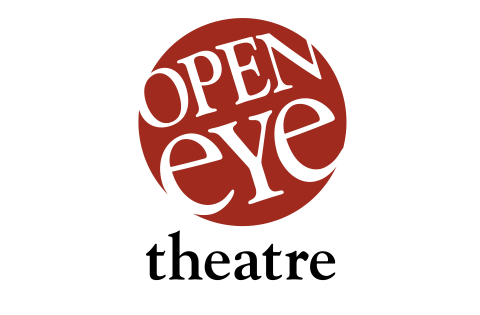
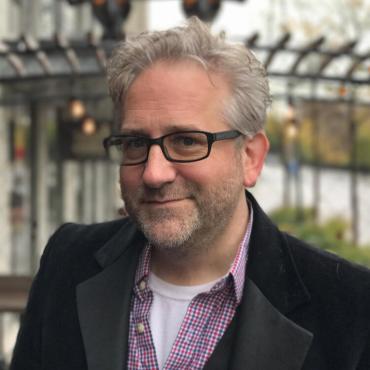
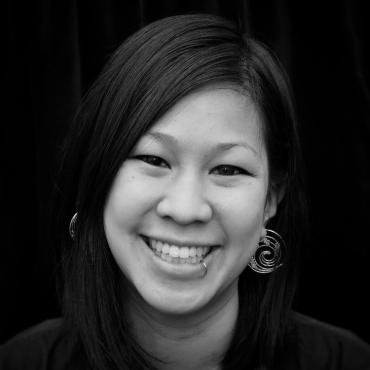
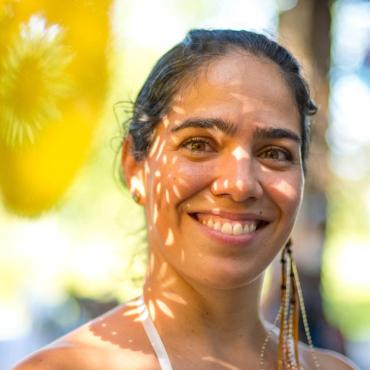
Open Eye Theatre (OET) is a multi-disciplinary, multi-cultural arts hub that serves artists and audiences through adventurous and imaginative arts programming. OET produces and presents profound experiences that open eyes, hearts, and minds through unforgettable performances in theater, puppetry, live music, dance, and storytelling. Puppet Lab is an artist incubator committed to radical, genre-expanding, boundary-pushing puppet work led by Co-Artistic Directors Oanh Vu and Sofia Padilla.
Open Eye Theatre was co-founded in 2000 by Susan Haas and Michael Sommers, and is currently led by Producing Artistic Director Joel Sass. OET’s space—a 110-year-old historical storefront in Minneapolis—is now home to an intimate theater that seats up to 90, with adjacent shops, studios, and gardens that provide a creative haven for artists. Both OET and Puppet Lab originated as artist-driven, artist-supporting endeavors, and the guiding philosophy is one of expansive creativity. Celebrating its 12th year in 2024, Puppet Lab was developed expressly to provide early career artists an avenue to explore the possibilities of puppetry without traditional parameters. While the program offers proven development techniques to guide exploration, the resulting techniques, aesthetics, narrative models, or forms is left intentionally broad. Puppet Lab does not exist to promulgate a singular mode of puppetry, but to serve as an experimental space to test new forms and hyphenated ways of storytelling.
Jerome Foundation supports Open Eye Theatre’s Puppet Lab program. Led by Co-Artistic Directors Oanh Vu and Sofia Padilla, Puppet Lab is an intensive 6-month developmental laboratory for four early career Minnesota-based generative puppetry and mask artists to advance their artistic development while creating new work in a supportive workshop environment. Each artist is awarded a stipend, and the cohort meets twice per month to review work and provide each other with feedback. Additionally, artists may choose a mentor who will provide up to 40 hours of contact time. The Puppet Lab culminates with each artist creating an original short, presented in a two-week festival of public performances at Open Eye Theatre and supported with professional marketing, lights, sound, and documentation.
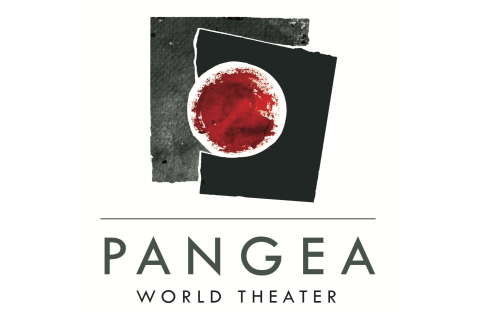
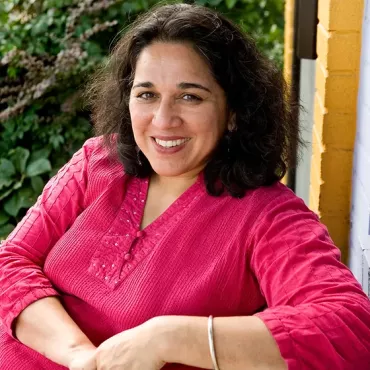
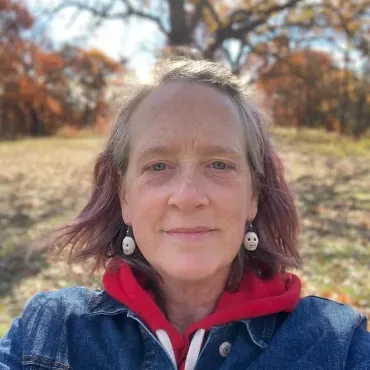
Pangea World Theater strives to build a just world by creating multi-disciplinary theater that embodies decolonizing practices of solidarity, sustainability, and equity. Pangea World Theater makes intercultural, sacred theater that stands for intersectionality and justice. Pangea World Theater creates authentic spaces for real conversations across race, class, and gender. Through a nuanced exploration of privilege, Pangea World Theater crafts ensemble-based processes with a global perspective. Pangea World Theater believes that artists are seers giving voice and language to the world we envision.
Pangea World Theater was founded in 1995, and is currently led by Artistic and Executive Director, Meena Natarajan, and Artistic Director and Co-founder, Dipanker Mukherjee. Since their inception, Pangea World Theater has worked with artists from many communities locally, nationally, and internationally to create new aesthetic realities for an increasingly diverse audience. Pangea World Theater is based on Lake Street, a vital corridor that runs through the heart of Minneapolis from the Bde Maka Ska Lake to the Mississippi. Pangea makes work that allows for multiple experiences and voices to arise and trusts artists and communities to tell their own stories in multiple, even contradictory ways. All of Pangea’s programs are presented in conjunction with community-based activities that include workshops, Open Ensembles, discussions, and outreach to schools. These events set Pangea’s works in their social, historical, and cultural contexts and provide an important link between the artists and the wider community.
Jerome Foundation supports Pangea World Theater’s Seeding Change Institute program. The Seeding Change Institute is focused on early career, Minnesota-based generative performing artists and interdisciplinary artists wanting to explore interdisciplinary and multidisciplinary work. Supporting eight artists over seven months, SCI will offer a fee, workshops, conversations, hands-on learning with guest artists, and readings with discussions. During the Institute each cohort member will develop their own artistic project alone or in collaboration with other cohort members. The cohort, as well as Pangea's Artistic Directors, guest artists, and the program director for SCI, will offer feedback and ongoing support on each project. There will be opportunities for the cohort to share their work with a larger audience and to have their work well documented. Everyone, regardless of what discipline they are working in, is invited to explore how different approaches might inform their work. Ellen Marie Hinchcliffe is the Seeding Change Institute Program Director.
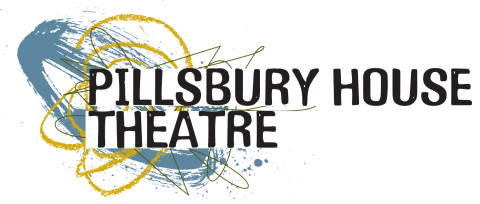
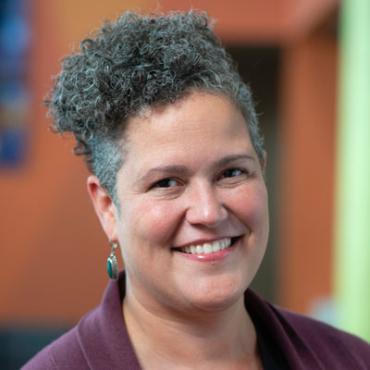
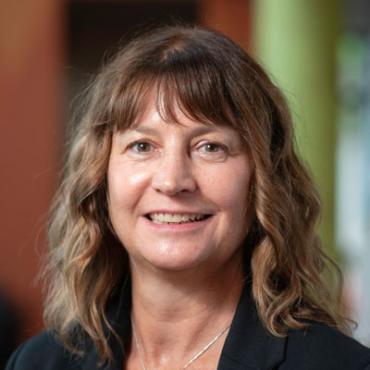
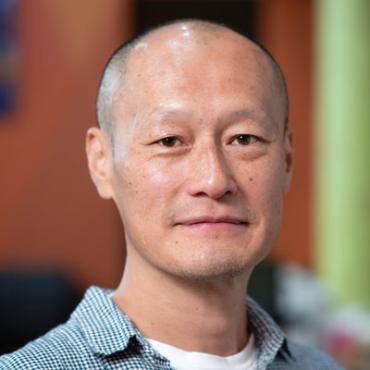
Pillsbury House Theatre’s (PH+T) mission is to co-create enduring change through a just society through arts. PH+T imagines thriving communities where creativity is the catalyst for building personal, social, and economic power for all.
Pillsbury House Theatre is Black-founded and led and is an integral part of Pillsbury United Communities (PUC), a 145-year-old, Black-led community organization working towards a vision of thriving communities where every person has personal, social, and economic power. In the early 1990s, an enterprising artist, Ralph Remington, transformed a historic 96-seat theatre within PUC into a professional theater, and in 2009—under Co-Directors Faye M. Price and Noël Raymond—Pillsbury House Theatre became a professional arts/human service hybrid rebranded Pillsbury House + Theatre: a center for creativity and community. Currently led by Senior Artistic Producing Director Signe V. Harriday and Director of Arts and Culture Noël Raymond, PH+T’s Mainstage Season consists of three productions per year with a focus on high-quality, contemporary scripts that confront diverse issues in an urban context, as well as two weekends of performance by early career performance artists who have completed the Naked Stages Fellowship. PH+T also runs innovative and award-winning community engagement programs, including Breaking Ice and the Chicago Avenue Project.
Jerome Foundation supports Pillsbury House + Theatre’s Naked Stages, New Works, and Maker Series programs. Supporting three early career Minnesota-based performance artists, Naked Stages is a 7–9 month fellowship led by Masa Kawahara that provides financial support, mentorship, cohort works-in-progress sharing sessions, workshops led by local artists identified by fellows, and a performance of a fully produced solo piece at PH+T. PH+T has been committed to identifying and supporting early career playwrights since their founding; PH+T’s new play development dedicates support and resources to early career playwrights over several years, culminating in a full production of a new play as part of the Mainstage Season. Created to fill a gap in support for artists due to recent arts organization closures in the Twin Cities and to address ongoing disparities in the ecosystem, the Maker Series engages artists/artist teams in monthlong residencies to create whatever they wish with the full support of PH+T staff and facilities.

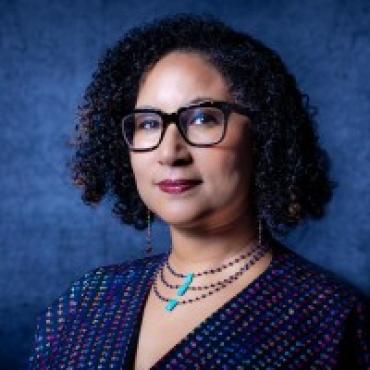
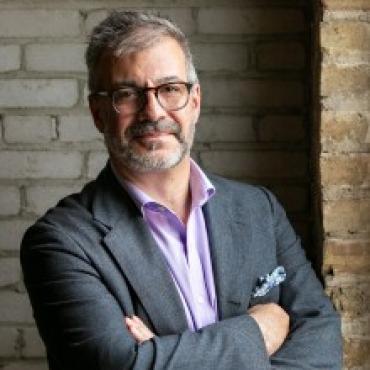
Playwrights’ Center sustains, develops, and advocates for playwrights and their work to realize their full artistic potential. Through the practice of inclusive theater-making, Playwrights’ Center fosters engagement towards an equitable, empathetic, and boundlessly imaginative world.
Founded in 1971 by six writers seeking artistic and professional support, Playwrights’ Center today serves more playwrights in more ways than any other organization in the country. Through partnerships, Playwrights’ Center provides more than $450,000 each year to playwrights and theater artists across the country. Currently led by Executive Director, Robert Chelimsky and Producing Artistic Director, Nicole A. Watson, Playwrights’ Center continues to break ground with playwright-centric development processes, bold theater relationships, and online and onsite resources serving 2,500 member playwrights worldwide, representing a vast array of identities, experience levels, aesthetics, and relationships to the professional theater field. The Center’s role is to support the vision of every playwright, whatever the form their new play may take and wherever the development process may lead them, to tell the story they choose without the pressures of production. Playwrights’ Center’s programs fall into four primary focus areas: individualized artist support, including fellowships and residency opportunities; new play development; community and educational resources; and amplifying and connecting playwrights and theater-makers beyond their participation in Playwrights’ Center programs.
Jerome Foundation supports Playwrights’ Center’s Jerome Fellowship, Many Voices Fellowship, and Many Voices Mentorship programs. The Jerome Fellowship and Many Voices Fellowship are two-year programs that provide early career Minnesota-based playwrights with a salary to support customized play development through workshops with professional directors, dramaturgs, and actors. Fellows work in an individualized and hands-on way with Playwrights’ Center artistic staff to develop their plays and connect playwrights to producers of new work. In addition to a salary, Fellows in these two programs are eligible for employer-sponsored health insurance. The Many Voices Mentorship program provides beginning playwrights the opportunity to develop work and free access to services designed to introduce them to the craft of playwriting. All Fellows and Mentees are welcomed to Playwrights’ Center as part of a cohort, with the expectation of a local residency and peer-to-peer engagement at artistic community events, an annual artists’ retreat, and monthly cohort check-ins.
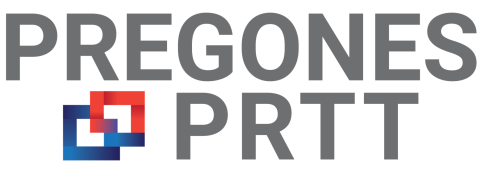
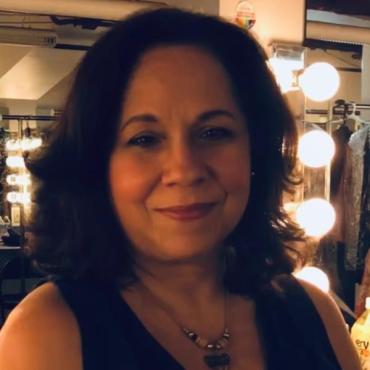
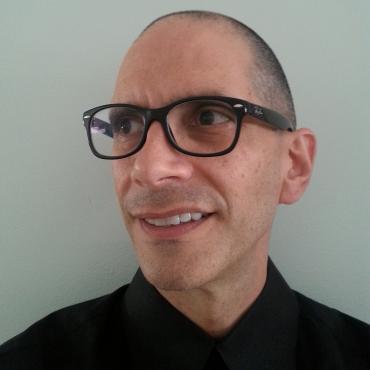
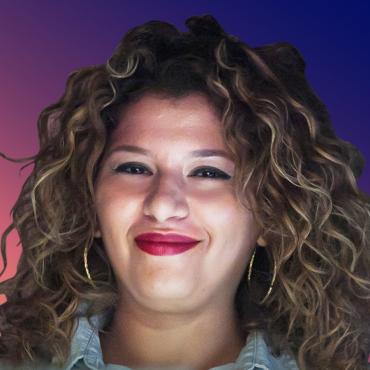

Pregones/Puerto Rican Traveling Theater (Pregones/PRTT) is a multigenerational performing ensemble, multidiscipline arts presenter, and owner/steward of bilingual arts facilities in the Bronx and Manhattan. Pregones/PRTT’s mission is to champion a Puerto Rican/Latinx cultural legacy of universal value through the creation and performance of original plays and musicals, exchange and partnership with other artists of merit, and engagement of diverse audiences.
Pregones was founded in 1979 when a group of artists led by Rosalba Rolón set out to create new works in the style of Caribbean and Latin American “colectivos” or performing ensembles. Established as a Bronx resident company, Pregones remains in the vanguard of an arts renaissance radiating throughout and beyond the Bronx. Puerto Rican Traveling Theater was founded in 1967 by Miriam Colón, a stage and film icon, as one of the first bilingual theater companies in the U.S. It is credited for nurturing the development of hundreds of Latino artists, legitimating cultural connections throughout the Spanish-speaking world, and pioneering models for community engagement. The two organizations merged in 2014. With distinctive Puerto Rican/Latinx flair, Pregones/PRTT plays a decisive role in empowering underrepresented artists and audiences to claim their place at the front of the American theater. With over one quarter of the City’s population being Latinx, Pregones/PRTT’s stage is a proud beacon of bilingual Spanish/English artistry and affordable arts access. Pregones/PRTT serves all five boroughs with special care for densely Latinx and systematically under-resourced neighborhoods of The Bronx, East Harlem/Upper Manhattan, and Clinton/Hell’s Kitchen. Beyond this core service geography, Pregones/PRTT also reaches diverse national and international communities with special consideration for the well-being of artists in Puerto Rico.
Jerome Foundation supports Pregones/Puerto Rican Traveling Theater’s Step Up: Artists in Residence program. This initiative provides early-career New York City-based performing artists working in theater, music, dance, and multi-disciplinary practices with customizable access, resources, a stipend, and mentorship options of up to 6 months for development and public showing of original projects. Both Pregones/PRTT’s Bronx and Manhattan theaters are open for use by participating artists; opportunities include core programming orientation and supervised technical support. Rooted in the values of partnership and collaboration, Pregones/PRTT commits resources to mentoring and peer-to-peer professional development, sustaining a wide range of intracultural, intercultural, and cross-sector relationships with artists, thinkers, and agents of positive change.

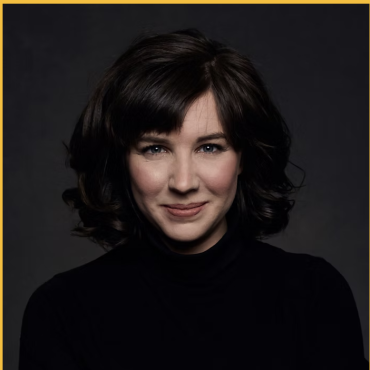
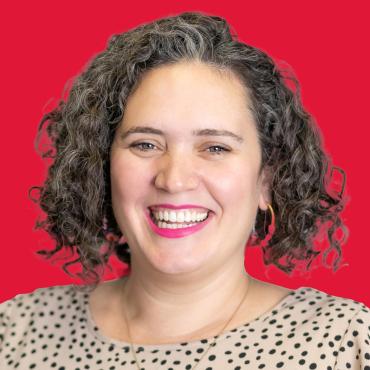
Founded in 1994 by David van Asselt and Gary Bonasorte, Rattlestick Theater has been steadfast in supporting diverse, provocative work and fostering bold voices in the American theater. Rattlestick’s mission is to produce adventurous new plays that are formally inventive and theatrically expansive. Now led by Artistic Director Will Davis, the first transgender leader of a major institution, Rattlestick is redoubling its efforts to support theater artists who are responding to the complexities of our culture through the radical distribution of resources toward the creation of new theatrical work.
From their historic West Village theater, Rattlestick has produced the first plays and early works of some of today’s leading voices, including Annie Baker (THE ALIENS, Obie for Best New American Play), Martyna Majok (IRONBOUND), Diana Oh (MYLINGERIEPLAY), and Heidi Schreck (THERE ARE NO MORE BIG SECRETS). Rattlestick is a place where some of the nation’s most celebrated playwrights feel safe to test their boldest ideas, including Dael Orlandersmith (UNTIL THE FLOOD), José Rivera (MASSACRE, SING TO YOUR CHILDREN), Samuel D. Hunter (LEWISTON/CLARKSON, nominated for the Drama Desk Award for Outstanding Play and the Outer Critics Circle Awards for Outstanding New Off-Broadway Play), and Arturo Luíz Soria (NI MI MADRE, Obie Award for Best Solo Performance).
Under the new leadership of Will Davis, Rattlestick’s annual activities are guided by three main programming anchors that re-imagine the creation of new work and focus on the unique process each artist needs: PRODUCTIONS, a lineup of new boundary-pushing Off-Broadway plays by innovative theatermakers that are deepened by incubator workshops; FELLOWSHIPS, four distinct programs dedicated to serving emerging playwrights and directors; and WORKING ARTIST INITIATIVES which include the newly launched Waverly Performance Studio, the Global Forms Theater Festival, and Rattle On Artist Salon.
Jerome Foundation supports Rattlestick Theater’s Van Lier New Voices Fellowship program. Providing substantial support each year to two early-career New York City-based playwrights of color, the Van Lier New Voices Fellowship was previously supported through the Lark and rehomed at Rattlestick in 2022. In this program, playwrights develop new and existing works through grant-funded research, mentorship with a veteran playwright, and readings and workshops of their plays, as well as a living stipend and artistic fund to advance their career development. Fellows have monthly check-ins with the Artistic Director to discuss the progress of their work and personal project needs. Fellows may schedule co-working time at the theater through the year, earmarked with two informal sharings of their works in progress over the course of the fellowship. The fellowship culminates with a workshop presentation of the artists’ work with an invited audience.
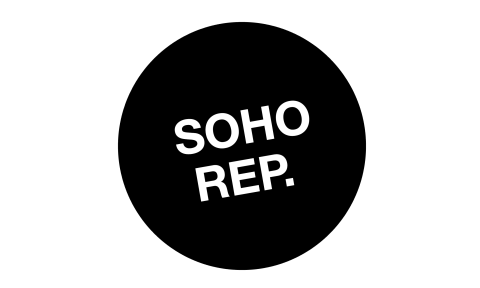
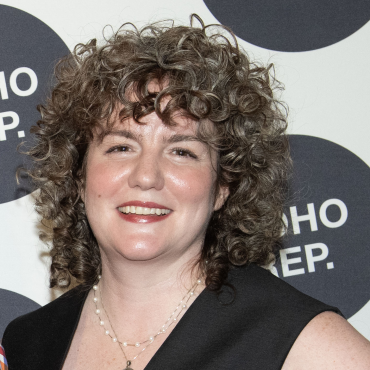
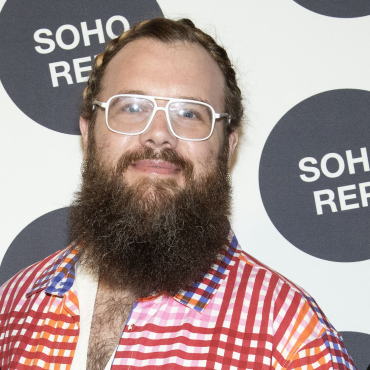
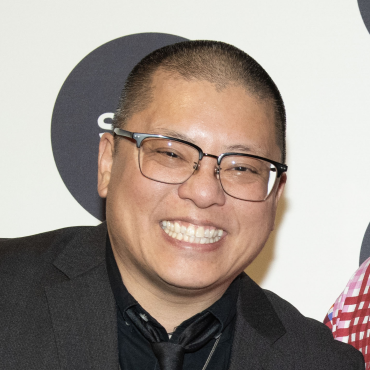
Soho Rep provides radical theater makers with productions of the highest caliber and tailor-made development at key junctures in their artistic practice. Soho Rep elevates artists as thought leaders and citizens who change the field and society. Artistic autonomy is paramount at Soho Rep, where an unmediated connection between artists and audiences is encouraged, thereby creating a springboard for transformation and rich civic life beyond the walls of the theater.
Soho Rep was founded in 1975 by Jerry Engelbach and Marlene Swartz. In 2023, Eric Ting and Caleb Hammons joined Cynthia Flowers as the organization’s Directors. Together, they continue a shared leadership model implemented by Flowers and previous directors Sarah Benson and Meropi Peponides. In 2024, after 30 years in their building at 46 Walker Street, Soho Rep announced that for the next two to three seasons, they will be producing two shows in Playwrights Horizons’ Sharp Theater and also one show in an alternate venue / nontraditional space somewhere in New York City, as they further explore what it means to be a civic institution. Soho Rep has continually evolved for nearly 50 years through leadership transitions that have catalyzed transformation and growth at the organization. It was originally a repertory company of actors and directors making new productions of mostly classic plays. Over time, Soho Rep has opted to focus on boldly experimental new works, most of which are world premieres and commissioned by Soho Rep.
Jerome Foundation supports Soho Rep’s productions, Studio commissions and workshops, Project Number One, and the Writer Director Lab programs. The Writer Director Lab, co-chaired by William Burke and Jackie Sibblies Drury, supports 6–8 early-career New York City-based playwrights and directors to develop new plays from scratch together over 18 months. Participants receive a stipend and attend bi-weekly meetings to respond to each other’s work. The program culminates in a workshop presentation of their works-in-progress. Soho Rep is often the first off-Broadway theater willing to produce a new artist with very little track record; Soho Rep is committed to several world premiere productions with early career artists every year. Through Soho Rep’s Studio, new plays are commissioned with an upfront commitment to production; early career artists are provided with workshops that reflect whatever is most vital to them as they ready their shows for production. Launched in 2020 as a job-creation program, Project Number One was designed to address the precarity faced by freelance artists, which was exacerbated by COVID-19 closures. Soho Rep brought 8 artists on staff full-time, receiving a salary and employer-sponsored health insurance. Project Number One has expanded into a radical restructuring of how artists are paid while working on productions.
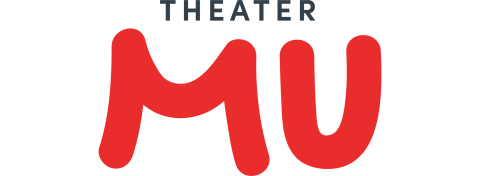
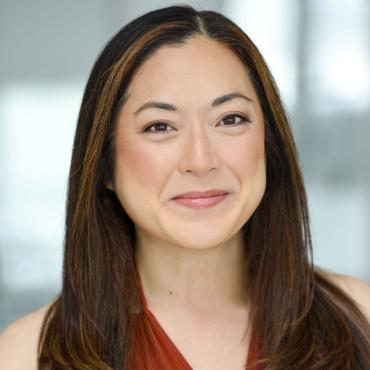
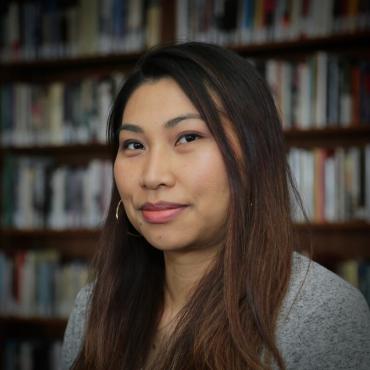
Theater Mu produces great performances born of arts, equity, and justice from the heart of the Asian American experience. Theater Mu celebrates and empowers Asian Americans through theater. Theater Mu’s primary artistic values are to:
- give voice and cultural profile to the Asian American community
- offer opportunities for mainstream audiences to gain insight into and empathy for Asian American culture and heritage
- provide professional development opportunities for emerging Asian American artists
- promote awareness of and progressive action on issues of social justice and gender equality in society
- move, provoke, and challenge our audiences to understand, embrace, and celebrate diversity
Founded by Dong-il Lee, Rick Shiomi, Martha B. Johnson, and Diane Espaldon in 1992, and currently led by Interim Artistic Director Katie Bradley and Managing Director Anh Thu T. Pham, Theater Mu is an arts organization dedicated to bringing Asian American voices to the Twin Cities theater community. Over the years, Mu has grown to be one of the largest Asian American theater companies in the United States and is the largest in the Midwest. Through performance, educational, and community outreach programs, Mu provides an unparalleled resource for Asian American artists, introduces Asian American stories and issues to audiences of all backgrounds, and gives Asian Americans of all ages and ethnicities a place to connect and belong.
Jerome Foundation supports Theater Mu’s Mu Tang Clan and new play development programs. The Mu Tang Clan incubator program was conceived and led by Mellon playwright-in-residence Saymoukda Duangphouxay Vongsay in 2021. Mu Tang Clan invites up to 10 early and mid-career Asian American playwrights with writing clinics, workshops, and public readings. Artists are paid a stipend over six months, plus additional funds to cover a professional reading of each playwrights’ new work at the end of the cohort period.
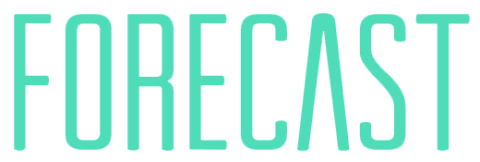
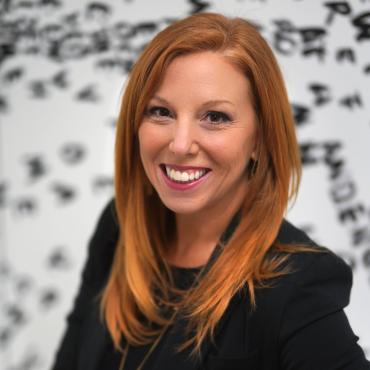
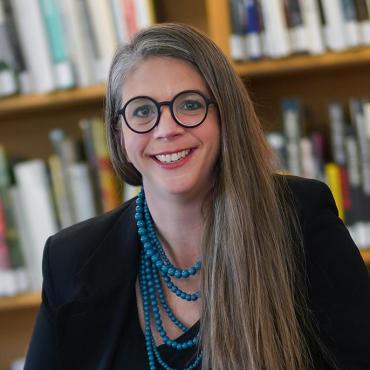
Forecast Public Art firmly believes that culture and creativity are important drivers of creating a more just society. As one of the country’s first nonprofit organizations dedicated to advancing the field of public art, Forecast’s mission is to activate, inspire, and advocate for public art that advances justice, health, and human dignity. Forecast believes public art plays a crucial role in creating a sense of belonging and supporting people to realize their potential and live healthy lives.
Forecast was founded in 1978 by and for artists working in public space and is currently led by Executive Director Theresa Sweetland. Based in Saint Paul, Minnesota, and working both locally and nationally, Forecast connects artists with cities, institutions, and communities to courageously tackle the vital issues of our time. The organization partners with decision-makers and stakeholders on arts and cultural planning efforts and supports public artists with funding, training, and opportunities to create partnerships and advance their public art careers. Their team also helps others find, select, curate, fund, and commission public artists. Forecast emphasizes access for artists of color, Indigenous and/or Native artists, and groups that are traditionally excluded.
Jerome Foundation supports Forecast’s Early-Career Project Grant and Research and Development Grant programs. Managed by Director of Learning, Grants, + Research Jen Krava, Forecast’s early-career Public Artist Grants specifically serve individual, early career, generative public artists and artist teams in the state of Minnesota and the Native Nations that share the same geography. Grants to early career artists consist of two Project Grants to support the creation of new temporary or permanent public art projects and four Research & Development Grants to support public art planning and project development. In addition to funds, grantees receive a unique constellation of resources and services catered to their specific interests, needs, and artistic practices. Forecast works to connect grantees with a broad network of public artists and opportunities by offering access to Forecast activities and events, easing grantees’ path as public art professionals and opening doors for them to connect with peers, established artists, and other community members.

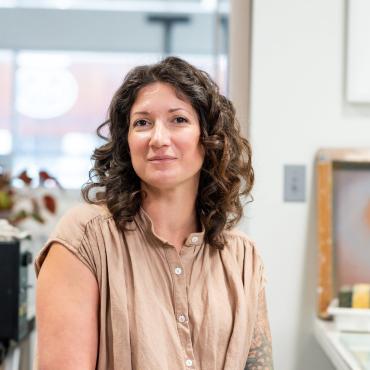
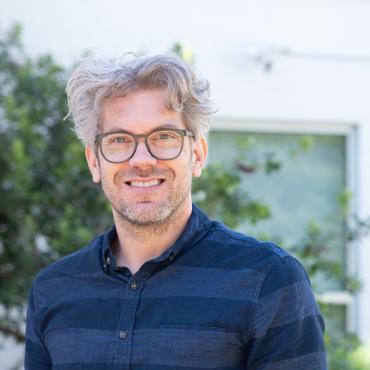
Highpoint Center for Printmaking is dedicated to advancing the art of printmaking. Highpoint creates pathways for artists, learners, and the public to increase their understanding and appreciation of printmaking through artistic and educational programs, a cooperative studio, a public gallery, and collaborative publishing opportunities. Highpoint’s vision is to be a leader in providing education and community-focused arts access and programs to students, early career to established artists, curators, collectors, members, and audiences. Highpoint sees printmaking as a highly democratic art form and invites participation that includes many unique points of view.
Highpoint Center for Printmaking was established in 2001 by co-founders Carla McGrath and Cole Rogers and is currently led by Executive Director Jehra Patrick. Highpoint is an accessible, community-oriented facility. Until Highpoint opened its doors, broad public access to the printmaking arts was virtually non-existent in the Upper Midwest. Highpoint’s programming areas include the Artist Cooperative Printshop—a core part of HP’s mission since its founding—providing access to HP's printmaking facilities, equipment, discounts on classes, and mutual feedback and support; Highpoint Editions, pairing guest artists with HP’s professional printing studio and staff; Gallery exhibitions featuring work by artists across HP’s program areas (and beyond); residencies and fellowships designed for artists at all stages of their careers; and education programs serving learners of all ages including thousands of K–12 youth in Minnesota through in-person printmaking classes, art kits, virtual lessons, and more.
Jerome Foundation supports Highpoint’s Jerome Early Career Printmakers Residency program. Coordinated by Director of Artist Programs, Josh Bindewald, this residency program creates systems of support, professional development, and engagement at a pivotal moment in an artist’s career. Serving 3 early career Minnesota-based visual artists each year, the Jerome Early Career Printmakers Residency resources include: 12 months of access to Highpoint’s state-of-the-art cooperative printshop; art materials; a stipend; technical guidance in the form of classes and/or individual instruction; field trips such as guided tours of exhibitions at local arts institutions; peer-to-peer learning and community through engagement with the co-op members, practicing artists, and teachers; professional development through in-progress critiques with invited artists and arts professionals; a fully supported exhibition, reception, and artist talk in Highpoint’s gallery; and professional photography of the exhibition.
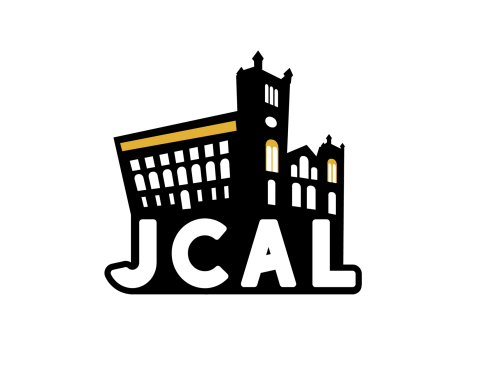
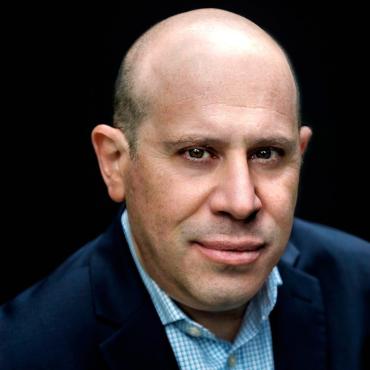
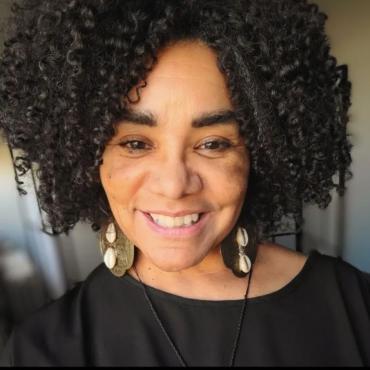
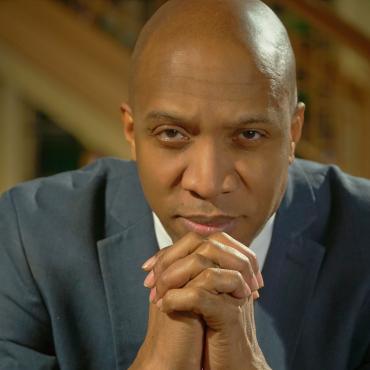
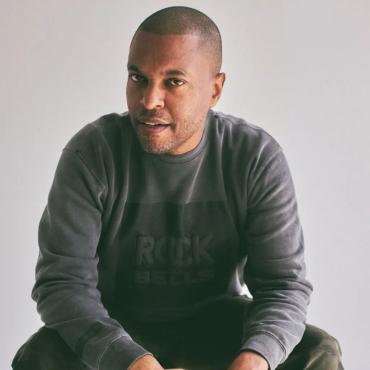
Jamaica Center for Arts and Learning (JCAL) offers quality visual and performing arts programs and provides accessible education programs to encourage participation in the arts. Born of a community-driven effort to situate arts and culture at the center of the revitalizing Jamaica neighborhood, JCAL inspires youth to pursue an interest in the arts, showcases emerging artists and performers, and has delivered multidisciplinary, multicultural programs to more than three generations in Queens—where 2.4 million African-American, Caribbean-American, Indo-Asian, African, Latinx, Caucasian, Native American, and Indigenous artists and audiences live, work and learn.
Founded in 1972 and currently led by Executive Director Leonard Jacobs and Artistic Director Courtney Ffrench, JCAL is the only multidisciplinary arts center—and only member of New York City’s historic public-private partnership, the Cultural Institutions Group—in Southeast Queens. Within their 45,000-square-foot headquarters in the landmark Queens Register of Title and Deeds Building, JCAL offers an array of art galleries and studios, rehearsal spaces for music and dance, a 94-seat studio theater, plus classrooms and offices. Two blocks away—in another landmark structure, a former First Dutch Reformed Church—is JCAL’s state-of-the-art, 400-seat Jamaica Performing Arts Center (JPAC).
Jerome Foundation supports Jamaica Center for Arts and Learning’s ARTWorks program. ARTWorks—the Artist Residency and Training Seminar Series—is a six-month annual Fellowship focused on career sustainability for six early career, underrepresented visual artists in New York City. Through engagement with the program’s distinctive, wide-ranging Seminar Series, as well as cash stipends, an invitation to participate in a monthlong exhibition in JCAL’s Miller and Community galleries, and free use of JCAL’s studios, Fellows receive the practical knowledge to navigate the aesthetic and socioeconomic complexities and substructures of the New York art world. Through fiscal and technical support, Fellows hone their creative visions and professional practices, expand their career networks, and, at the culmination of the program, utilize JCAL’s well-recognized platform to ensure broad audience access to their work. ARTWorks operates in a three-year cycle with Jamaica Flux, JCAL’s triennial of site-specific artwork. Sherwin Banfield, a Queens-based mixed media artist and previous curator of Jamaica FLUX, serves as the Project Manager for ARTWorks.

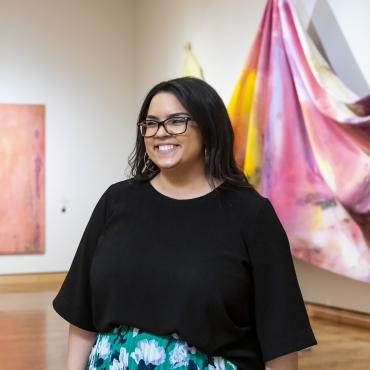
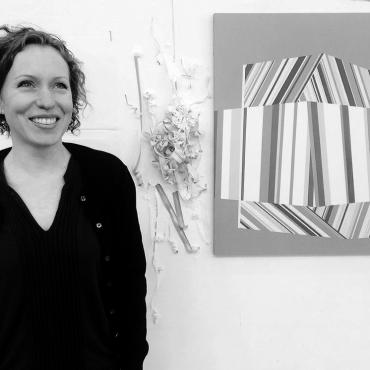
Minneapolis College of Art and Design (MCAD) is an esteemed institution recognized nationally and internationally for its innovative approaches to art and design education. MCAD invites exploration and experimentation in creative practice with courses ranging from fine arts and design to entrepreneurship and sustainability. Offering a transformative education for creative practitioners of all backgrounds, MCAD prepares students to confidently lead and practice in an ever-evolving world.
Founded in 1886, MCAD is located in the culturally rich art-and-design community of the Twin Cities, Minnesota. The college is home to approximately 800 students from 45 states and 15 countries; it is where students find their personal and professional purpose as creative leaders. The college offers bachelor’s degrees in fourteen disciplines, including Arts Entrepreneurship, Design, Fine Arts, and Media Arts; one residential Master of Fine Arts and three online master’s degrees; and continuing education classes for all ages. Since 1981, MCAD has been administering the MCAD-Jerome Foundation Fellowships for Early Career Artists and is dedicated to this vital program that supports Minnesota’s artists. As an extension of MCAD’s educational mission, the fellowship allows selected artists to make new work while being supported by the infrastructure of an art and design college. Fellowship recipients have access to local and national arts professionals, an exhibition program that includes promotion, documentation, and engagement opportunities, and access to MCAD facilities and research material in MCAD’s library and archives. Hosting fellows also allows MCAD to expand its community of practicing artists; the MCAD community of students, faculty, and staff benefit from interacting with fellows and seeing their work over the course of the fellowship year.
Jerome Foundation supports MCAD’s MCAD–Jerome Foundation Fellowships for Early Career Artists program. Led by Keisha Williams, Director and Curator of MCAD Galleries and Exhibitions, and Melanie Pankau, Associate Gallery and Fellowship Coordinator, the MCAD-Jerome Foundation Fellowships for Early Career Artists offers 4 early career Minnesota-based visual artists each year the tools and resources to produce new work. Participating artists receive 18 months of support, including a fee, cohort connection through regular meetings, one-on-one studio visits with guest critics, access to MCAD facilities, and a culminating exhibition that includes professional documentation, a public panel discussion, and a group catalog.
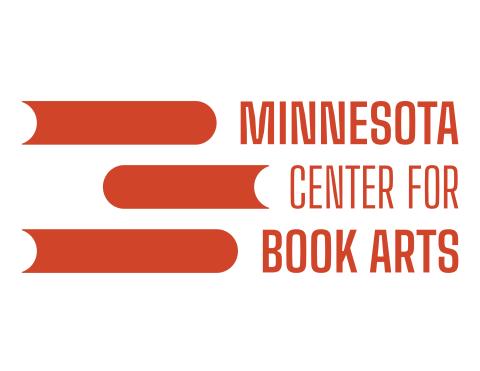
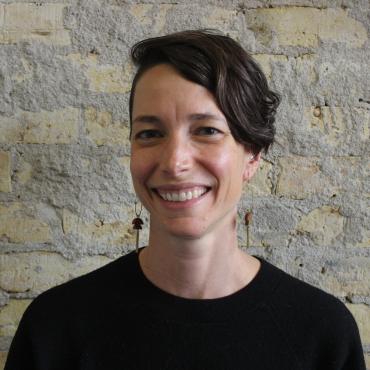
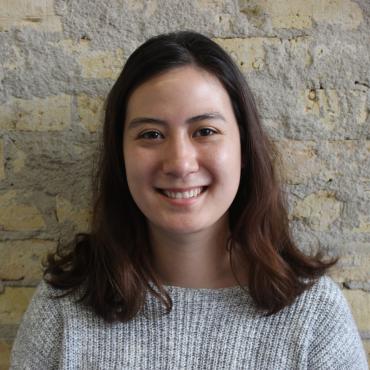
Minnesota Center for Book Arts (MCBA)’s mission is to ignite artistic practice, inspire learning, and foster diverse creative communities through the book arts. MCBA envisions a world in which creative expression through the book arts is accessible to people at every age and every walk of life. MCBA advances the book arts field by inviting innovation, caring for traditions, educating new enthusiasts, inspiring creative expression, honoring artistic excellence, and empowering broad public access to this dynamic art form.
In 1983, a group of book arts practitioners and enthusiasts in the Twin Cities began plans to create a true book arts center where artists could create, students could build skills, fine art could be exhibited, and a generally under-acknowledged artistic discipline could be elevated into the public eye in the Minnesota arts community. Two years later, MCBA opened its doors. Today, MCBA is led by Executive Director Elysa Voshell and is the largest and most comprehensive center of its kind, with two galleries, a library, a shop, and studio spaces for letterpress printing, papermaking, screenprinting, and bookbinding. Located within Open Book at the eastern edge of downtown Minneapolis, MCBA serves upwards of 82,000 patrons each year. MCBA is also home to a vibrant working artist community, from college students to retired lifelong learners. Artistic and community programs include exhibitions, public programming, artmaking workshops, and support for working artists.
Jerome Foundation supports MCBA’s Book Arts Residency and Book Arts Mentorship programs. Led by Director of Exhibitions & Artist Programs Anika Schneider and offered in alternating years to 3 early career Minnesota-based visual and interdisciplinary artists per year, the Book Arts Mentorship Program (Year 1) and the Book Arts Residency Program (Year 2) expand the creative boundaries of the book arts genre and equip artists with new skills, concepts, and techniques. Both year-long programs offer financial support, education/training opportunities, 24/7 access to MCBA’s facilities for the program duration, and more. The Mentorship Program is directed to early career artists who work in disciplines outside of the book arts—including poets, sculptors, photographers, and choreographers—with a focus on education and training and a goal to expand the boundaries of the book arts genre. Residency recipients have a background in book arts. This program encourages the creation and exhibition of new work and strengthens skills and career development.
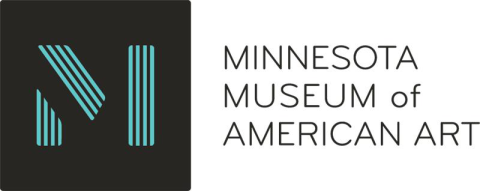
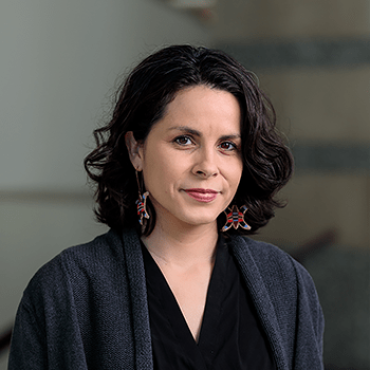
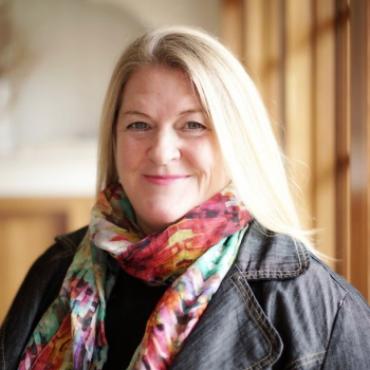
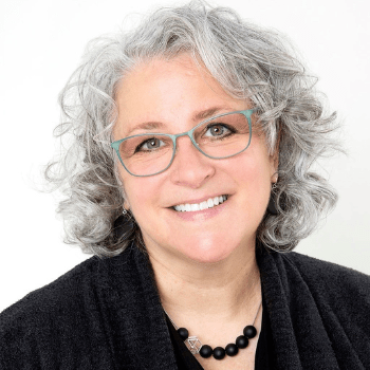
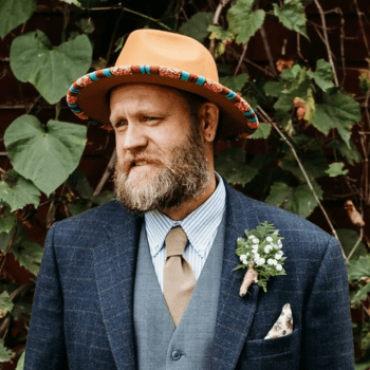

The M’s mission is to explore American identities and experiences through art and creativity. The M’s vision—from its perch in the middle of the country and at the heart of a diverse city—is that it can inspire understanding and our common humanity through the power of art, artists, and community engagement. Today, the M uses a collaborative curatorial and programming model centered on creative exchange and co-creation with artists, culture bearers, and communities with strong relationships with the region and who have historically and presently been excluded from many American art museums.
The M is one of the oldest visual arts organizations in Minnesota. It was founded in 1894 as the St. Paul School of Fine Arts, formally incorporated in 1927, and renamed the Minnesota Museum of Art in 1969. Today, the M is led by Executive Director Dr. Kate Beane and is a one-of-its-kind museum dedicated to community partnerships and a co-curation model. The M’s collection consists of more than 5,000 works of art, exploring American art of the 19th century to the present, particularly that of Minnesotan and regional artists. The M stewards and activates the collection through co-created exhibitions and programming that ensure the public can view and engage with the collection in new ways. The M also continues to build the collection in order to shed light on underexplored aspects of the American experience, with a focus on work by women, mid-century craft, and artists of color. The M’s physical hub, which is free to all, is located in the heart of downtown St. Paul. Currently, their exhibitions also grace local several nearby skyways.
Jerome Foundation supports the M’s commissioning and exhibition opportunities for early career artists. Opportunities for early career artists at the M include exhibitions, public art, teaching opportunities, commissions, and M’s permanent art collection acquisitions. The M invites early career artists to partner directly, focusing primarily on the quality of deep relationships and multiple engagements with artists. The M’s approach is typically not a one-time project but an ongoing investment in an artist and their development. The work of early career artists is featured throughout the museum from flexible spaces, such as the M’s window galleries and skyways, to curated exhibitions to the M’s permanent collection.
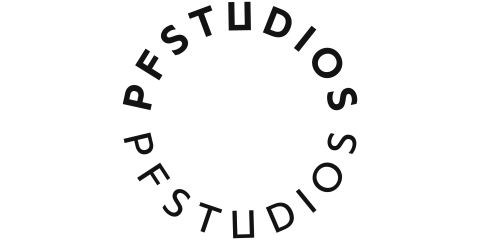
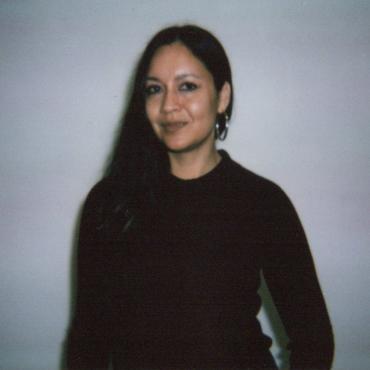
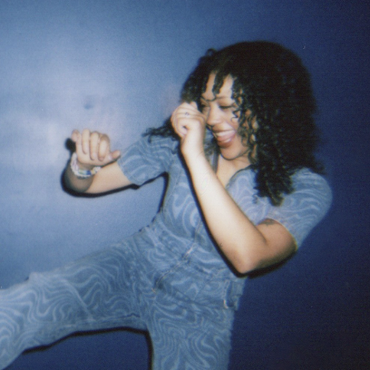
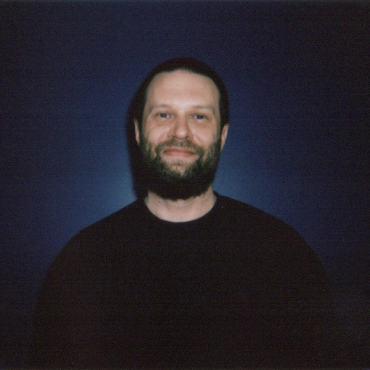
Public Functionary (PF) is an artist-led space to dream and live in a world where multi-faceted identities are celebrated and centered. It is a place where creative production is reparative and generous. PF’s mission is to support the expression of art and culture through studios, galleries, and performance space; PF pours into an abundant community of practice, where possibility is seen in relationship to each other.
Public Functionary was founded in 2012 by Tricia Heuring and Mike Bishop as a "responsive art space” in Northeast Minneapolis, to be a more inviting and inclusive visual art space in the Twin Cities. Since then, PF has shifted dominant gallery culture by modeling a space that is flexible, dynamic, and high-quality while serving diverse artist communities. PF is a space for experimentation, creativity, new ideas, celebration, healing, and community growth. It built a reputation for trust and the prioritizing and centering of underrepresented artists. In 2019, PF Studios, an emerging artist studio program, was created in collaboration with artist Leslie Barlow as a subsidized BIPOC cooperative studio program in Northeast Minneapolis Art District’s Northrup King Building. PF Studios has grown to a cohort of 26 early career visual artists in residence, supported with affordable space, mentorship, workshops, and economic opportunity. The PF galleries present curated exhibition and event programming by their artist-led team, as well as collaborations with PF’s broader creative community.
Jerome Foundation supports Public Functionary’s PF Studios Incubator Residency program. Led by PF Studios Director Leslie Barlow, the PF Studios program is a practice-based platform for artists to develop their craft and skills in relationship with other artists. Centering early career artists who identify as Black, Indigenous, people of color, queer, trans, and gender fluid, the Incubator Residency accommodates 8 early career artists simultaneously over the course of 1–2 years. Participants receive a stipend; individual studio space as well as access to shared multipurpose spaces; monthly workshops with guest presenters; mentorship and regular meetings with PF Studios Director; cohort development through The Conversation Lab, a monthly platform open to all PF Studios artists; and supported exhibition opportunities both on-site and off-site.

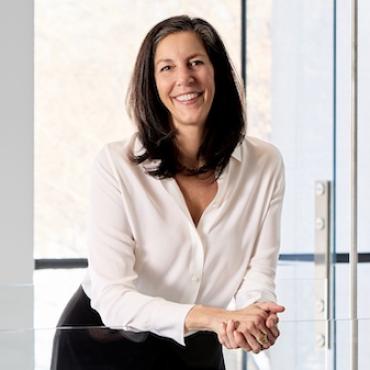
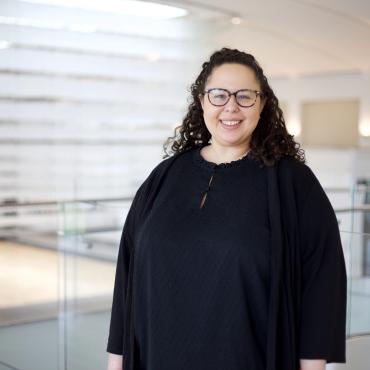
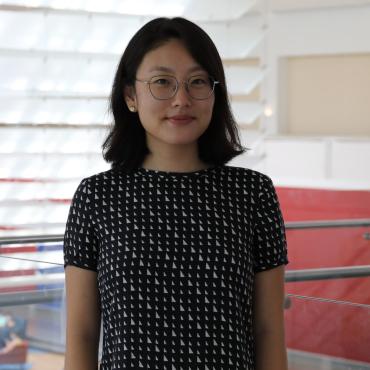
The Queens Museum (QM) is dedicated to presenting high-quality arts and educational programming that celebrates New York's cultural diversity, with a special focus on the residents of Queens—a uniquely international borough. The Museum’s work honors the rich history of their site and reflects the many voices of their neighborhoods through an integrated program of exhibitions, educational initiatives, and public events. The Museum’s programming combines global perspectives with hyperlocal narratives, creating a space where art, community, and culture converge. Queens Museum strives to be an inclusive and accessible institution that is welcoming to all, prioritizing deep collaboration with community members to ensure our exhibitions and activities resonate across generations.
Founded in 1972, the Queens Museum is located in the nation’s most culturally diverse county, on the grounds of the 1939-40 and 1964-65 and New York World’s Fairs, and in a building that formerly housed the United Nations from 1946 to 1950. Led today by Executive Director Debra Wimpfheimer, QM’s key focus areas are:
- inclusive programming including offering diverse educational programs and workshops for all age groups and cultural backgrounds, with materials available in multiple languages
- community engagement through collaborating with local organizations, schools, and artists to co-create exhibitions and events that highlight community stories
- exhibitions by artists at key stages of their development, and programs such as hosting fellowships and residencies
- accessible facilities which ensure that the Museum is physically accessible to all, with specialized resources for visitors with disabilities, including tactile exhibits and audio guides
- hands-on experiences including designing interactive spaces that promote creative play and foster curiosity for families and children
Jerome Foundation supports the Queens Museum’s QM–Jerome Foundation Fellowship for Emerging Artists program. Led by curators Lindsey Berfond and Sarah Cho, the goal of this Fellowship is to uplift and support the practices of local early career artists at critical moments in their career through the unique institutional resources and programmatic connections available at QM. The QM-Jerome Foundation Fellowship annually invites two visual artists based in the five boroughs of New York City to receive financial support, professional development consultations, close mentorship from QM staff members, and a solo exhibition culminating their time in residence.

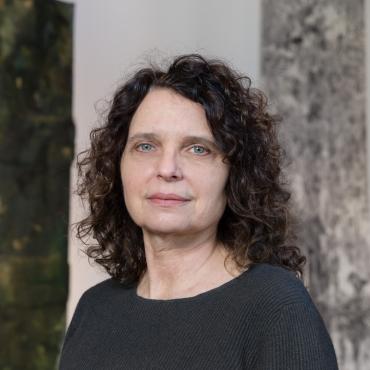
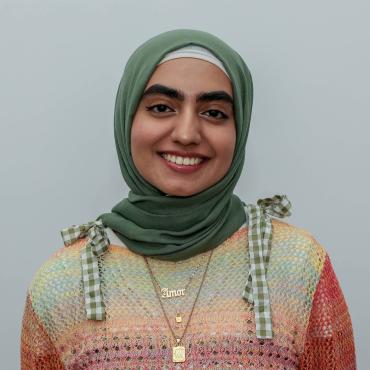
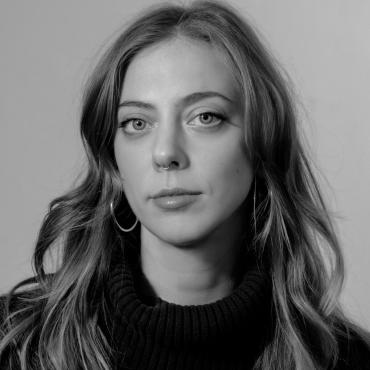
Smack Mellon is a nonprofit arts organization located in DUMBO, Brooklyn. Smack Mellon’s mission is to nurture and support emerging, under-recognized mid-career, and women artists in the creation and exhibition of new work by providing exhibition opportunities, studio workspace, and access to equipment and technical assistance for the realization of ambitious projects. Smack Mellon sees itself as a vehicle whereby under-represented artists can create, explore, and exhibit their creative ideas outside the concerns of the commercial art world, offering many artists the exposure and recognition they deserve.
Smack Mellon was founded in 1995 by Andrea Reynosa and Kevin Vertrees with a wealth of creative and technical support from David Baskin, James Hong, and Tommy Bordonaro. Kathleen Gilrain joined Smack Mellon as Executive Director & Chief Curator in 2000. From 1996–2004, Smack Mellon evolved to present exhibitions in dynamic spaces throughout the DUMBO neighborhood, thanks to generous space donations from the Walentas Family and Two Trees Management. In 2005, Smack Mellon moved into its current home at 92 Plymouth Street, a converted 1880s boiler house that originally produced steam, providing heat and power to other facilities in the neighborhood. Today, Smack Mellon is a unique cultural space that provides free admission to museum-scale contemporary art exhibitions, studio workspaces, and educational and public programs.
Jerome Foundation supports Smack Mellon’s Artist Studio Program. Launched in 2000 in response to the crisis of available affordable space for artists in New York City, the Artist Studio Program supports artists from historically underrepresented racial, cultural, or economic backgrounds, prioritizing those who identify as women, transgender, or non-binary. Overseen by Programs & Events Manager Maryam Chadury, the program provides six early career New York City-based artists working in all visual arts media a stipend; a free private studio space accessible 24/7; access to three shared spaces: a media lab, a fabrication shop and a kitchen; equipment for artists to use in their studios, as well as for presenting work to the public and during private studio visits; and technical support to aid artists in the creation of new work. Throughout the year-long residency, Smack Mellon coordinates 20–30 studio visits with NYC arts professionals; and two public Open Studio events are held each year, offering artists the chance to expand their creative communities.
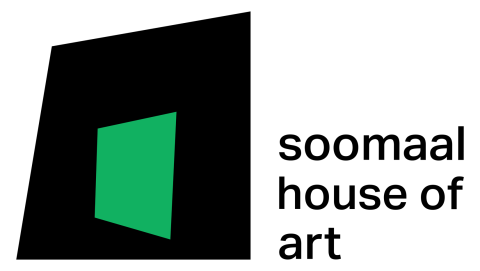
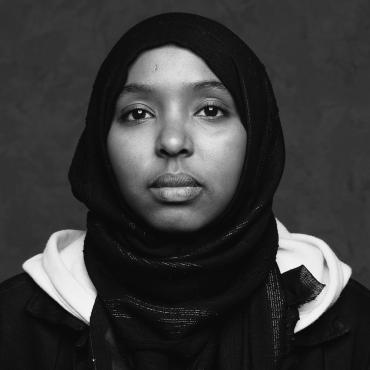
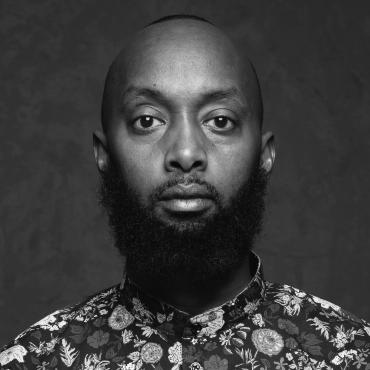
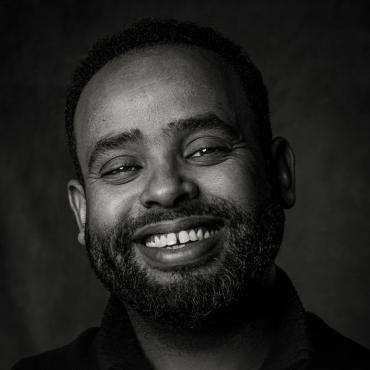
Soomaal House of Art (Soomaal) is a Minnesota-based Somali artists collective that works with students, emerging, and established artists find artistic community, mentorships, and opportunities. Soomaal provides a platform for Somali visual artists who want to create and use art to shape and frame critical discourse around vexing local and global issues of our time. Soomaal’s mission is to create more equitable experiences for Somali-American artists in the greater arts ecosystem and amplify their voices in the Somali community of Minnesota and beyond.
Founded and co-led by Khadijah Muse, Mohamud Mumin, and Kaamil A. Haider, Soomaal House of Art was founded by Somali artists for Somali artists to amplify the lived experiences of the Somali-American community in Minnesota. Through programming that creates opportunities for artists to exhibit their work and engage interpersonally with their audiences, Soomaal aims to create sustained partnerships with Minnesota institutions and to inspire all Minnesotans, especially Somali Minnesotans, to harness the power of art as a tool for intellectual and civic engagement. Soomaal House of Art envisions a future where a career in the arts is accessible and viable for their youth, and the scope of the arts, archives, and cultural sectors in Minnesota includes contemporary Somali-American art(ists).
Jerome Foundation supports Soomaal House of Art’s Aragti Wadaag Residency for early career Minnesota-based Somali-American visual artists. Soomaal’s work with Somali early career artists centers on providing quality arts programming because access to professional development has historically been disproportionate; the state of Minnesota has one of the worst racial disparities in the nation, and the arts are no exception. To create more equitable experiences for these artists and amplify their voices, Soomaal provides them with opportunities to gain skills, create, connect, and share their stories. The Aragti Wadaag Residency provides four selected artists annually with a stipend; access to Soomaal’s facilities, including equipment and materials; guidance from established artists; writing workshops; an exhibition at the Soomaal gallery; opportunities for community engagement; and a catalog including images and text on each artist’s work.

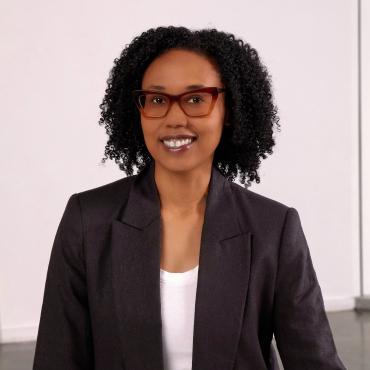
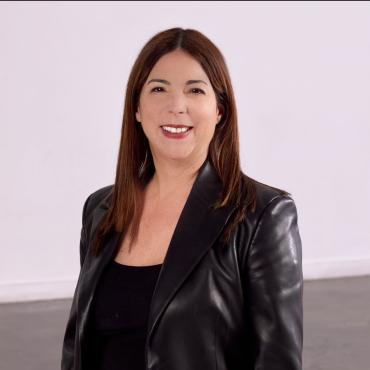
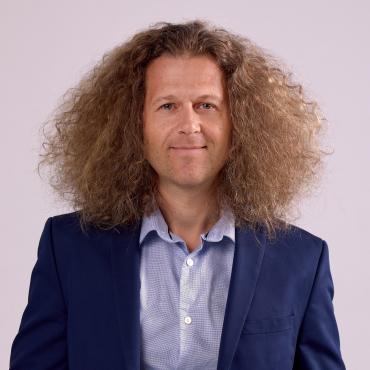
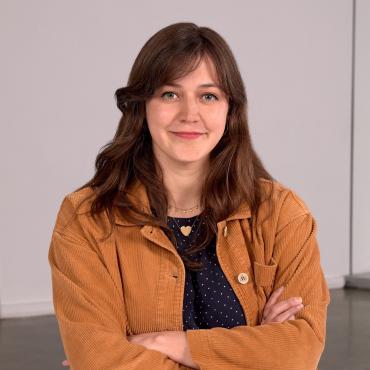
For over five decades, The Bronx Museum of the Arts (“The Bronx Museum”) has been a vanguard of cultural diversity and accessibility in the contemporary art world. The Museum offers 100% free admission for everyone to all its exhibitions and programs, providing a vital creative outlet to the public. Through its curatorial practices, including a permanent collection, the Museum seeks to champion and promote artists who have been systemically and historically marginalized. The history and culture of The Bronx are a never-ending source of inspiration for the Museum, and its programs are designed to facilitate meaningful engagement with the people of the borough while also attracting visitors from all over New York City and the world. The Bronx Museum is a leader in the cultural sphere with its unwavering commitment to access, dedication to platforming underrepresented artists, and dynamic community-engaged programming.
The Bronx Museum is currently co-led by Deputy Director, Shirley Solomon and Chief Advancement Officer, Yvonne Garcia. A publicly-funded transformative renovation of the Museum is underway and expected to open in 2026. The Museum remains partially open during construction with a major gallery, flexible program spaces, an outdoor terrace, and an entire floor dedicated to education programs and classrooms. The completed renovation project will create the world-class arts facility that the South Bronx deserves and the Museum needs to further its programming.
Jerome Foundation supports The Bronx Museum’s AIM Fellowship program. Led by Patrick Rowe, Director of Education and Public Engagement, and Nell Klugman, Associate Director of Education and Public Engagement, AIM is The Bronx Museum’s free career accelerator program that serves 14 early career New York City-based visual and interdisciplinary artists per cycle. Fellows are selected for the program through a competitive open-call application process. The Fellowship takes place over 9 months through 34 weekly, 2-hour seminars with a distinguished faculty of arts professionals. AIM is designed to promote equity, focusing on networking and practical career-building skills, and offering insider perspectives and promotional strategies that have often been inaccessible to members of historically marginalized groups. The capstone of the program is a free public convening focused on artist career development that is designed and co-facilitated by the outgoing cohort of Fellows. Additionally, following individual studio visits with each AIM Fellow, a signature culmination of the program is the AIM Biennial, a thematic group exhibition organized by The Bronx Museum’s curatorial staff. The AIM Biennial is often an artist’s first Museum exhibition.
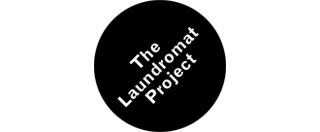
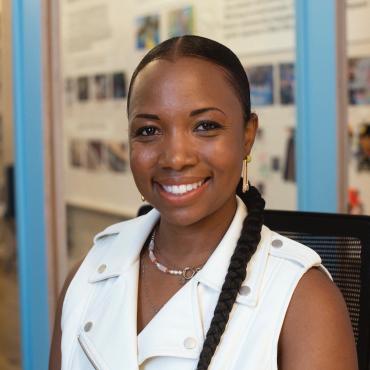
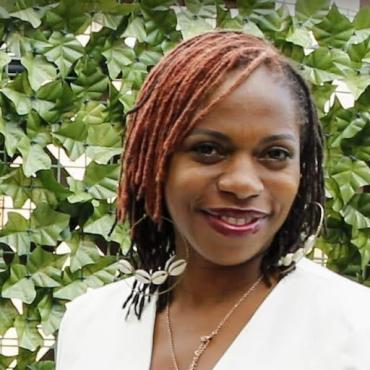
The Laundromat Project advances artists and neighbors as change agents in their own communities. The LP envisions a world in which artists and neighbors in communities of color work together to ignite personal and community transformation through creative engagement. The LP makes sustained investments in growing a community of multiracial, multigenerational, and multidisciplinary artists and neighbors committed to societal change through artistic expression, community building, knowledge exchange, leadership development, and advocacy for social impact.
The Laundromat Project’s roots reach back to 1999: The LP founder, Bed-Stuy resident Risë Wilson’s original idea was to meet people where they already were and use art as a tool for turning strangers into neighbors. The LP was incorporated in 2005 and officially became a nonprofit in 2010. Following a decade of leadership from Kemi Ilesanmi, The LP is currently led by Executive Director Ayesha Williams. The idea of a laundromat as a primary place for engagement has expanded over time. It now serves as a metaphor for a variety of settings in which artists and neighbors transform their lives and surroundings. The LP’s programming has evolved to take place in community gardens, public plazas, local cultural organizations, and other places where people gather. The LP now also has a long-term storefront community space in Bed-Stuy. They achieve their mission through the Create Change (CC) artist development program, which connects socially engaged artists and communities via artist residencies and fellowships, and their place-based community programs in Central Brooklyn, which combine art-making, community building, and direct engagement activities and initiatives.
Jerome Foundation supports The Laundromat Project’s Create Change Residency program. The Create Change Residency program supports the development of participatory and community-attuned creative projects by early career New York City-based artists of color working within their communities. Projects may occur anywhere in the five boroughs, in person or virtually, across various community sites, from laundromats and urban gardens to playgrounds and community centers. Overseen by Director of Programs, Catherine Mbali Green-Johnson, the residency is a year-long program and supports 5 artists annually. Artists-in-Residence are expected to develop collaborative projects in-community through partnerships and engagement with neighbors, local stakeholders, and community organizations. The Residency offers an honorarium and project production support, a series of workshop sessions taken alongside the Create Change Fellows, monthly cohort coaching sessions, and professional development mentorship.
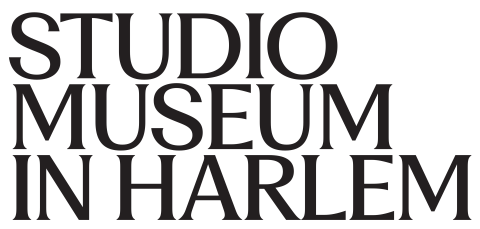

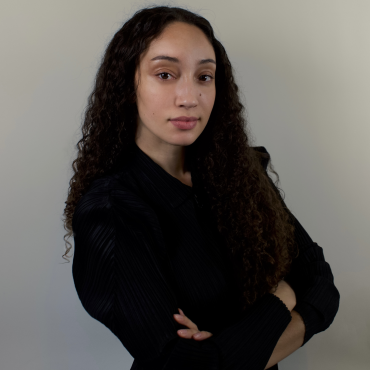
The Studio Museum in Harlem is the nexus for artists of African descent locally, nationally, and internationally and for work that has been inspired and influenced by Black culture. It is a site for the dynamic exchange of ideas about art and society.
Born out of an urgent need amid the political, social, and cultural ferment of the 1960s, the Studio Museum in Harlem was founded in 1968 by a diverse group of artists, community activists, and philanthropists who came together to address the exclusion of artists of African descent from mainstream museums, commercial art galleries, academic institutions, and scholarly publications. The institution secured a space with a central aim to play a crucial role in pivoting the artistic canon and making space for artists in Harlem. Today, under the leadership of Director and Chief Curator Thelma Golden, the Studio Museum’s permanent collection represents more than 700 artists, spans 200 years of history, and includes nearly 9,000 works of art. The Studio Museum will be opening the first building in its history created expressly for the needs of the institution and its communities in fall 2025. The new building occupies the site on West 125th Street on which the Studio Museum has been operating since 1982 and will provide extensive exhibition, education, and program spaces and public amenities supporting the Studio Museum’s commitment to artists, audiences, and the Harlem community.
Jerome Foundation supports Studio Museum in Harlem’s Artist in Residence program. Every year, the Museum offers an eleven-month residency for three local, national, or international visual artists of African and Afro-Latinx descent working in any media. Program offerings include institutional guidance and professional development, research support, studio space, and a stipend paid out over the course of the residency. The Artist-in-Residence program culminates each year with an exhibition of new works by the artist cohort that were completed during their residency. Overseeing the Artist-in-Residence program is Yelena Keller, Assistant Curator at The Studio Museum in Harlem, who has worked closely with the foundational Artist-in-Residence program for the last five years.
